- Home
- IVD
- By Technology Types
- By Diseases Types
- By Product Types
- Research
- Resource
- Distributors
- Company
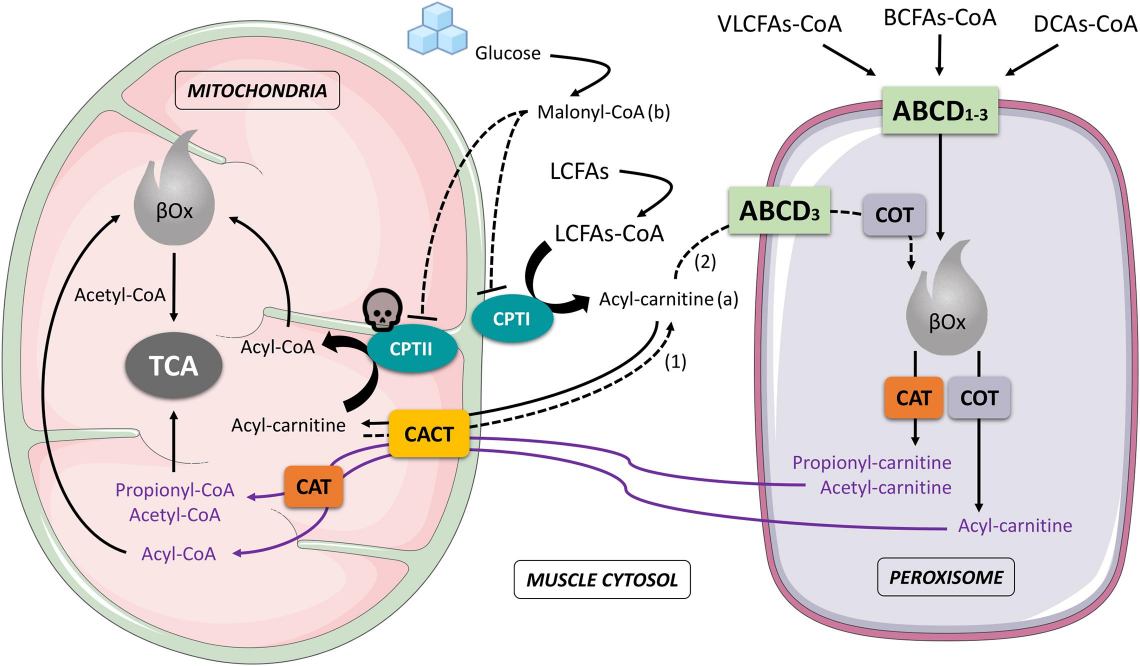
Carnitine palmitoyltransferase II (CPT II) deficiency is a rare, inherited disorder of mitochondrial long-chain fatty acid oxidation. Prompt and accurate diagnosis is crucial for preventing life-threatening metabolic crises and guiding long-term management...
Learn More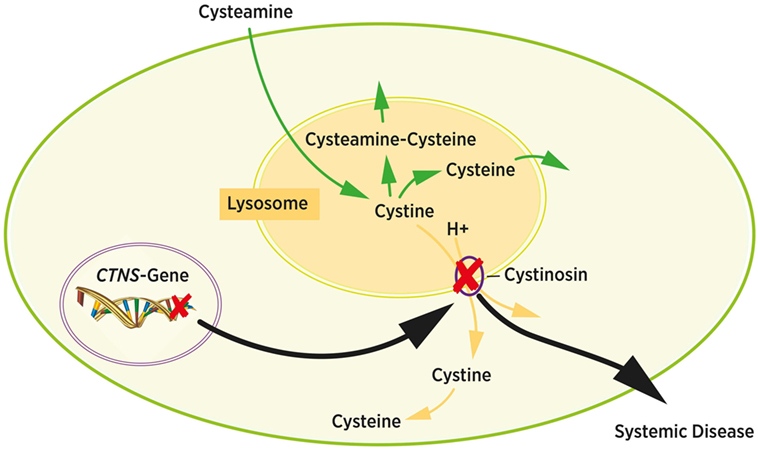
Cystinosis is a rare, inherited lysosomal storage disorder caused by mutations in the CTNS gene, leading to destructive cystine crystal accumulation across multiple organs. Timely and accurate diagnosis is critical to prevent irreversible renal failure and systemic complications...
Learn More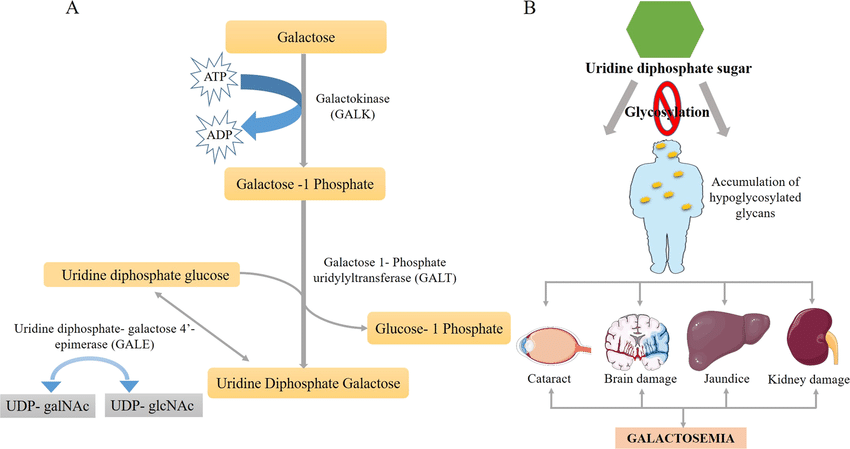
Galactosemia is a rare but critical inherited metabolic disorder where the body's inability to process galactose can lead to severe complications without early intervention. Precision in diagnosis is paramount, relying on a multi-faceted approach that integrates biochemical assays, genetic analysis, and ongoing metabolic monitoring. This article delves into...
Learn More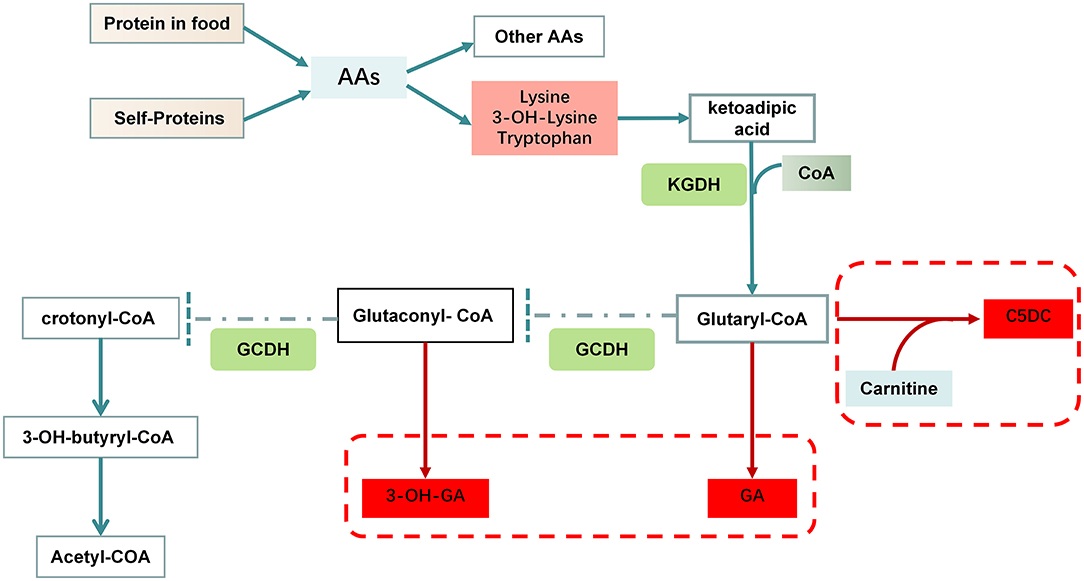
Glutaric acidemia type I (GA1) is a rare but devastating inherited metabolic disorder where timely diagnosis is the single most critical factor in preventing irreversible neurological damage. This resource provides...
Learn More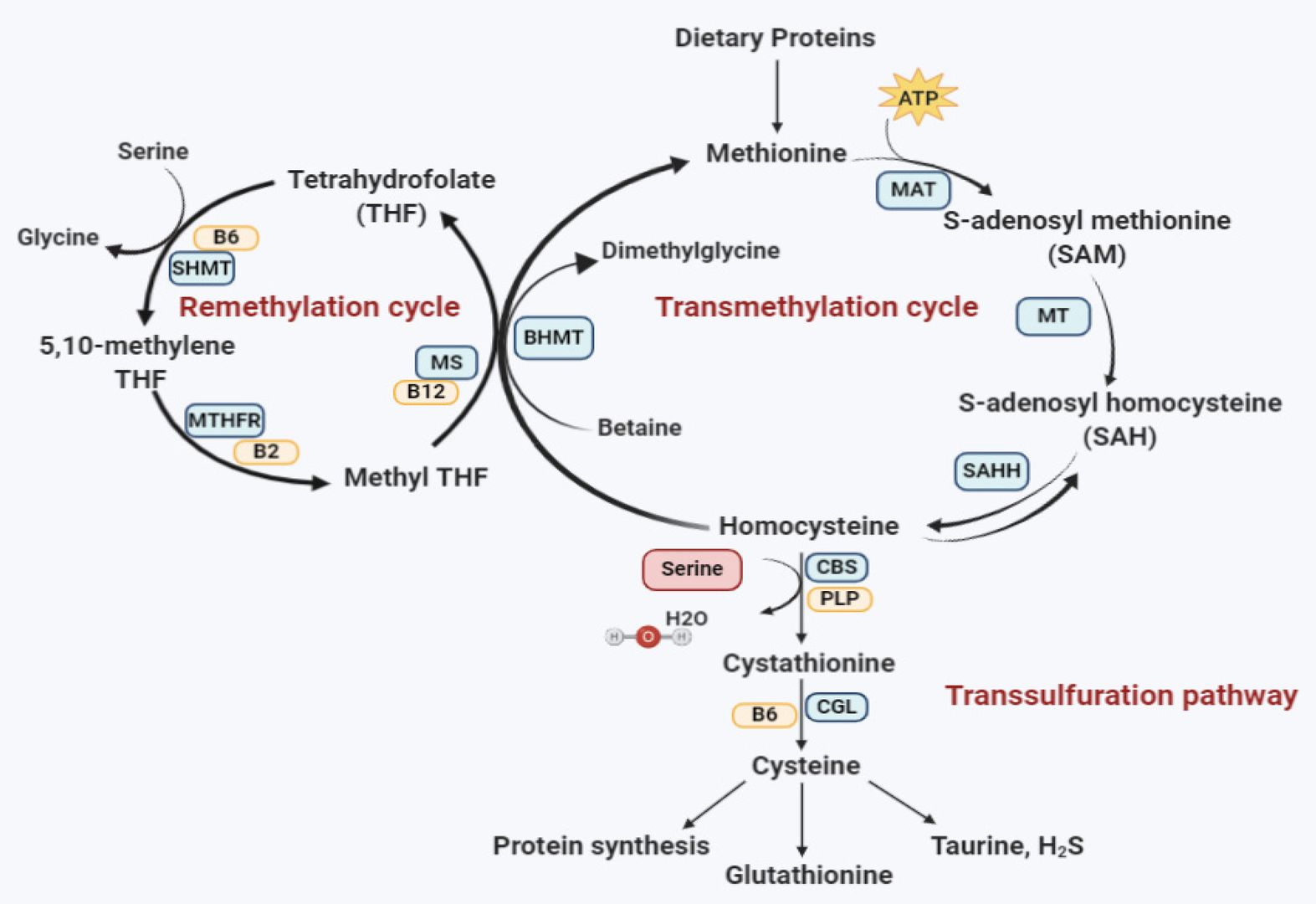
Homocystinuria represents a complex group of inherited metabolic disorders where accurate and early differential diagnosis is critical for implementing targeted interventions to prevent severe thrombotic, neurological, and ocular complications...
Learn More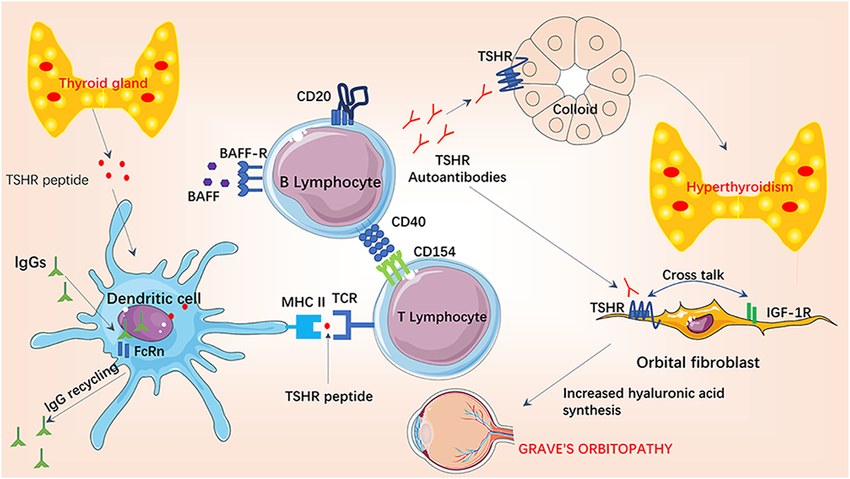
Graves' disease is an autoimmune disorder and the leading cause of hyperthyroidism. This resource details its integrated diagnostic approach, beginning with recognizing clinical signs and proceeding through a definitive laboratory pathway to confirm the diagnosis and rule out other conditions...
Learn More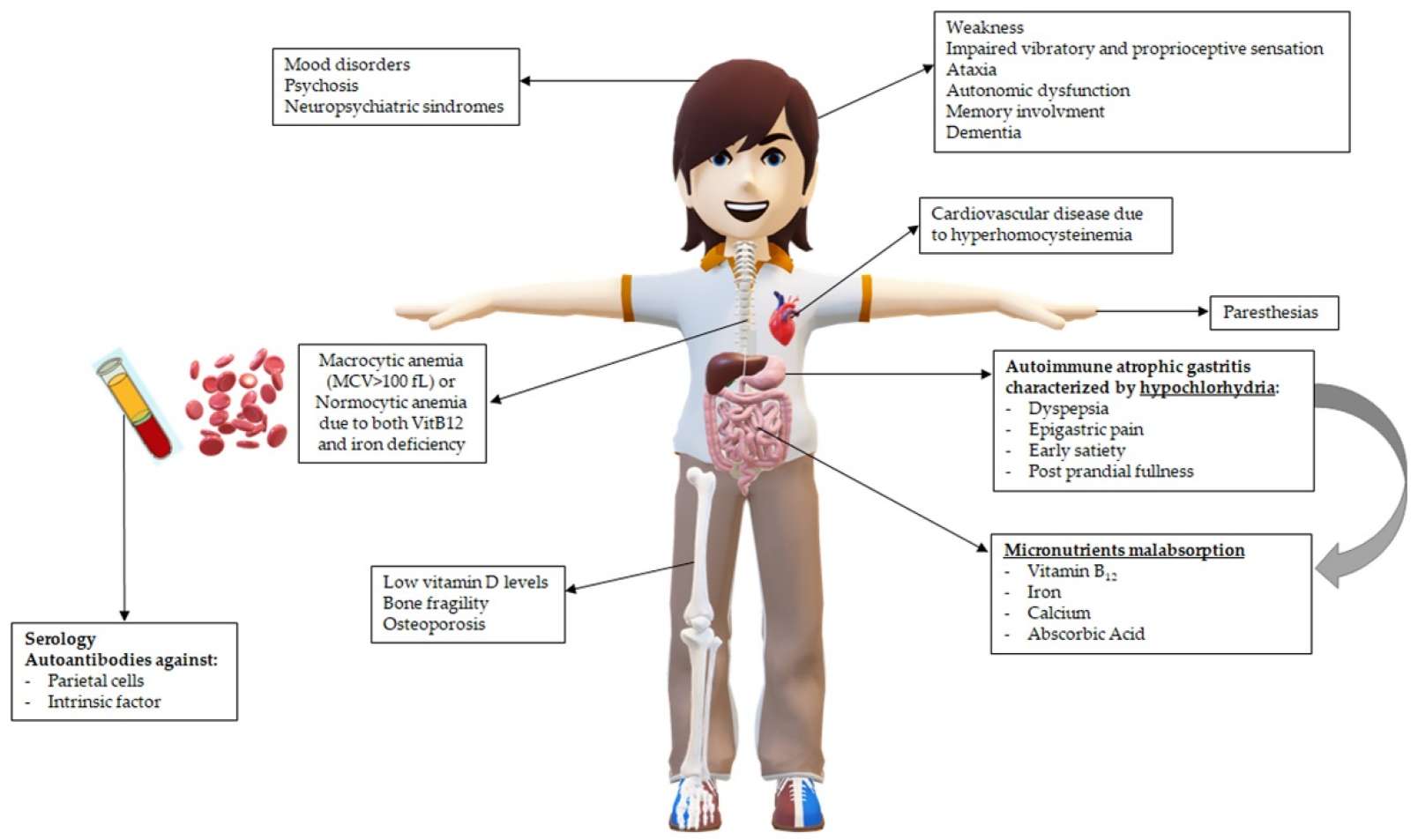
Pernicious anemia is an autoimmune disorder that leads to severe vitamin B12 deficiency through the destruction of gastric intrinsic factor. This resource provides a comprehensive guide to its modern diagnosis, detailing the essential laboratory pathway from initial suspicion—based on hematologic and neurologic symptoms...
Learn More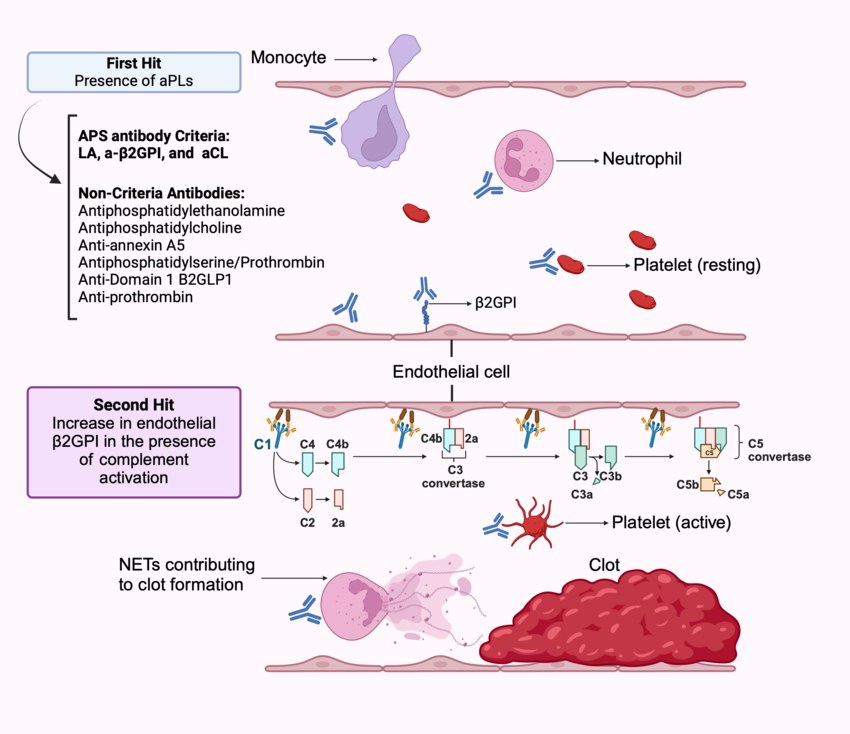
Antiphospholipid syndrome (APS) is an autoimmune disorder characterized by blood clots and pregnancy complications, diagnosed through the integration of specific clinical events and persistent laboratory findings. This resource decodes...
Learn More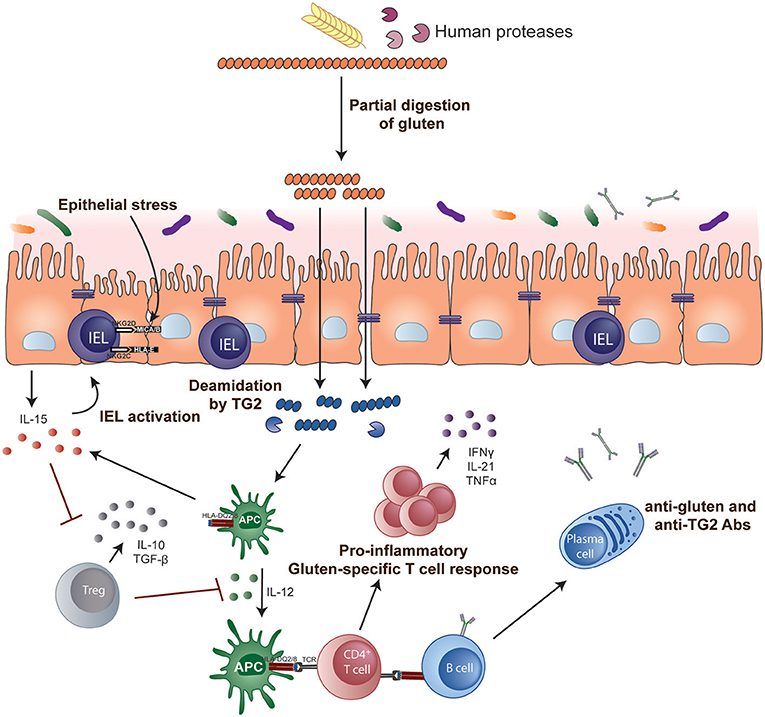
Celiac disease is an autoimmune disorder triggered by gluten that requires a specific two-step process for accurate diagnosis. This resource details the established...
Learn More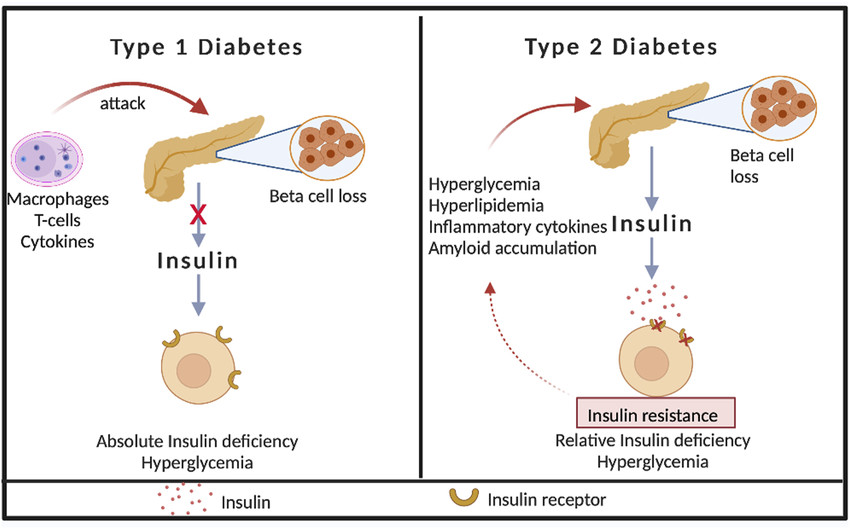
Type 1 diabetes (T1D) is an autoimmune disorder characterized by the destruction of insulin-producing β-cells, leading to lifelong dependence on exogenous insulin. Accurate and early diagnosis is critical to prevent acute complications like diabetic ketoacidosis and mitigate long-term vascular damage...
Learn More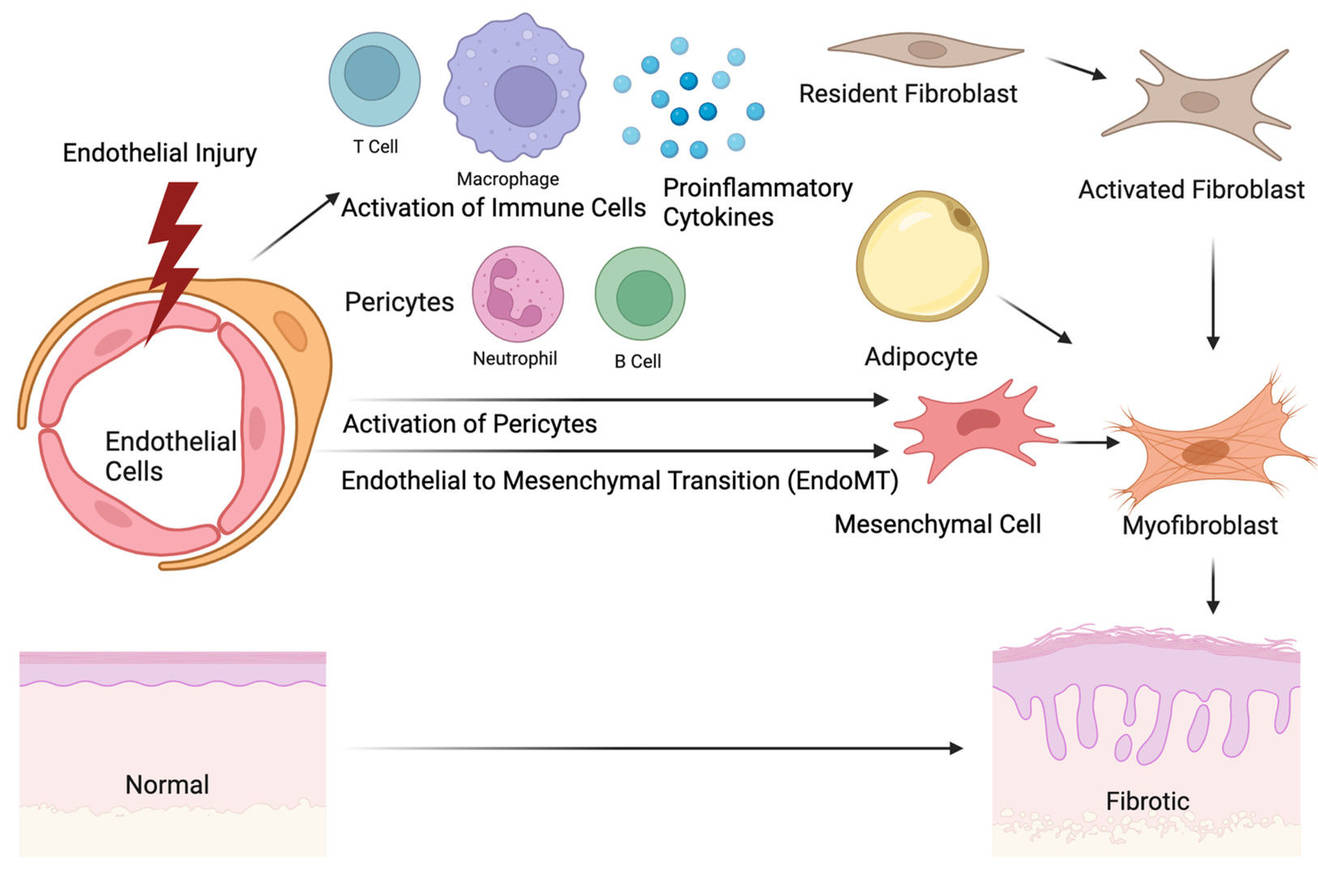
Systemic sclerosis (scleroderma) is a complex autoimmune disorder characterized by vascular dysfunction, fibrosis, and heterogeneous organ involvement, making early and accurate diagnosis critical for mitigating severe complications. This resource explores how modern diagnostics...
Learn More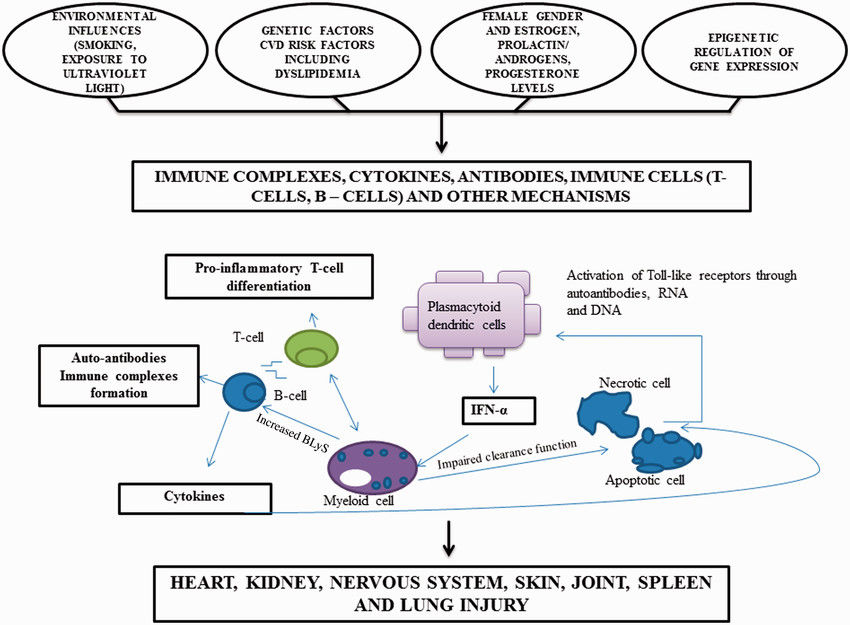
Systemic lupus erythematosus (SLE) is a complex and heterogeneous autoimmune disease whose diagnosis remains challenging due to its diverse clinical manifestations and significant overlap with other conditions. This resource provides a comprehensive exploration...
Learn More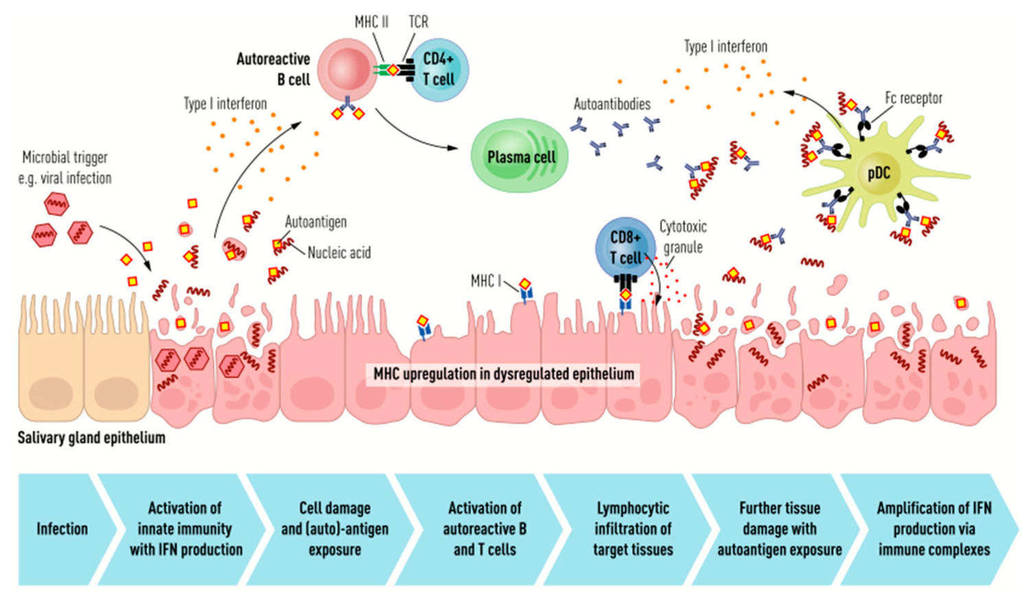
Sjögren's syndrome is a complex and often underdiagnosed systemic autoimmune disease. Accurate diagnosis presents significant clinical challenges due to the high degree of symptom overlap with other conditions...
Learn More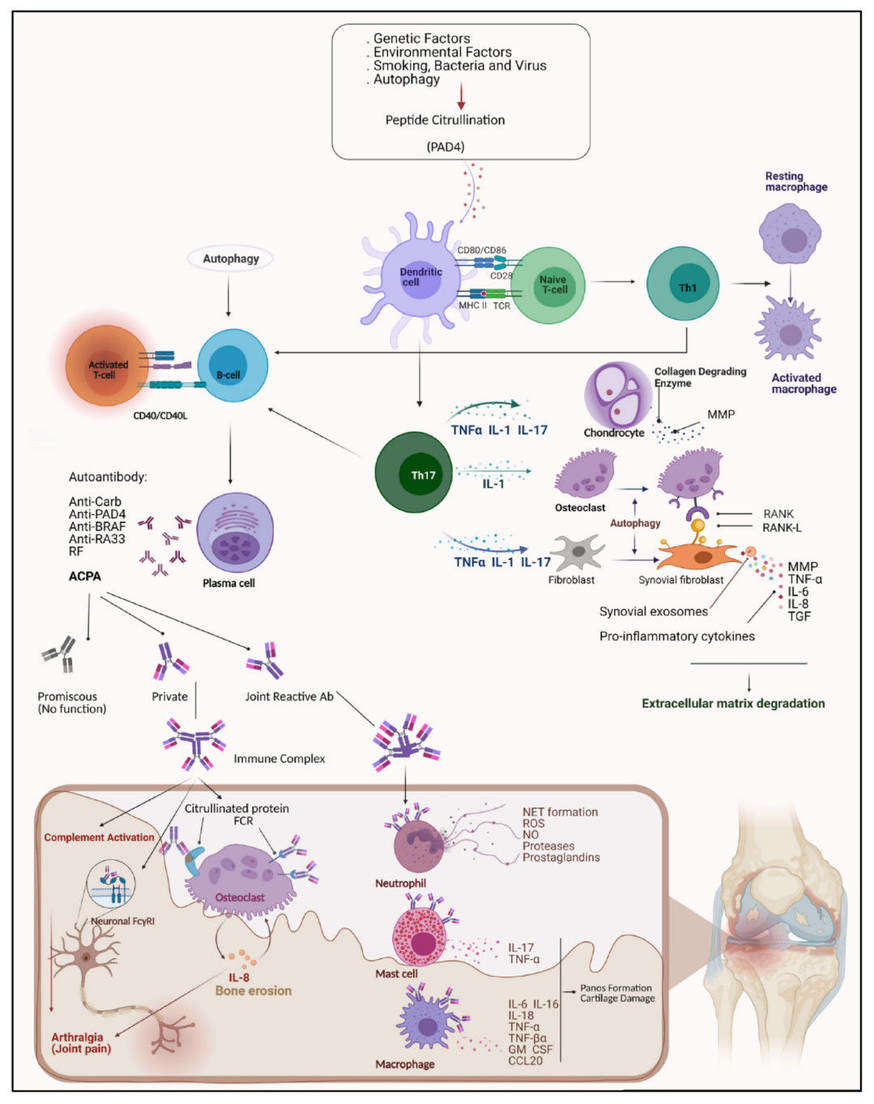
Navigating the path to a diagnosis of rheumatoid arthritis (RA) can be complex, as there is no single test that provides all the answers. Instead, clinicians piece together a puzzle using a combination of clinical evaluation, serological biomarkers...
Learn More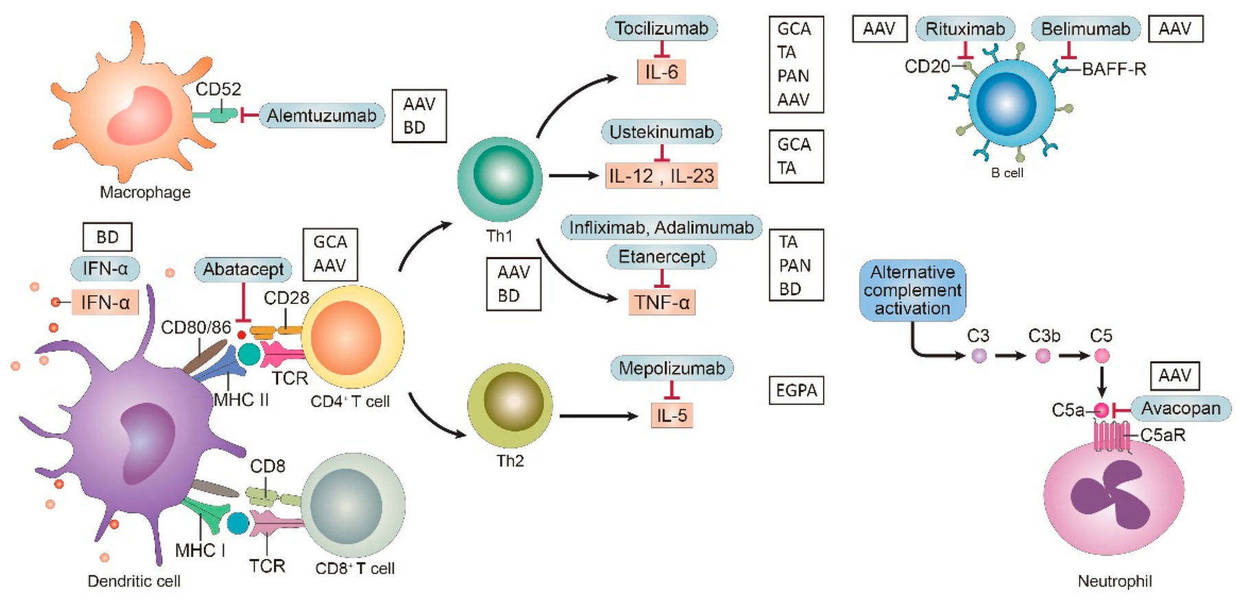
Polyarteritis nodosa (PAN) is a rare systemic necrotizing vasculitis targeting medium-sized arteries, whose diagnosis demands a meticulous multimodal approach integrating clinical suspicion, serological exclusion of mimics...
Learn More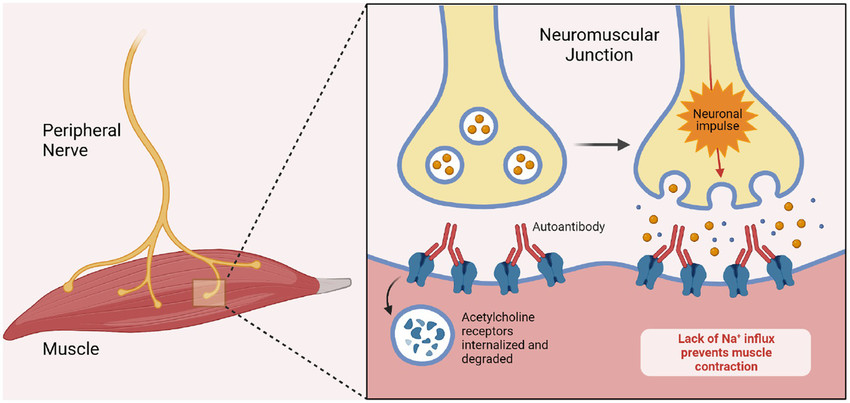
Myasthenia gravis (MG) is an autoimmune disorder characterized by fatigable muscle weakness, whose diagnosis requires a meticulous integration of clinical evaluation, serological profiling, and electrophysiological confirmation. This resource details the essential biomarkers...
Learn More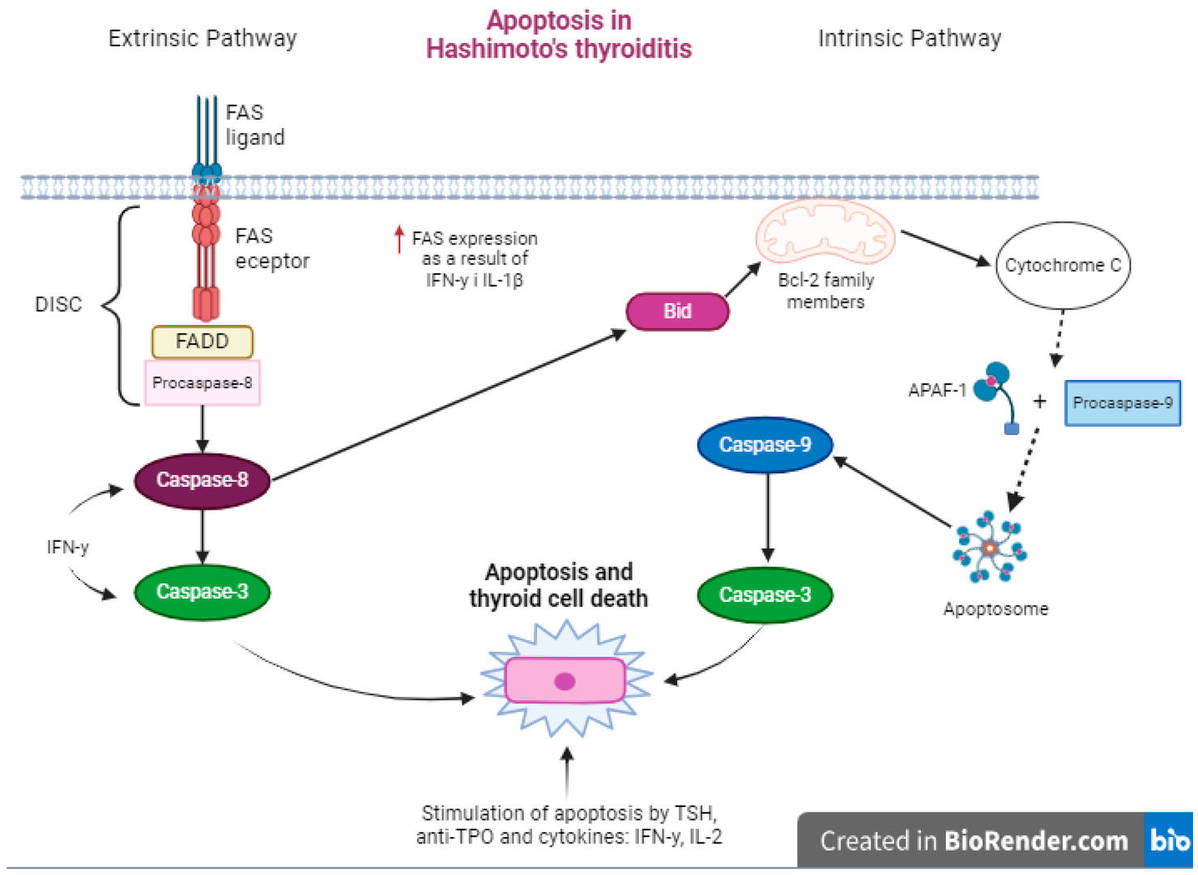
Hashimoto's thyroiditis, the leading cause of hypothyroidism globally, requires a multifaceted diagnostic approach integrating serological evidence of autoimmunity with functional assessment of thyroid impairment. This resource details the essential role of key biomarkers...
Learn More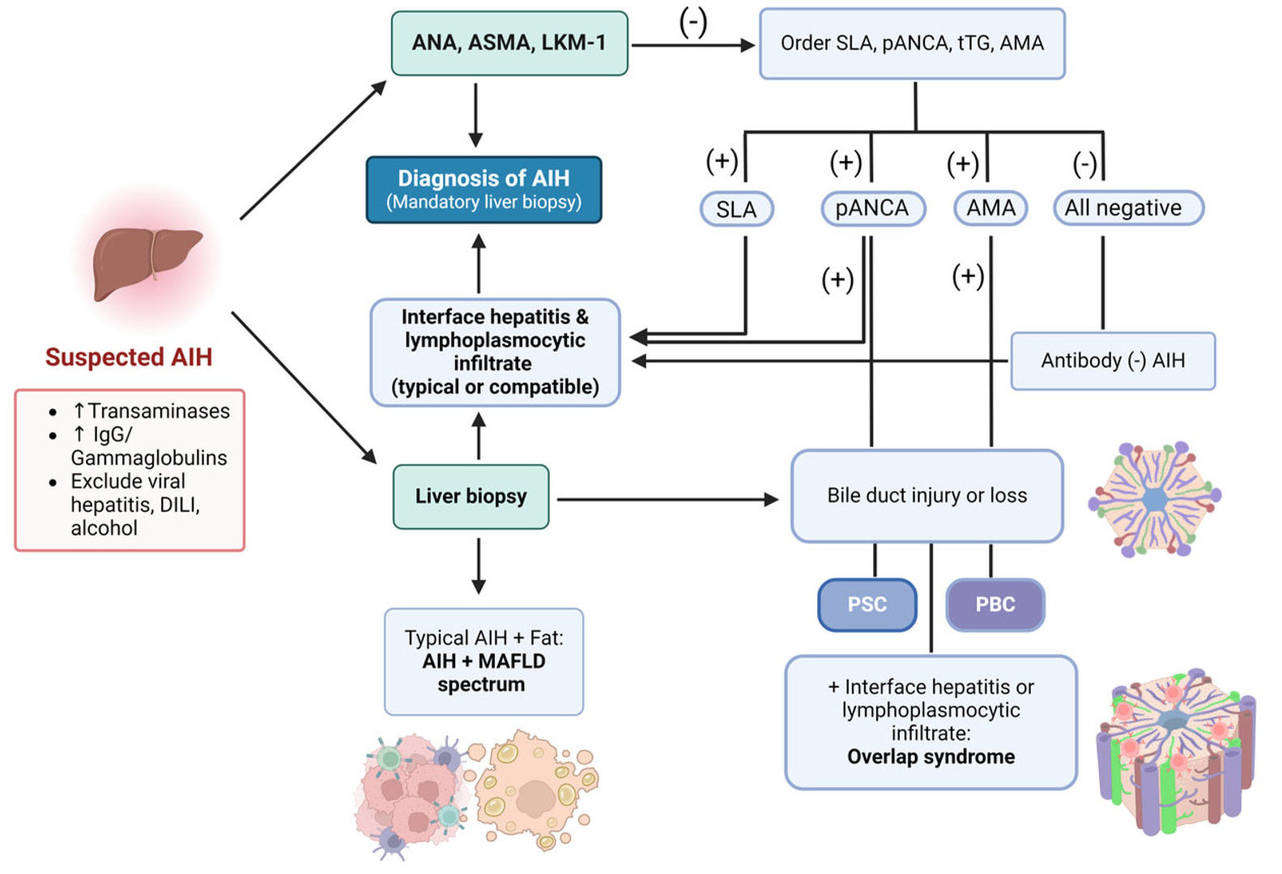
Autoimmune hepatitis (AIH) is a chronic inflammatory liver disorder whose diagnosis demands a meticulous synthesis of clinical, serological, and histological findings. No single test is sufficient; instead, confirmation relies on integrating elevated immunoglobulin G (IgG) levels...
Learn More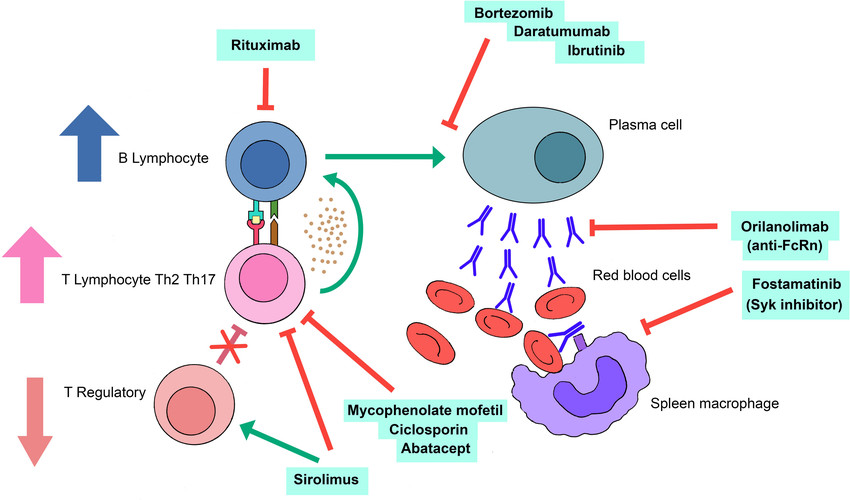
The diagnosis of autoimmune hemolytic anemia (AIHA) is challenging, requiring a meticulous, comprehensive approach rather than relying solely on a single test. This resource page provides an in-depth discussion of essential laboratory strategies...
Learn More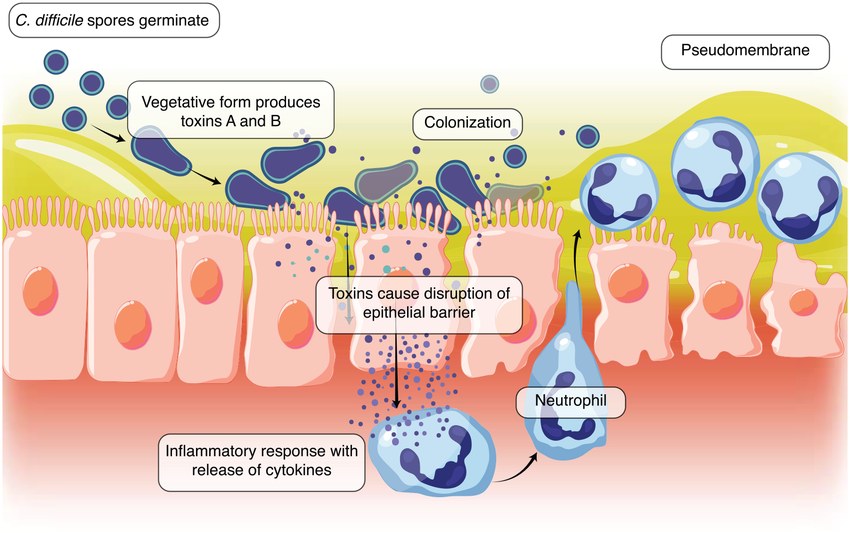
Clostridioides difficile infection (CDI) is a major cause of healthcare-associated diarrhea where accurate diagnosis is critical to distinguish active infection from harmless colonization. This resource provides...
Learn More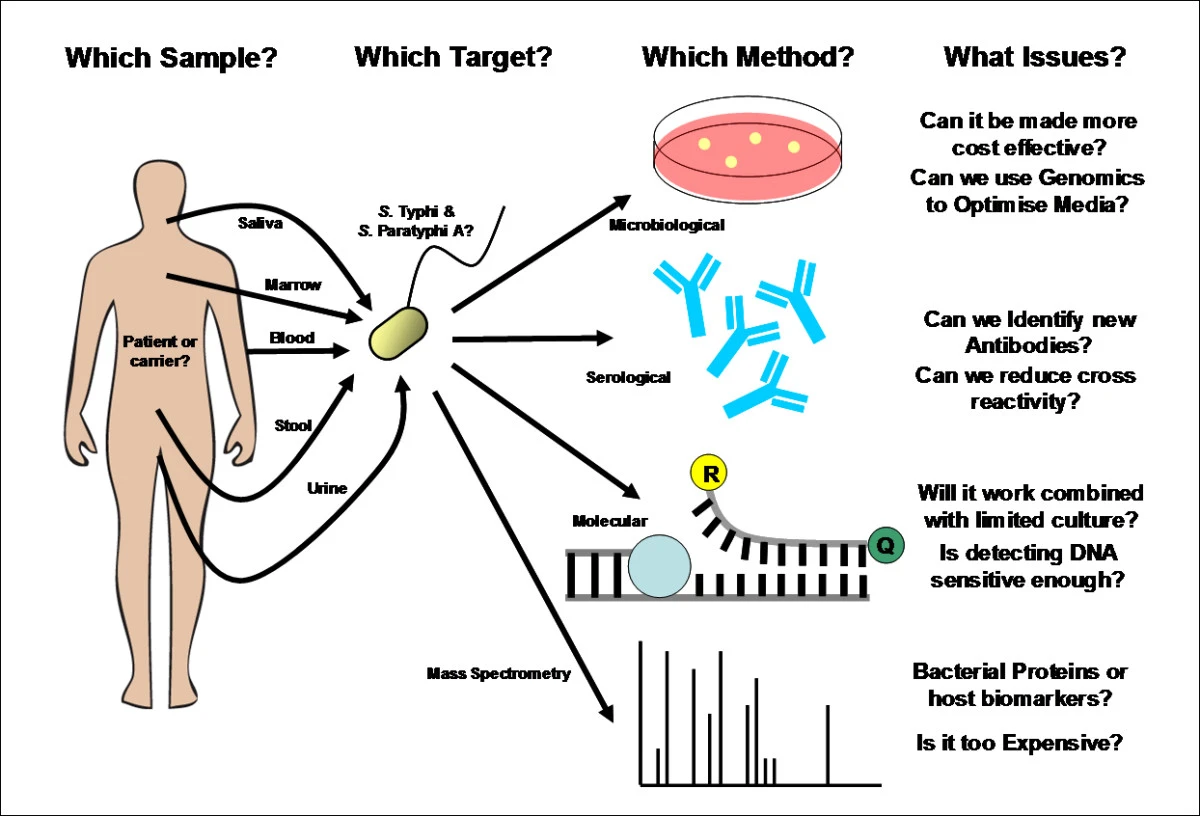
Typhoid fever is a serious systemic bacterial infection that requires precise laboratory confirmation for accurate diagnosis and effective treatment. This resource provides...
Learn More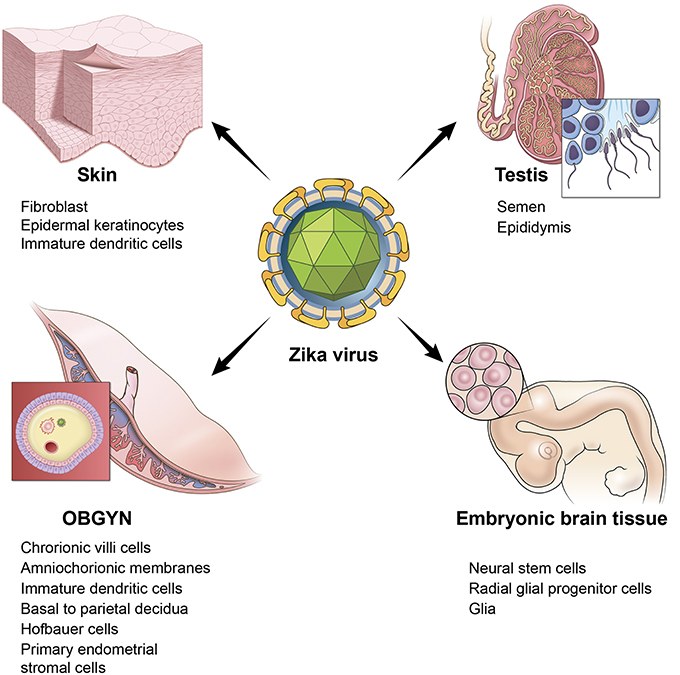
Zika virus infection is a mosquito-borne disease with significant public health implications, particularly due to its potential to cause severe birth defects. This resource provides...
Learn More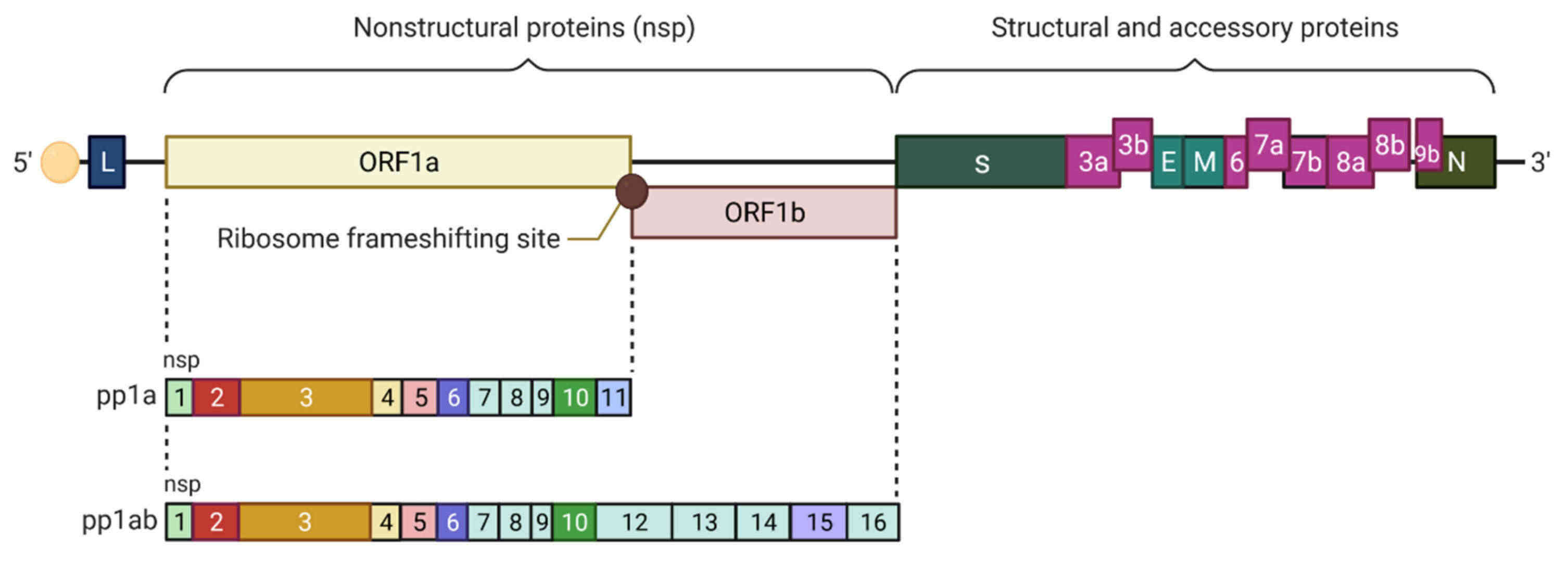
Severe acute respiratory syndrome (SARS) remains a pivotal case in epidemic response, highlighting the need for accurate and rapid diagnosis. This resource provides a comprehensive overview of SARS detection methods, including...
Learn More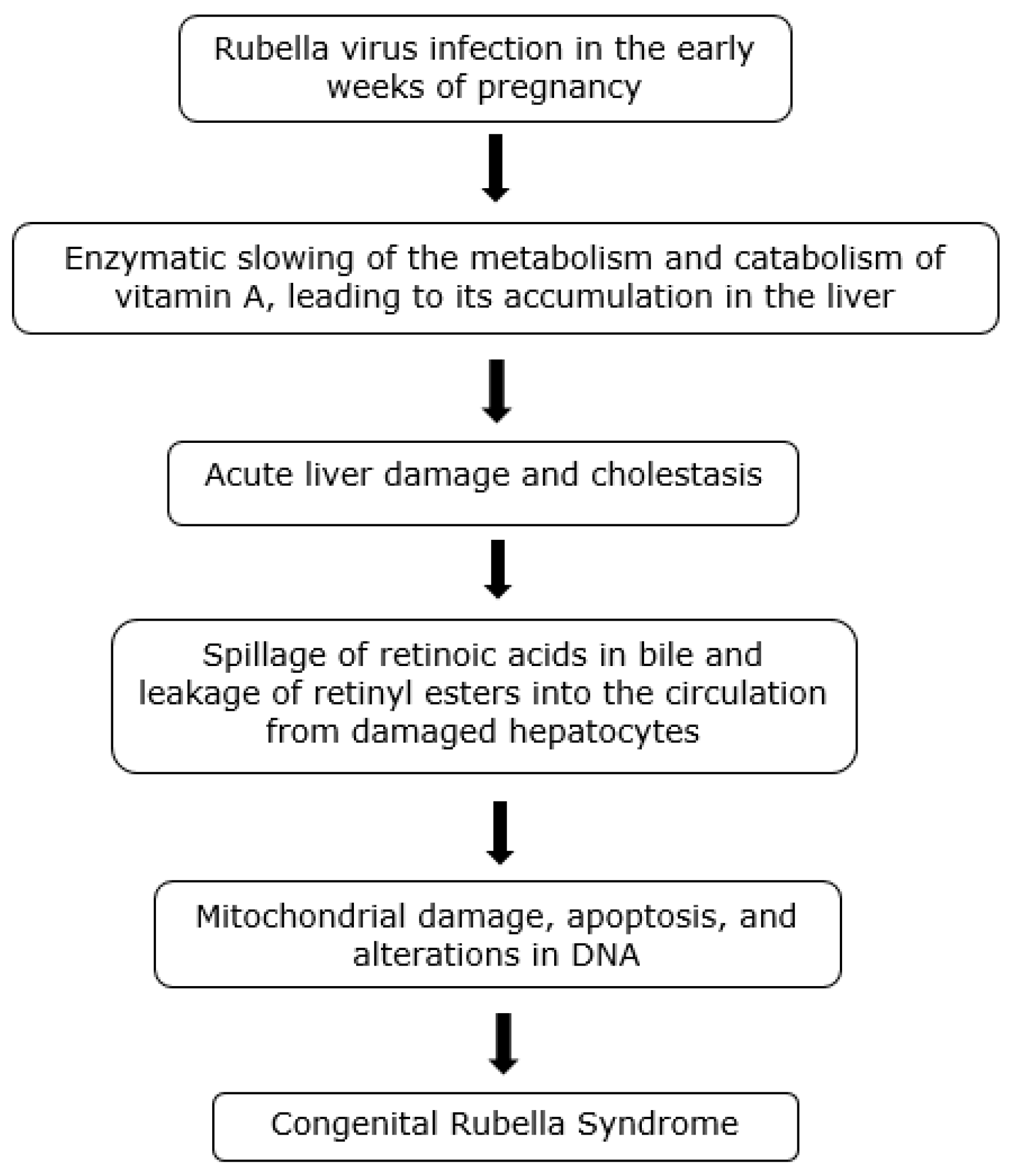
Rubella, though preventable, remains a global health threat due to its devastating consequences in pregnancy and challenges in differential diagnosis. This comprehensive resource provides laboratory professionals and public health teams with key insights into rubella detection methods...
Learn More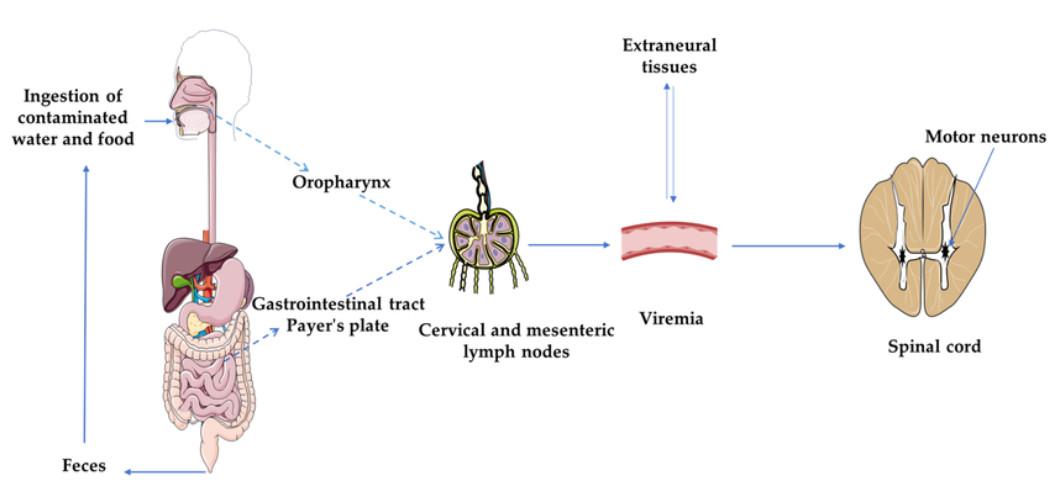
As the world advances toward global polio eradication, reliable laboratory diagnostics remain critical for identifying outbreaks, distinguishing wild-type from vaccine-derived strains, and guiding public health action. This comprehensive resource outlines...
Learn More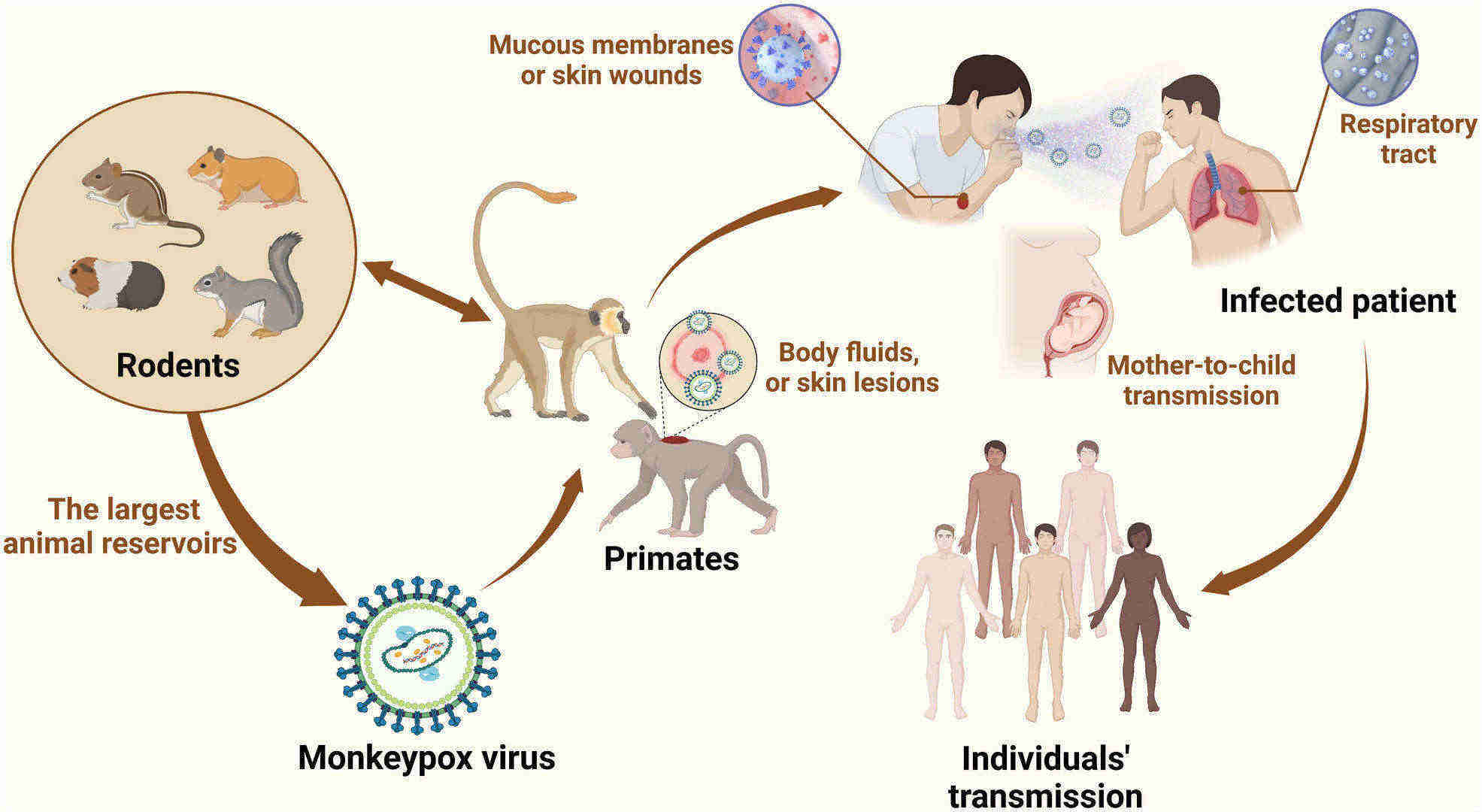
Accurate and timely diagnosis of monkeypox virus (MPXV) is critical for effective patient management and outbreak control. This resource provides a detailed overview of current diagnostic methods, including gold-standard molecular tests...
Learn More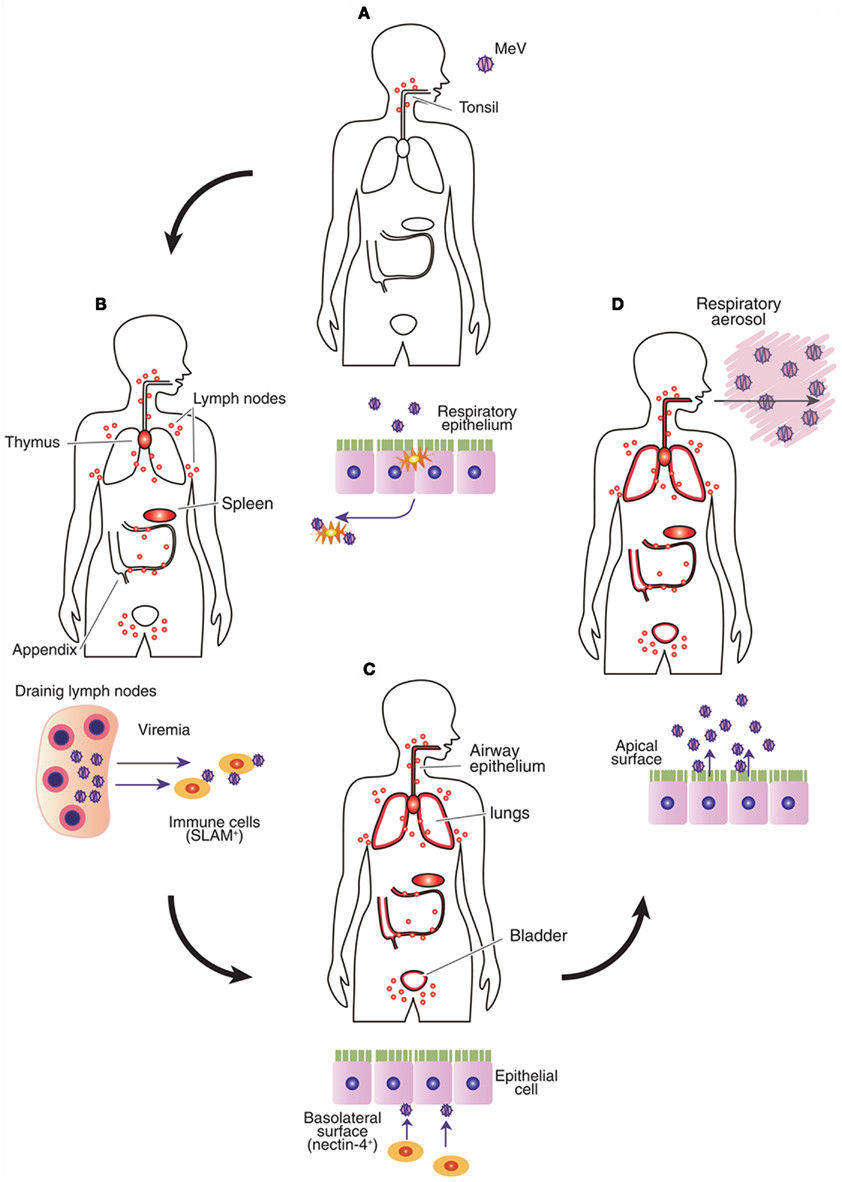
Morbilliviruses like measles (MeV) and canine distemper (CDV) threaten both human and animal health, requiring precise diagnostic solutions. This resource examines modern detection methods...
Learn More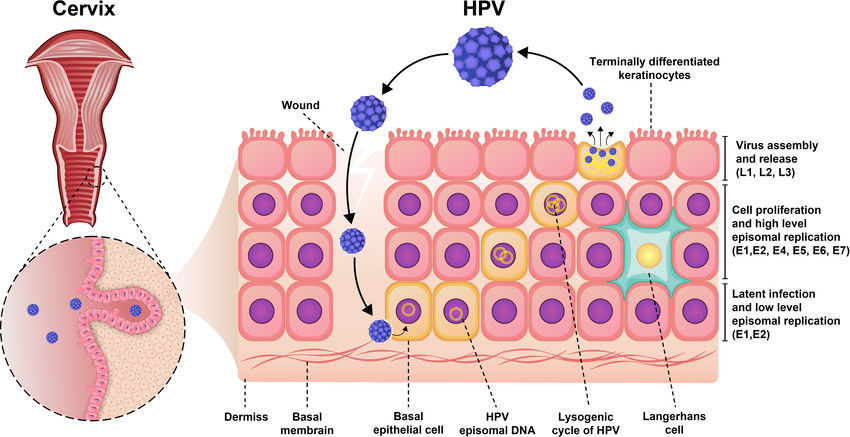
Human papillomavirus (HPV) infection affects over 80% of sexually active people and is the leading cause of cervical cancer. It may also lead to other anogenital and oropharyngeal malignancies. This resource provides a comprehensive overview of ...
Learn More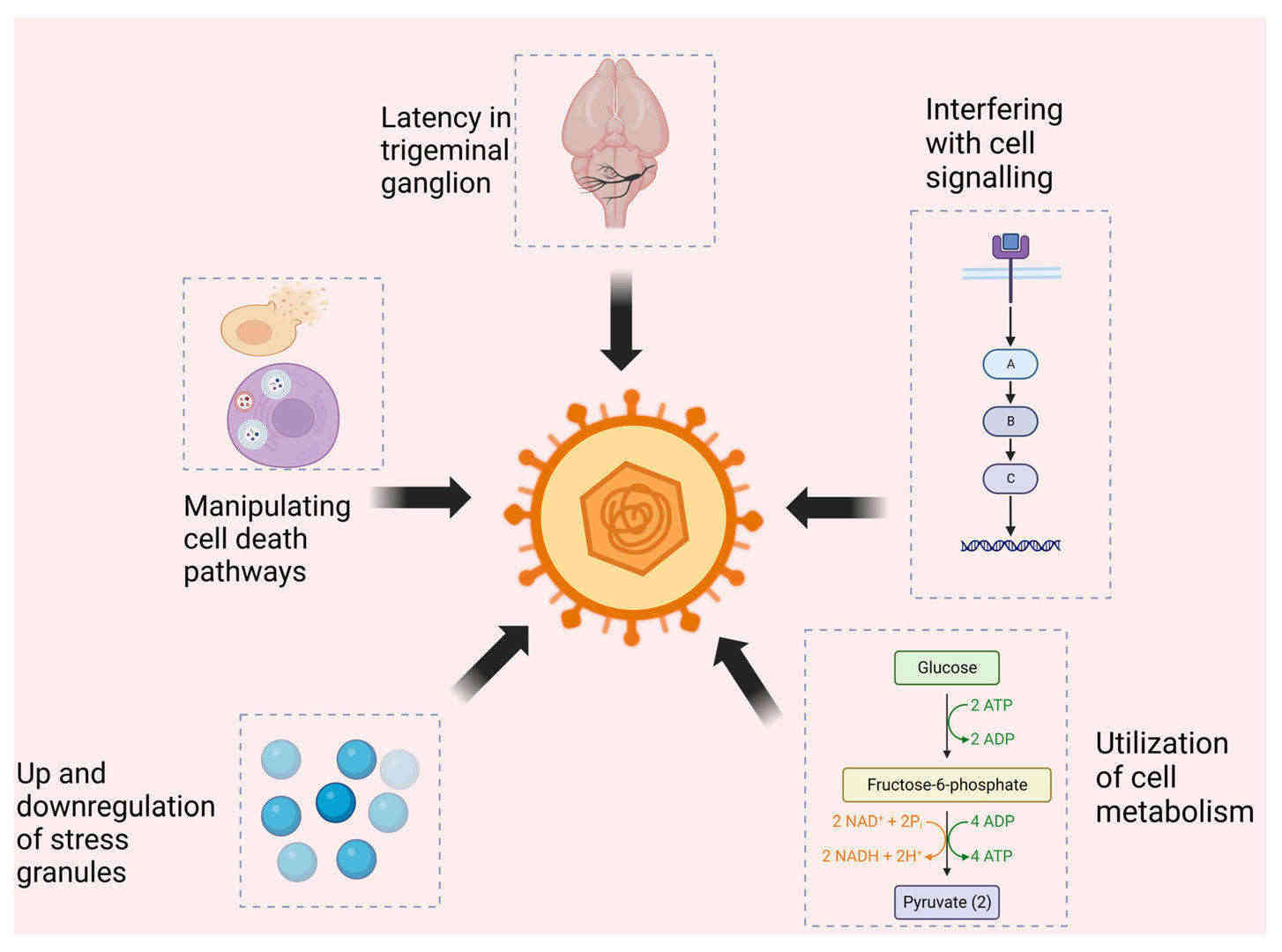
Herpes simplex virus (HSV) infection requires accurate and timely diagnosis for effective clinical management and infection control. This resource provides a systematic review of current and emerging HSV diagnostic approaches, including...
Learn More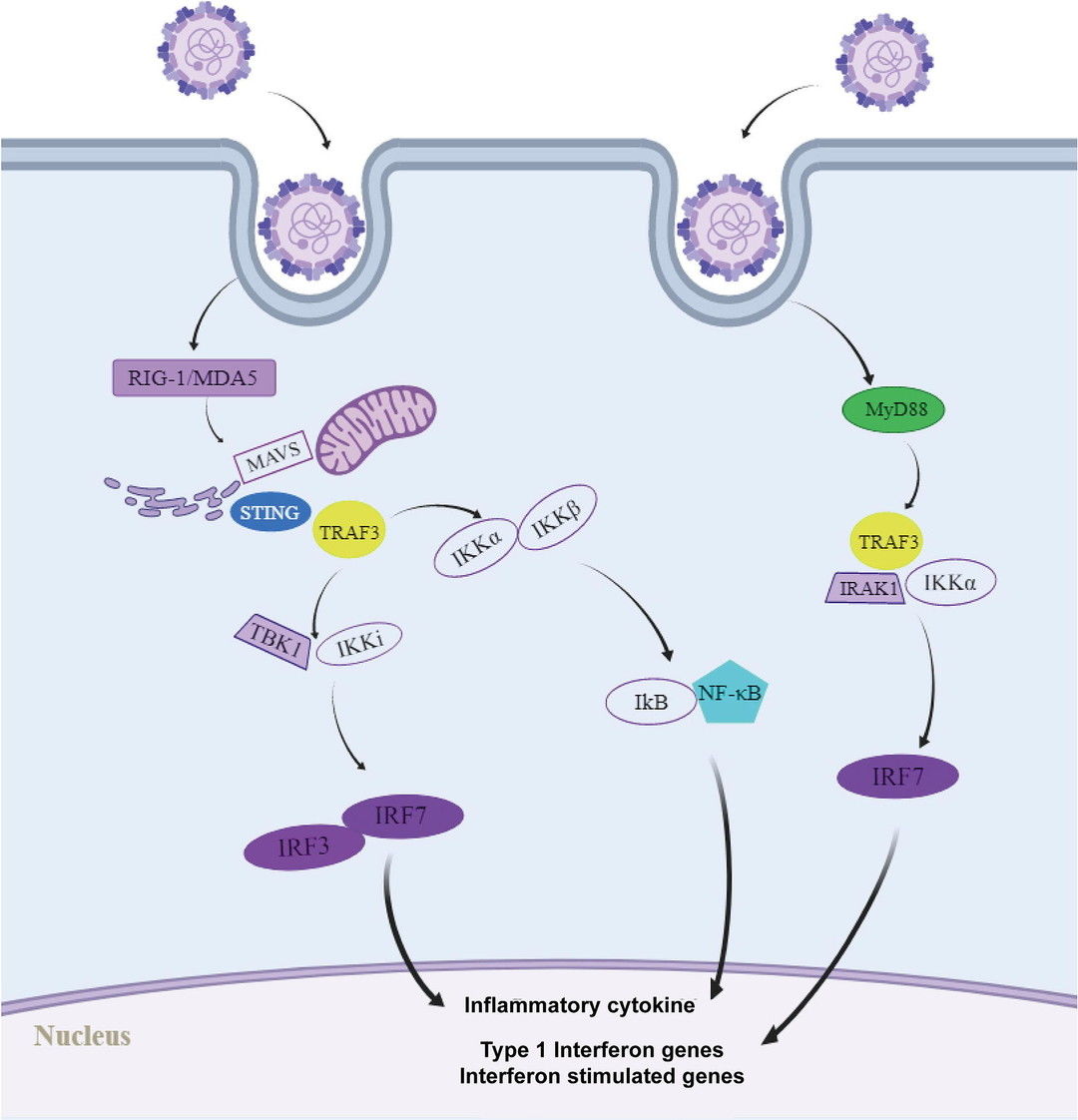
Enteroviruses cause a range of illnesses, from mild infections to severe neurologic and systemic diseases, requiring accurate and timely diagnosis. This resource discusses the clinical suspicion of enterovirus infection...
Learn More
Chickenpox, caused by the varicella-zoster virus (VZV), remains a global health concern despite vaccine availability. This comprehensive resource describes traditional laboratory testing methods and modern diagnostic strategies for varicella. It is designed to provide healthcare professionals with essential knowledge about PCR testing...
Learn More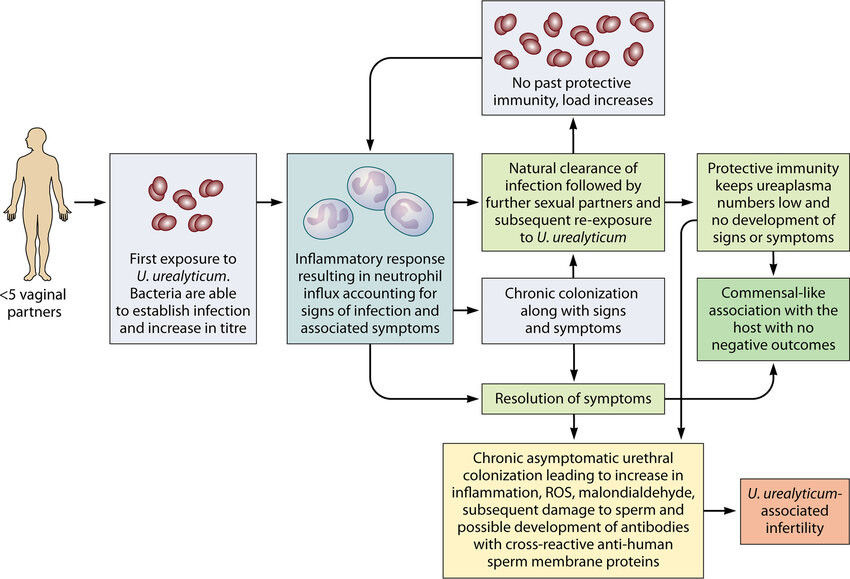
Ureaplasma urealyticum is a clinically important yet often underdiagnosed pathogen that presents unique challenges in genitourinary and reproductive health management. This resource provides a comprehensive overview of modern diagnostic approaches...
Learn More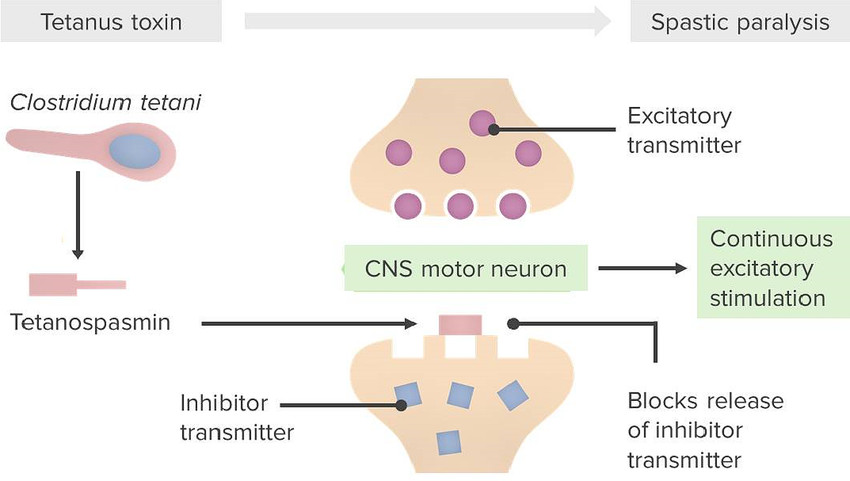
Tetanus is a life-threatening but preventable disease that is challenging to diagnose due to its reliance on clinical evaluation and the lack of definitive laboratory tests. This resource provides healthcare professionals with...
Learn More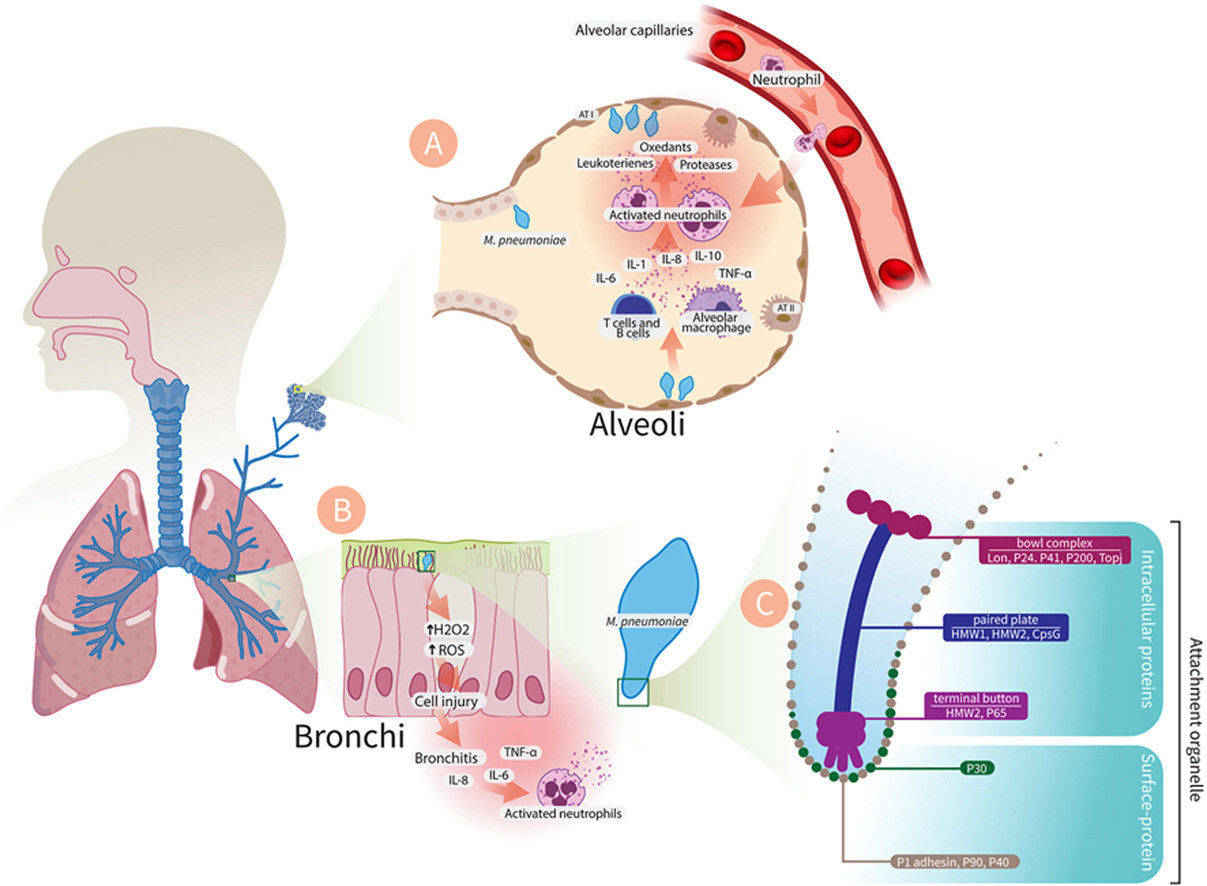
Mycoplasma pneumoniae is a leading cause of community-acquired pneumonia in children, yet its diagnosis remains challenging due to atypical clinical presentations and limitations of conventional methods. This resource provides a comprehensive overview of modern diagnostic solutions...
Learn More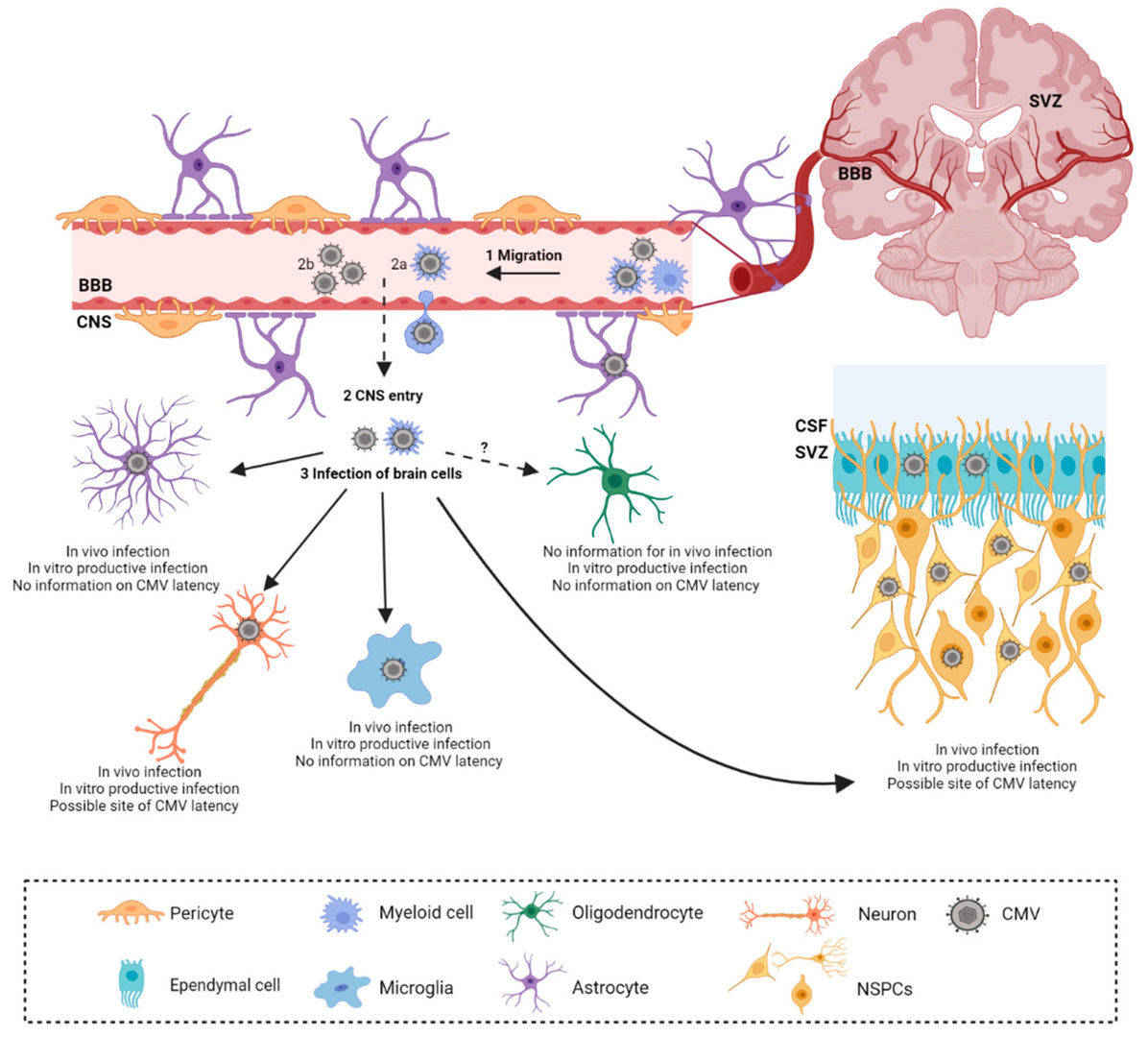
Cytomegalovirus (CMV) infection remains a significant clinical challenge, particularly in immunocompromised patients and neonates, where delayed diagnosis can lead to serious complications. This resource explores the evolution of CMV diagnostics...
Learn More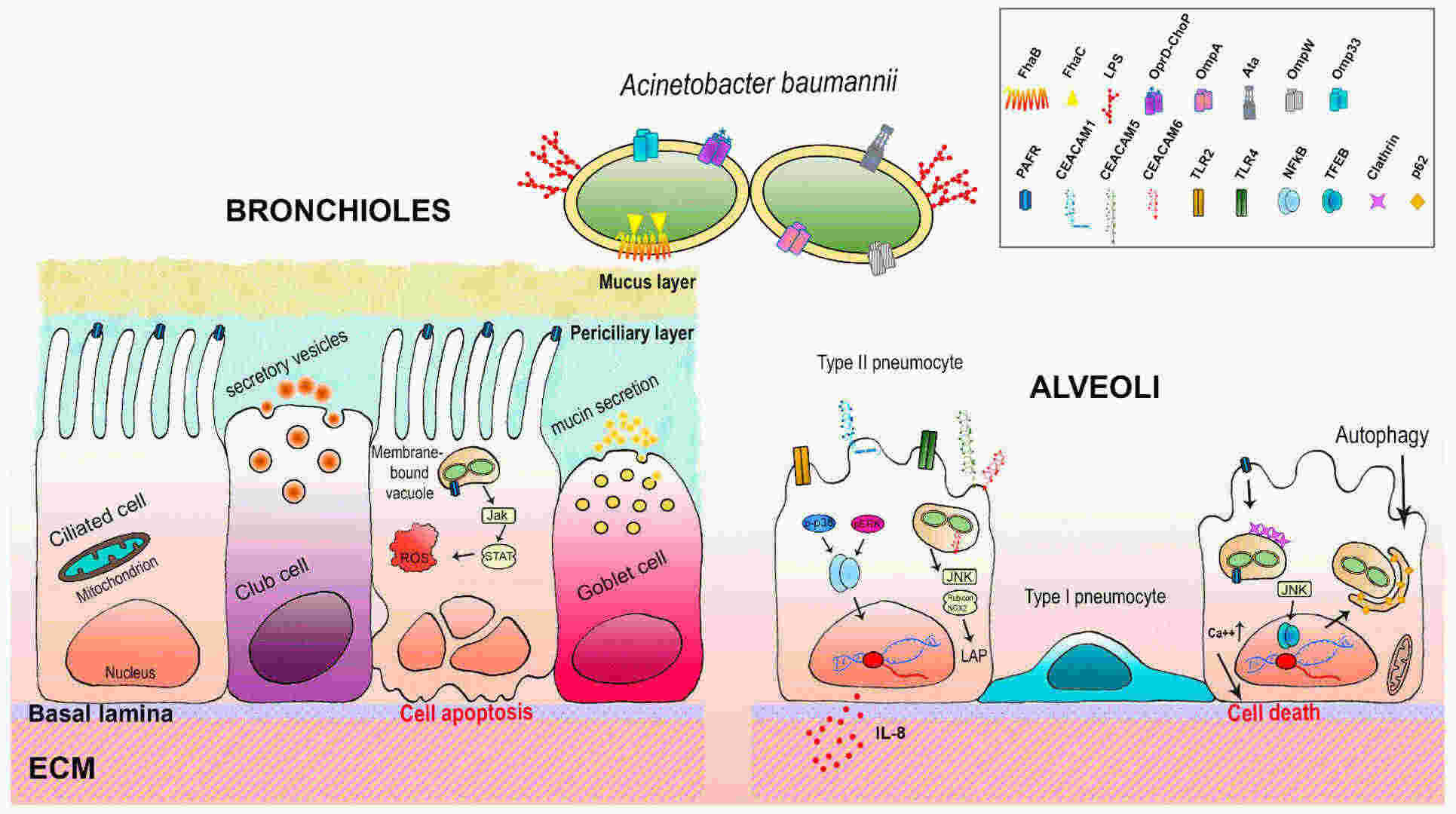
Acinetobacter baumannii, a notorious multidrug-resistant pathogen, poses critical challenges in healthcare settings worldwide. This resource explores the evolving landscape of Acinetobacter diagnostics, from conventional methods struggling with prolonged turnaround times...
Learn More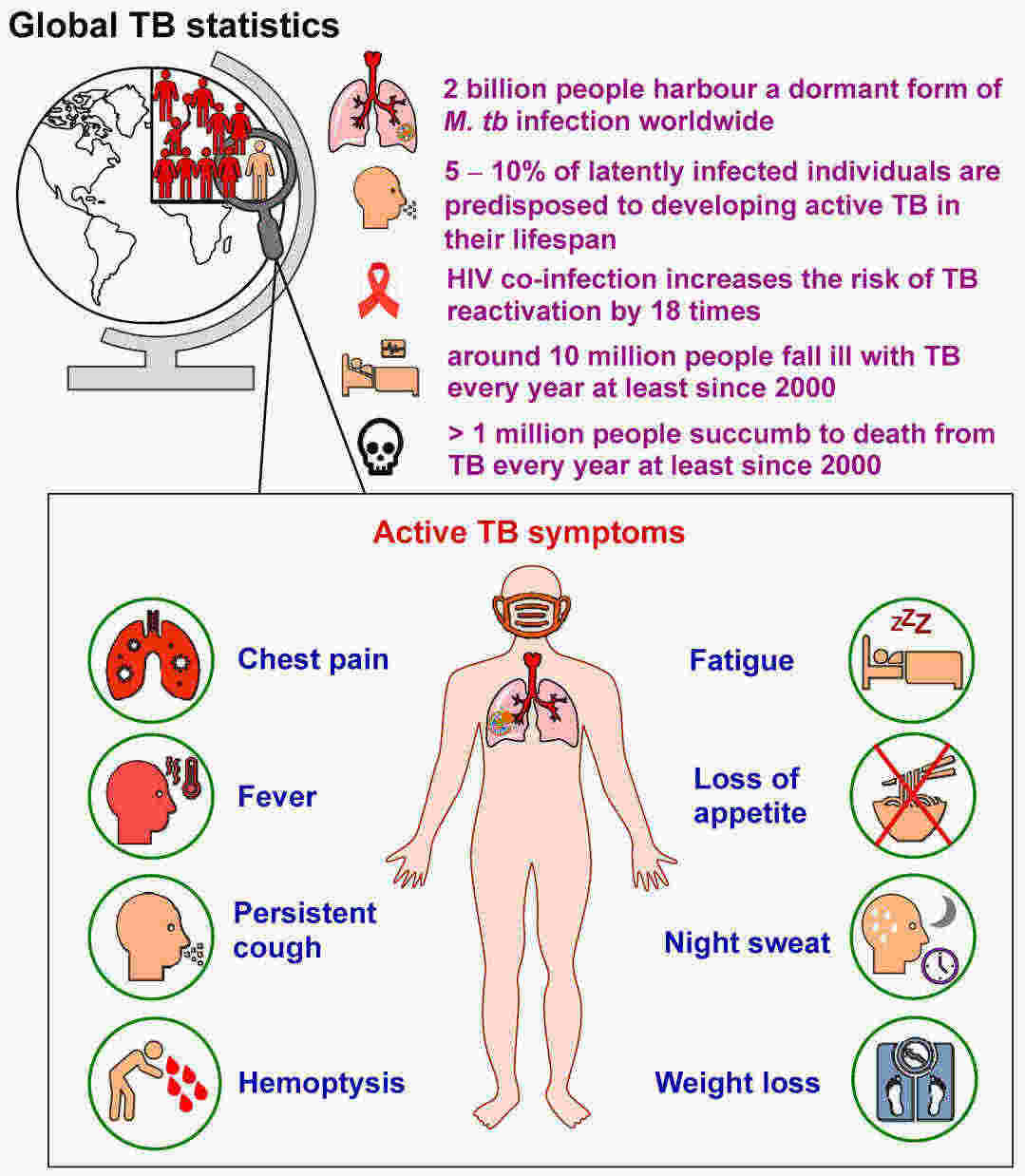
Tuberculosis (TB) remains one of the world's deadliest infectious diseases, with millions of new cases reported annually. Accurate and timely diagnosis is critical to controlling transmission, initiating proper treatment, and combating drug-resistant strains...
Learn More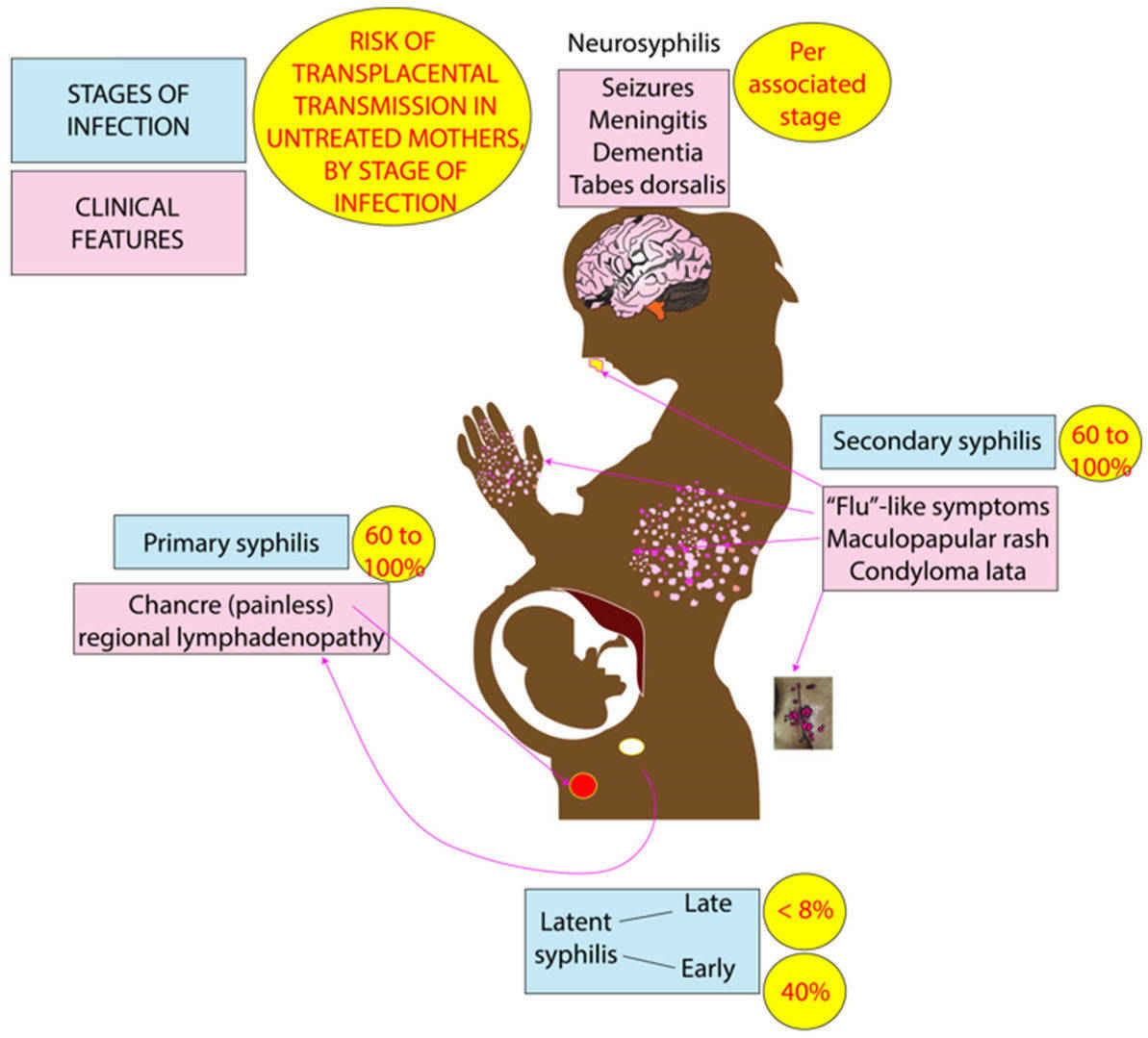
Accurate and timely diagnosis of syphilis is crucial for effective treatment, preventing disease progression, and curbing its transmission. This resource page provides a comprehensive overview of the latest advancements...
Learn More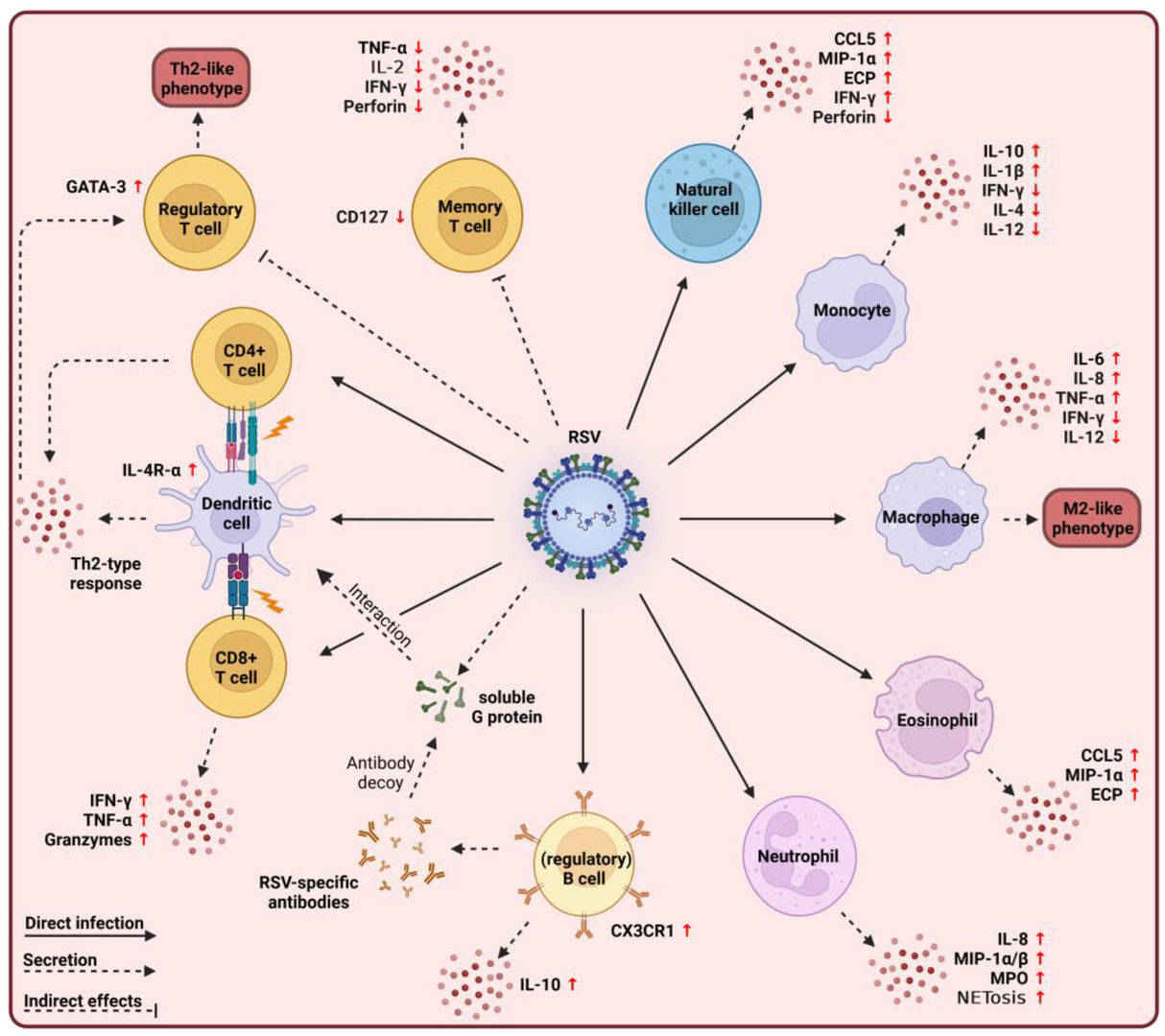
Respiratory syncytial virus (RSV) remains a leading cause of severe respiratory infections in infants, elderly, and immunocompromised populations worldwide, demanding accurate and timely diagnosis...
Learn More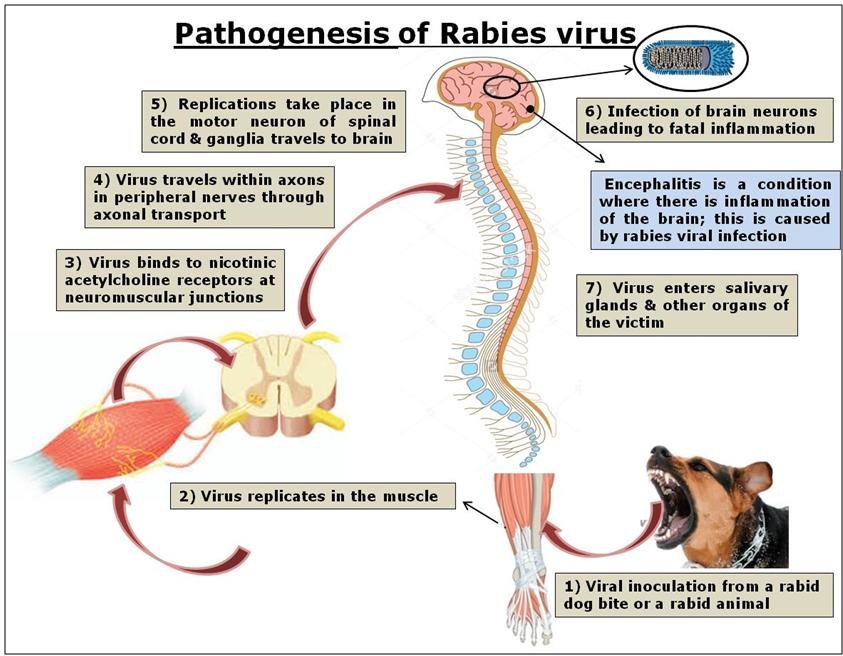
Rabies, a fatal zoonotic disease with nearly 100% mortality, demands accurate and timely diagnosis to guide life-saving interventions and public health responses. This resource provides a systematic overview of current and emerging rabies diagnostic approaches...
Learn More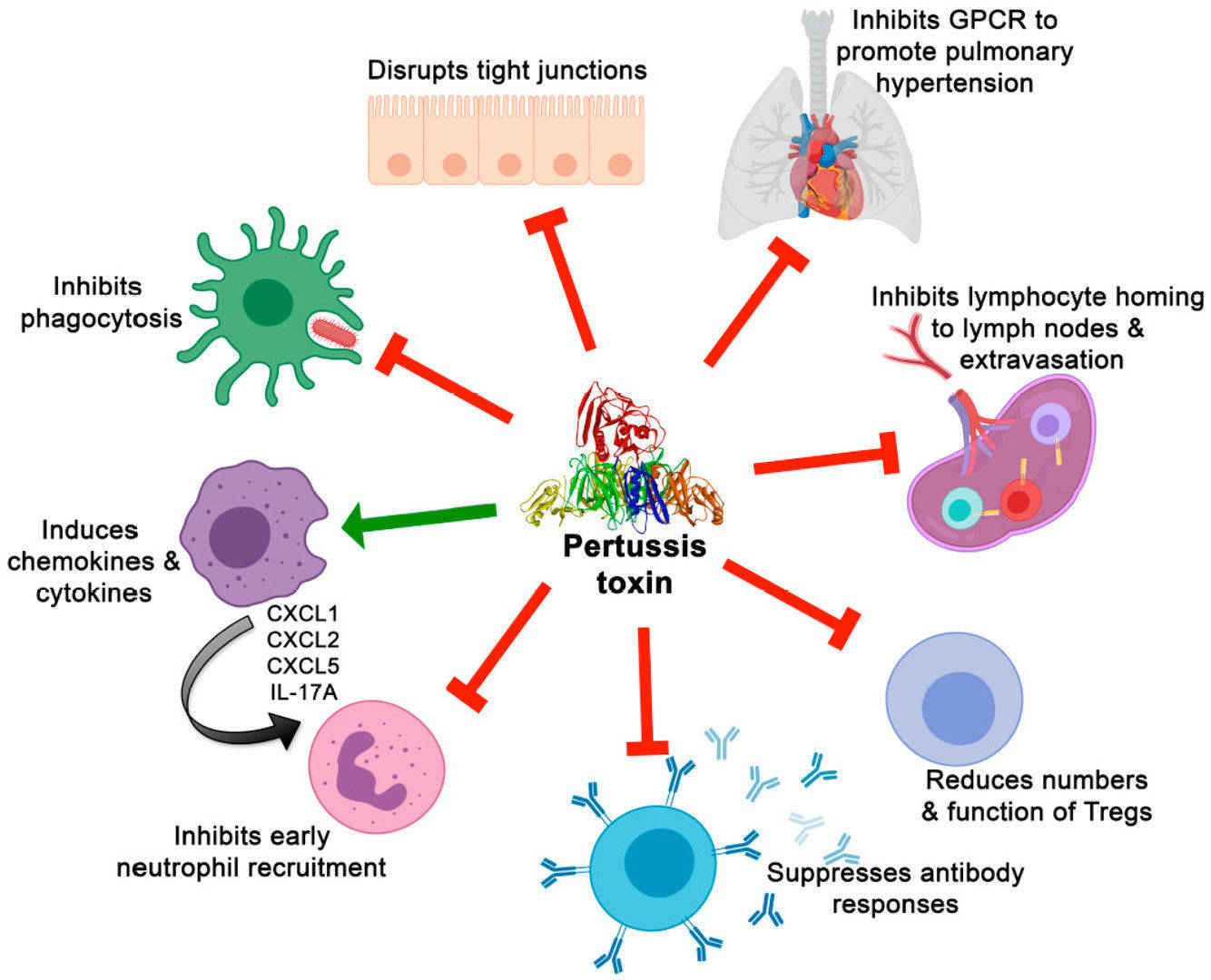
Accurate diagnosis of whooping cough remains challenging due to evolving strains, variable symptom presentation, and limitations of individual testing methods. This resource provides healthcare professionals and laboratory specialists...
Learn More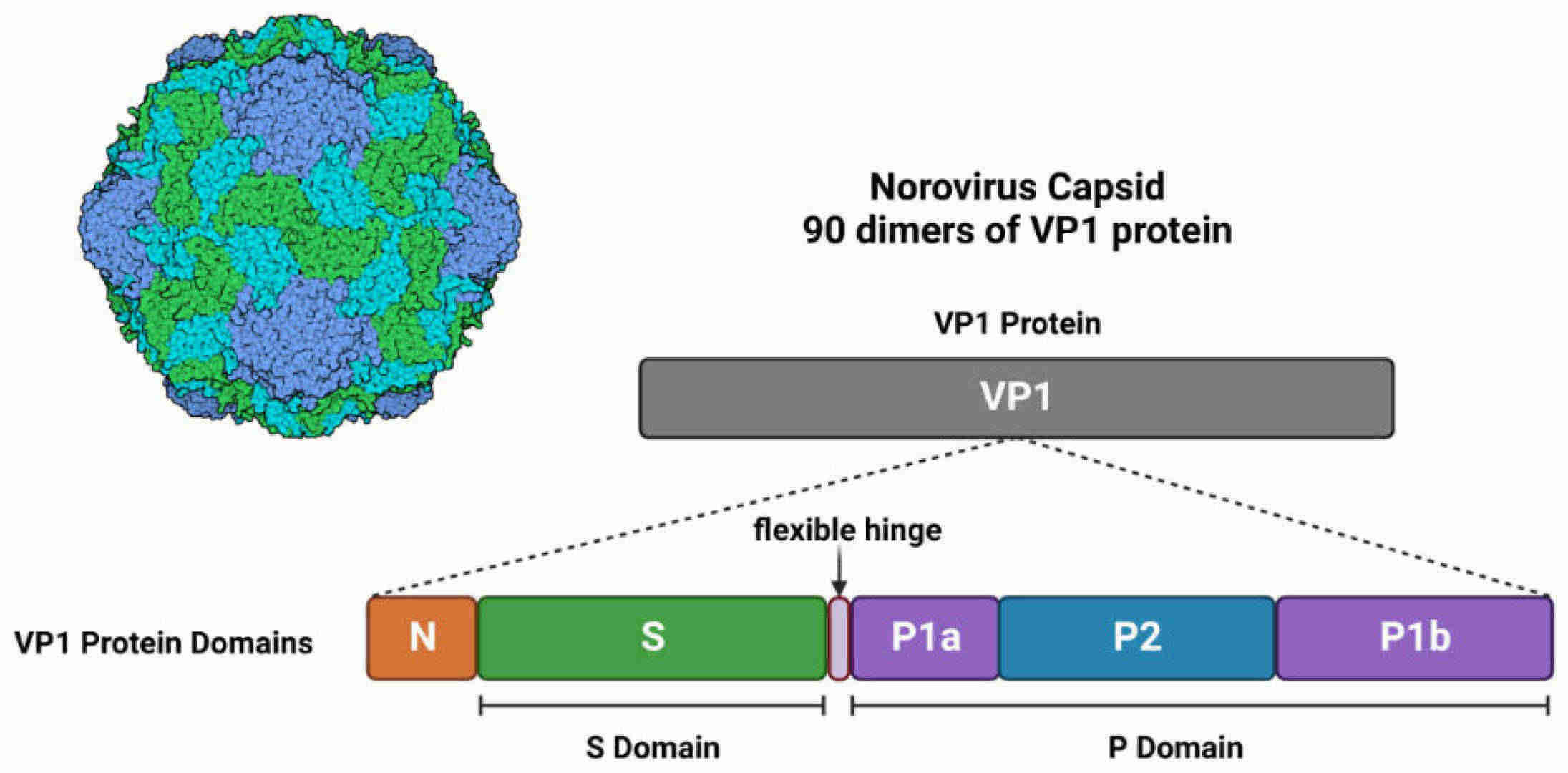
Norovirus, the leading cause of acute viral gastroenteritis worldwide, demands accurate and timely diagnosis to control outbreaks and guide clinical management. This comprehensive resource examines...
Learn More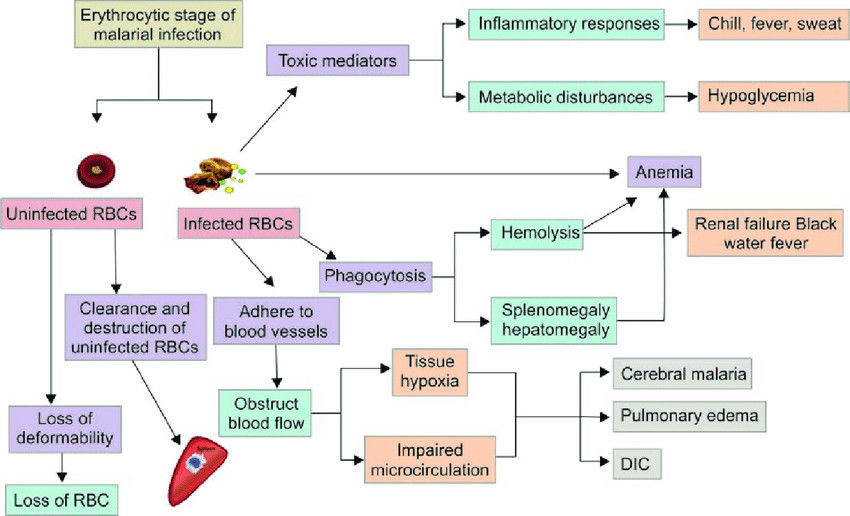
Malaria remains a global health challenge that requires accurate and accessible diagnostic solutions to guide treatment and control efforts. This resource provides a comprehensive overview of traditional and molecular diagnostic methods...
Learn More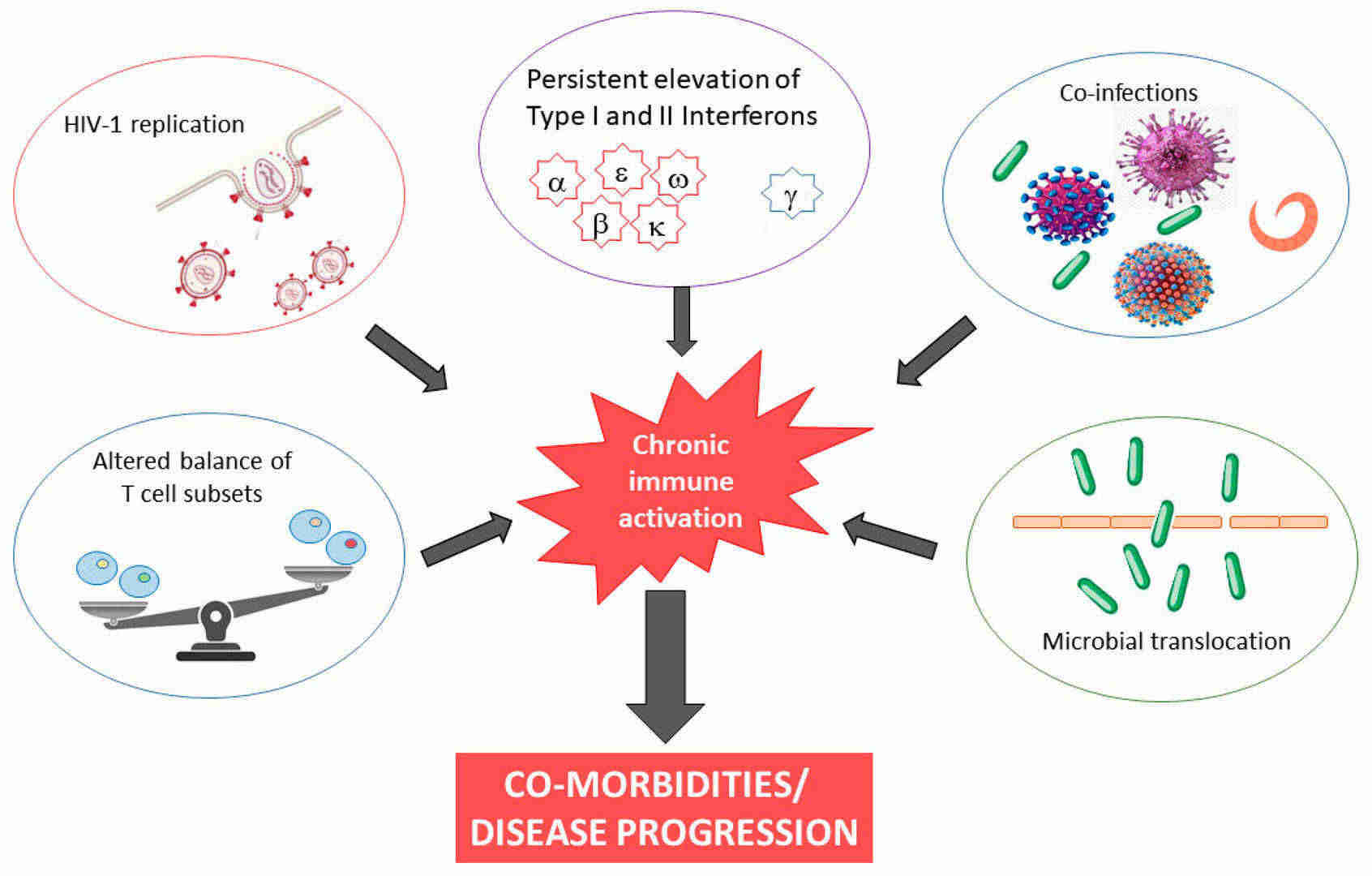
Acquired immune deficiency syndrome (AIDS) remains a critical global health challenge, with early and accurate diagnosis being paramount to effective treatment and prevention. This resource provides...
Learn More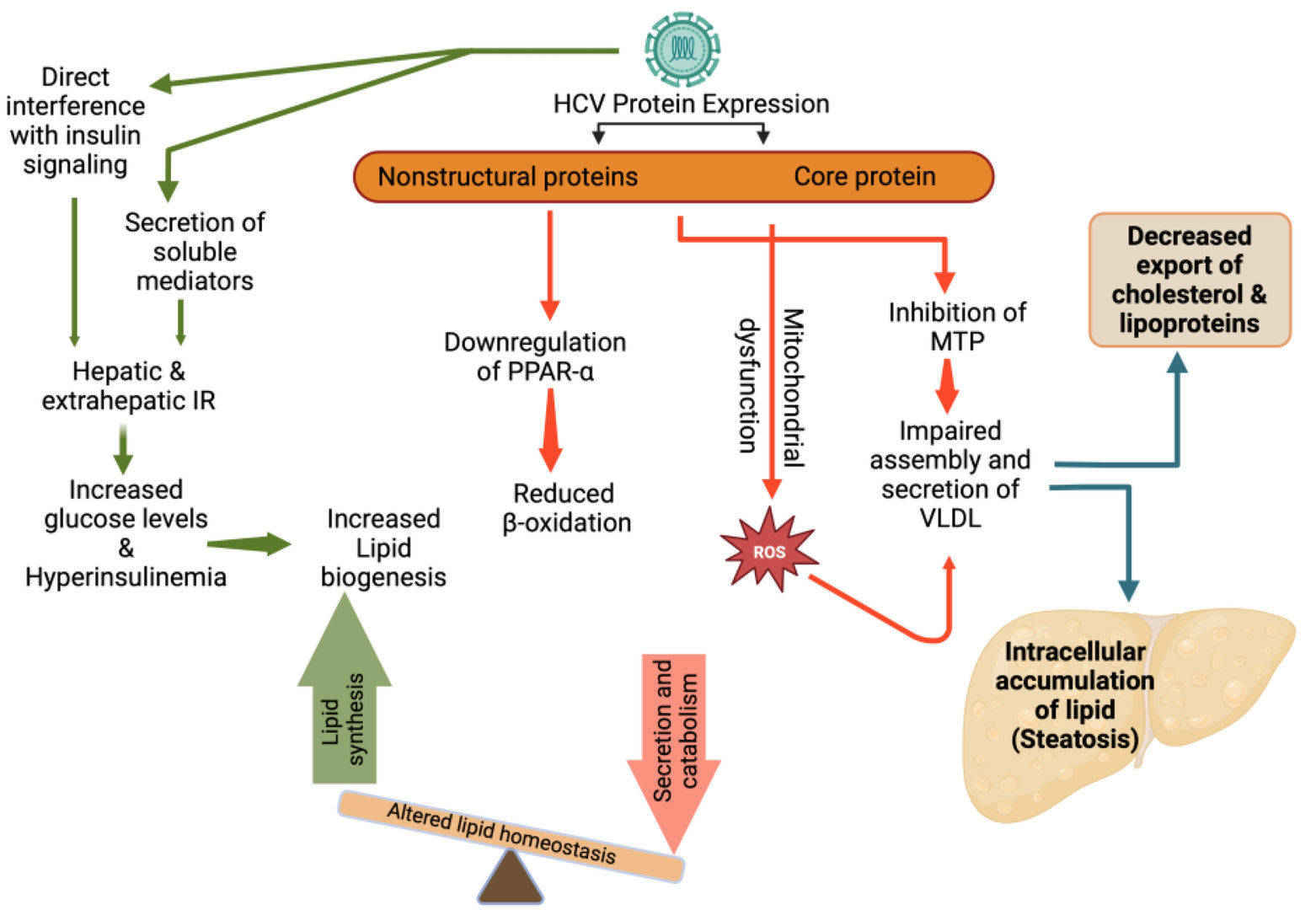
Hepatitis C virus (HCV) infection remains a significant global health challenge, with an estimated 58 million chronic cases worldwide...
Learn More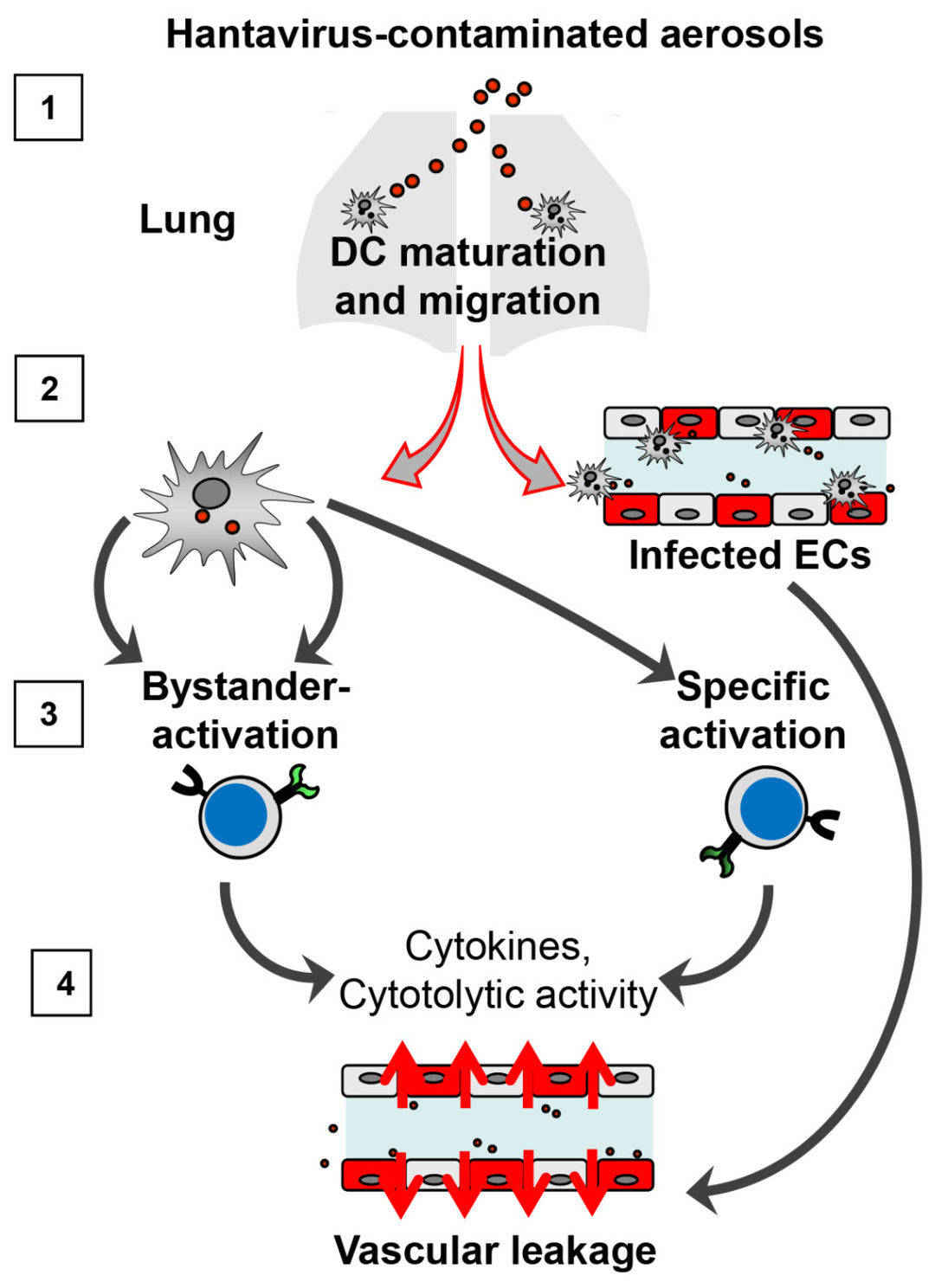
Hantavirus pulmonary syndrome (HPS) is a severe and often fatal respiratory disease caused by New World hantaviruses, requiring rapid and accurate diagnosis...
Learn More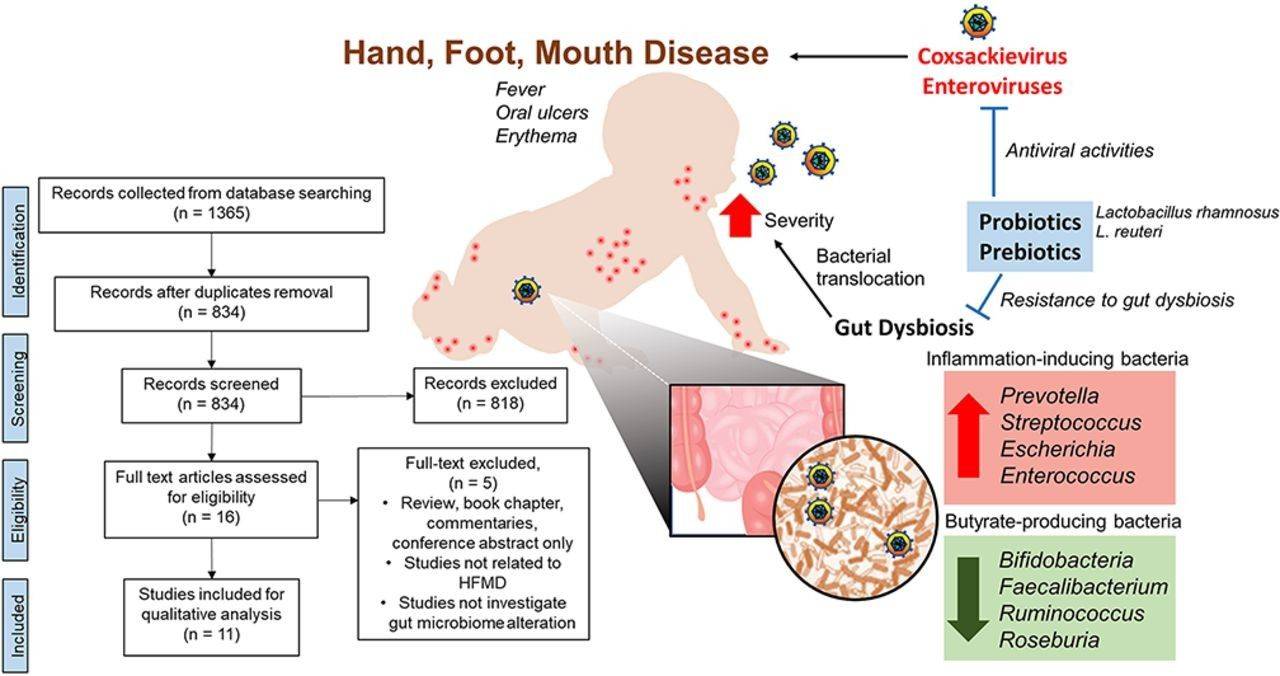
Hand, foot, and mouth disease (HFMD) remains a significant global health concern, particularly in pediatric populations, with outbreaks...
Learn More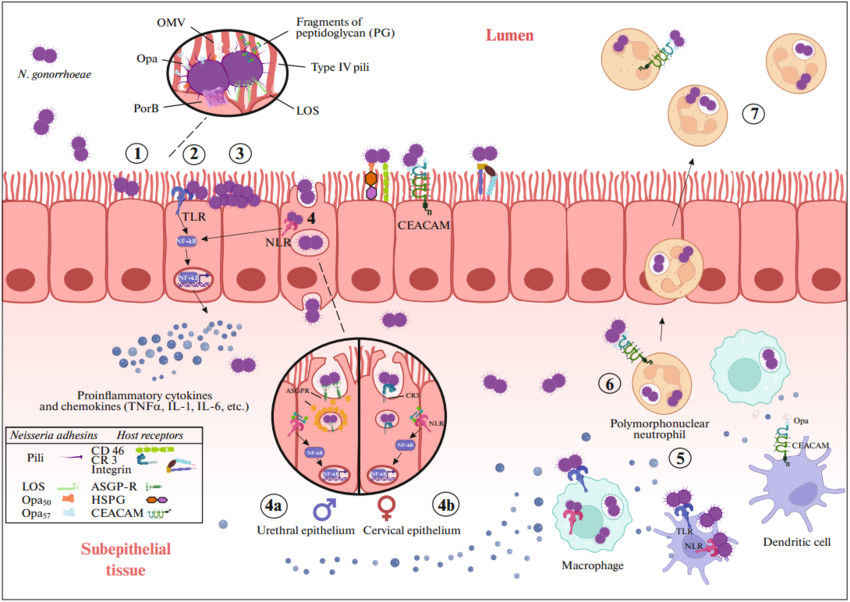
Gonorrhea's growing antimicrobial resistance and high asymptomatic rates demand accurate, multi-method diagnostics. This resource details essential laboratory approaches...
Learn More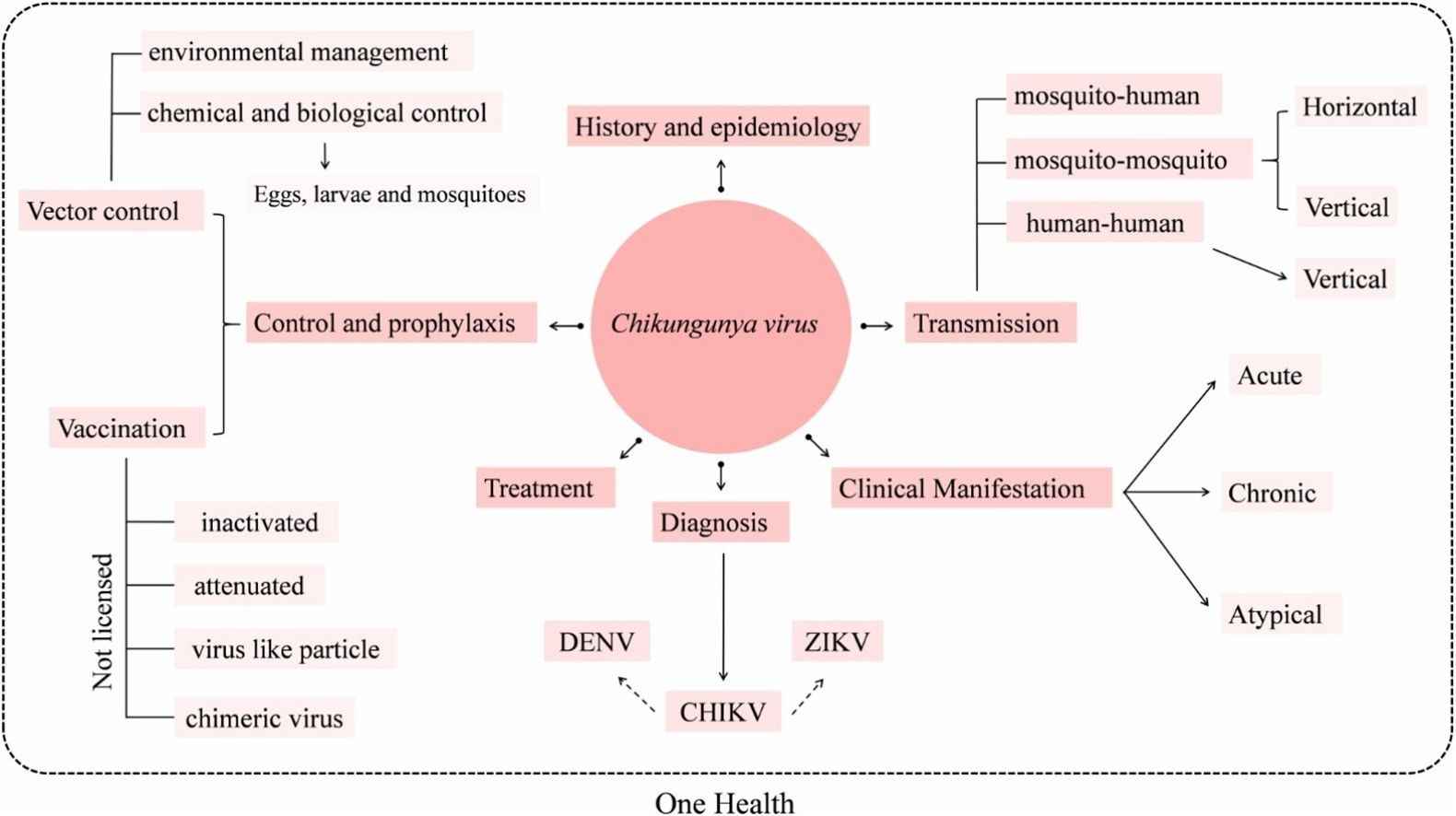
Chikungunya virus (CHIKV) poses significant diagnostic challenges due to symptom overlap with other arboviruses. This resource details essential laboratory methods for accurate detection...
Learn More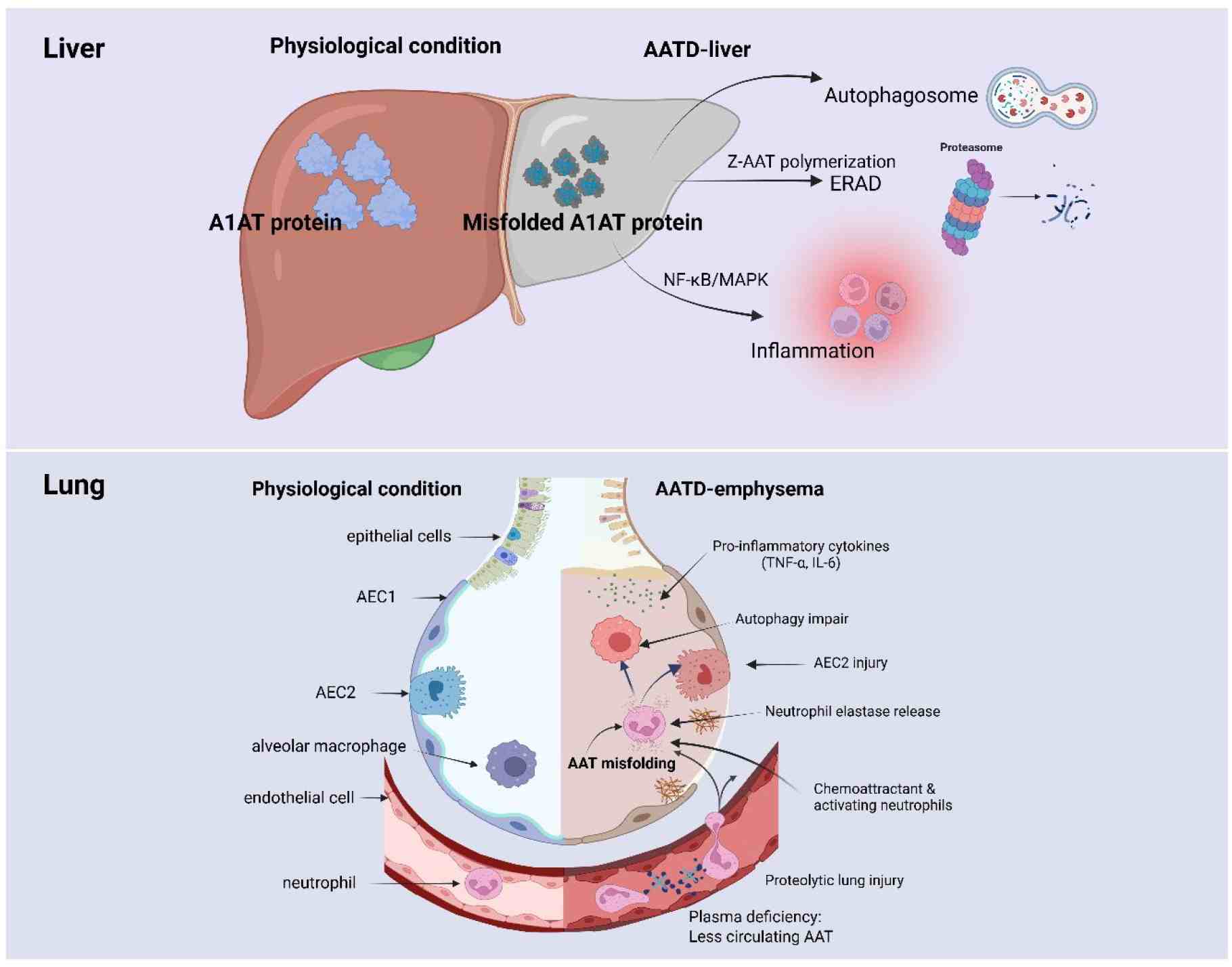
Alpha-1 antitrypsin deficiency (AATD) is an underdiagnosed genetic disorder that can lead to severe lung and liver disease, often after a significant diagnostic delay. This comprehensive resource details the complete diagnostic pathway for AATD, guiding you...
Learn More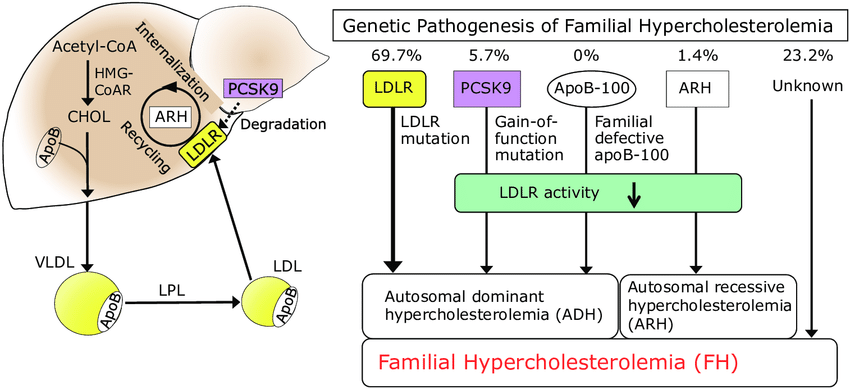
Familial hypercholesterolemia (FH) is a common yet critically underdiagnosed genetic disorder that causes dangerously high cholesterol from birth and leads to premature heart disease. This definitive resource details...
Learn More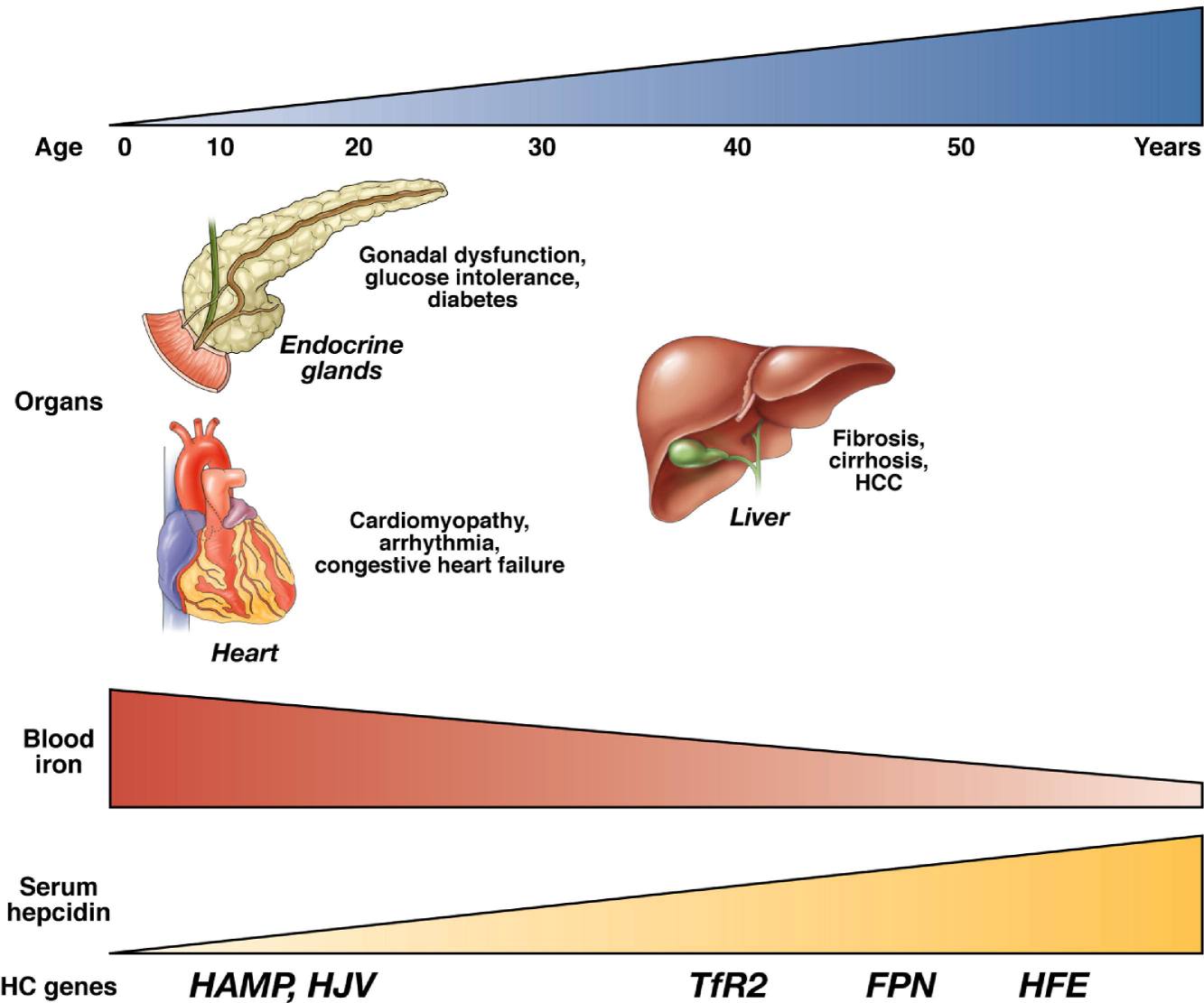
Hereditary hemochromatosis is a common genetic disorder of iron overload that, if undiagnosed, can lead to severe damage to the liver, heart, and other organs. This resource details...
Learn More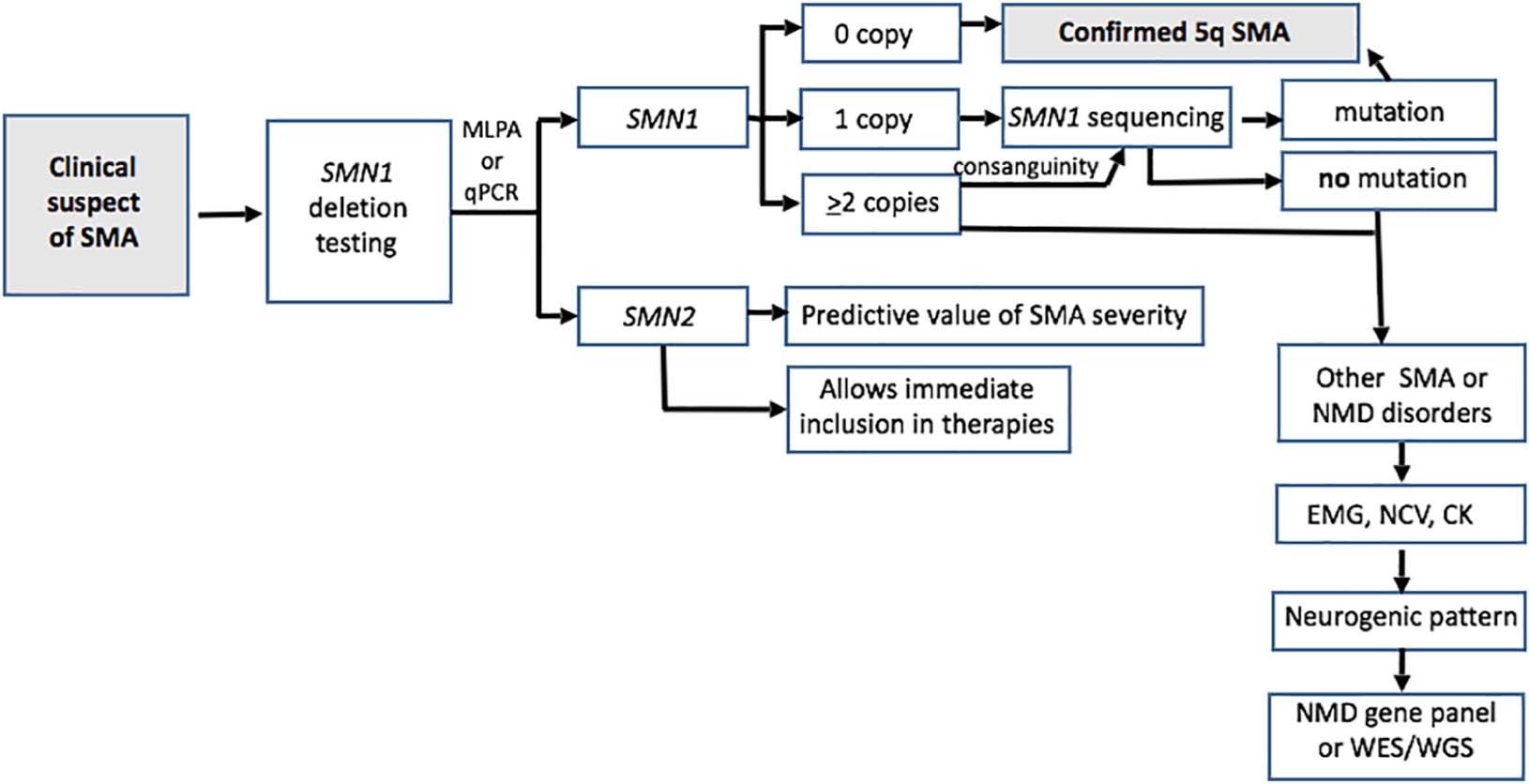
In the era of breakthrough spinal muscular atrophy (SMA) therapies, timely and accurate diagnosis is critical to optimize outcomes. This resource synthesizes the latest international guidelines, covering gold-standard genetic testing...
Learn More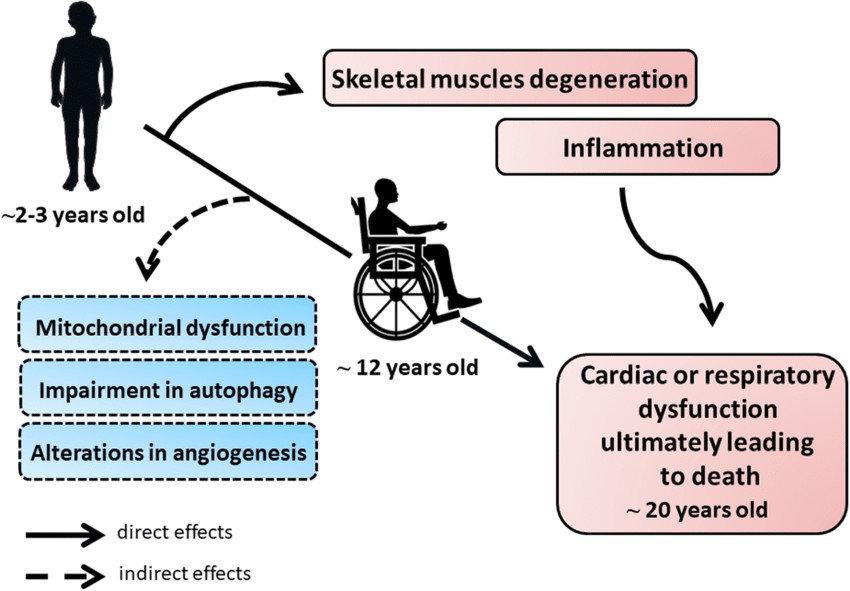
Duchenne muscular dystrophy (DMD) is a severe, progressive genetic disorder caused by mutations in the DMD gene, leading to muscle degeneration and functional decline. Early and accurate diagnosis is critical to initiate timely interventions and improve patient outcomes...
Learn More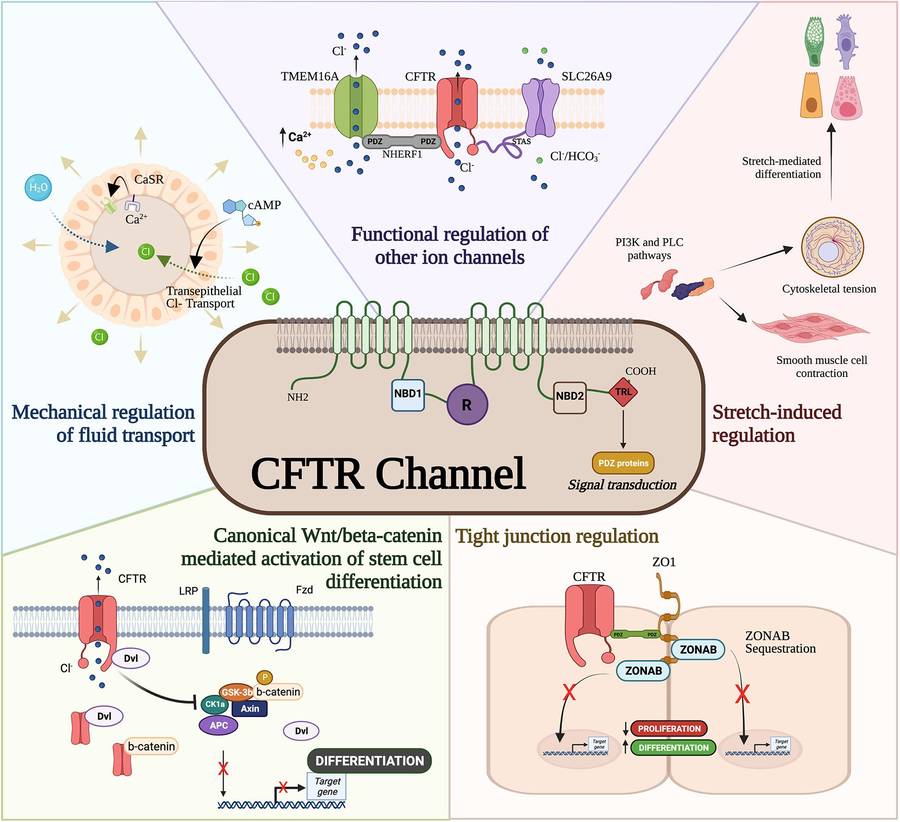
Cystic fibrosis (CF) requires timely and accurate diagnosis to enable early intervention and improve patient outcomes. This resource provides healthcare professionals with an in-depth look at modern CF diagnostic approaches...
Learn More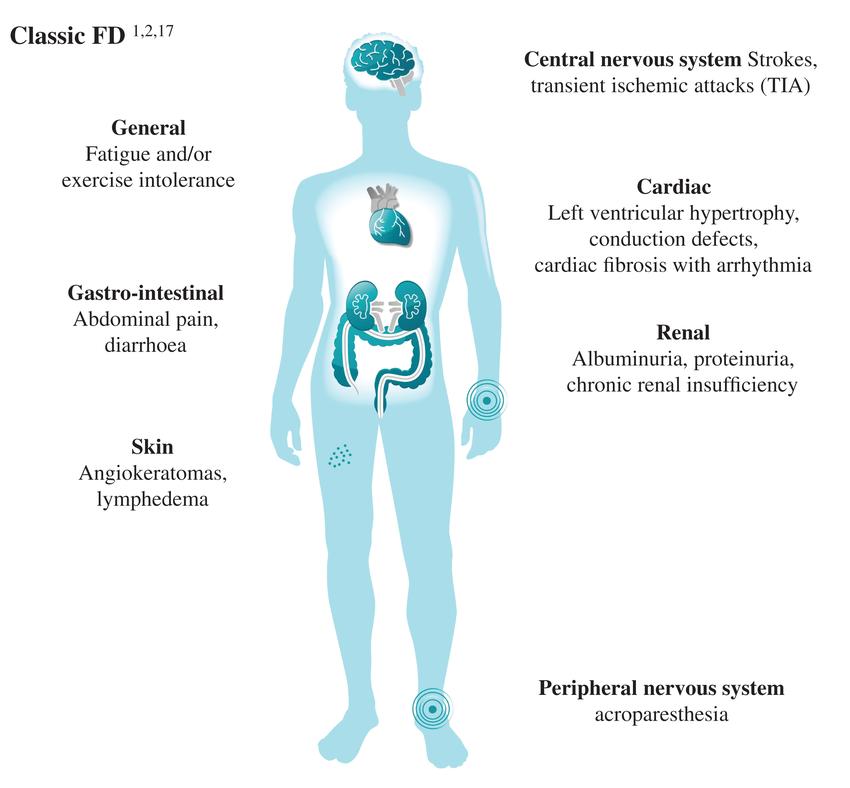
Fabry disease (FD) is a multifaceted genetic disorder that demands comprehensive diagnostic strategies to overcome its diagnostic challenges. This resource provides an in-depth exploration of current and emerging diagnostic approaches...
Learn More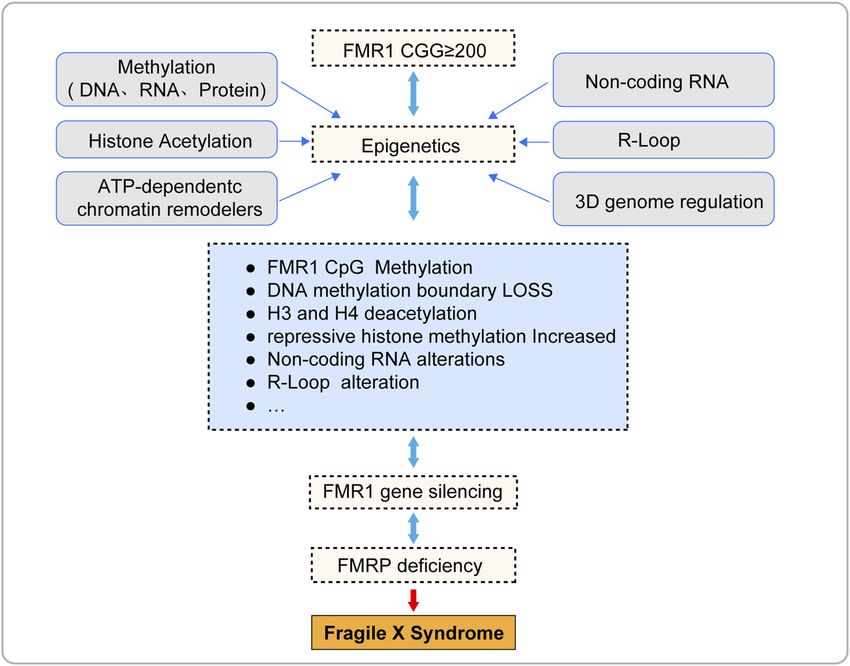
Fragile X syndrome (FXS), the most common inherited cause of intellectual disability and autism spectrum disorders, requires precise genetic testing for accurate diagnosis and family management...
Learn More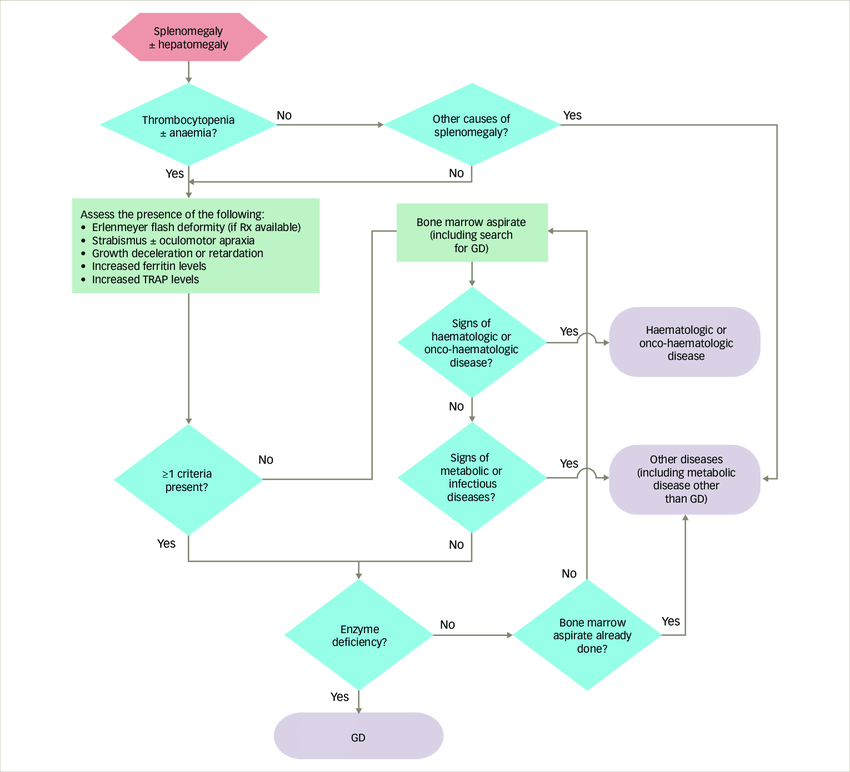
Gaucher disease, a rare inherited lysosomal disorder caused by GBA1 mutations, requires accurate and timely diagnosis to enable life-changing interventions. This resource provides a thorough overview of modern diagnostic approaches...
Learn More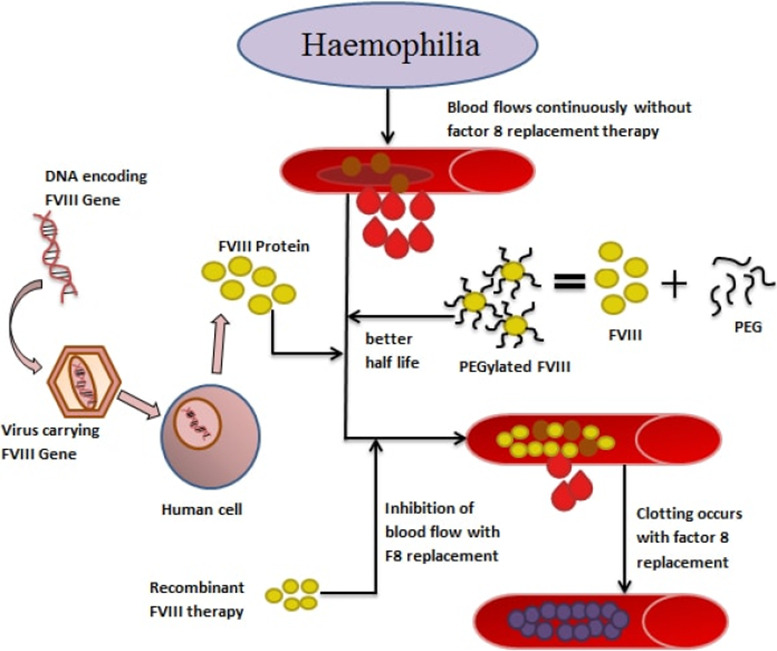
Hemophilia, a complex inherited bleeding disorder, demands precise diagnosis to guide effective treatment and prevent complications...
Learn More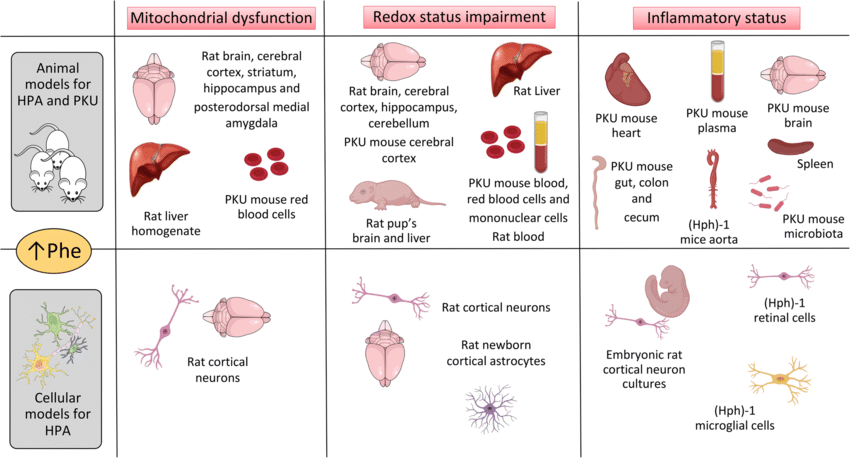
Phenylketonuria (PKU), a potentially devastating yet treatable metabolic disorder, demands accurate and timely diagnosis to prevent irreversible neurological damage...
Learn More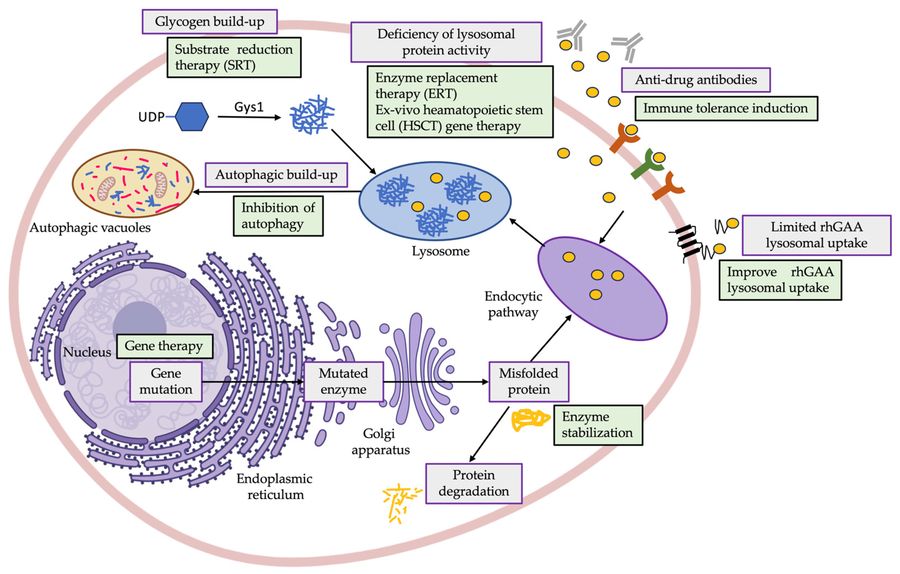
Pompe disease is a rare but treatable lysosomal disorder that requires urgent and accurate diagnosis to prevent irreversible neuromuscular damage...
Learn More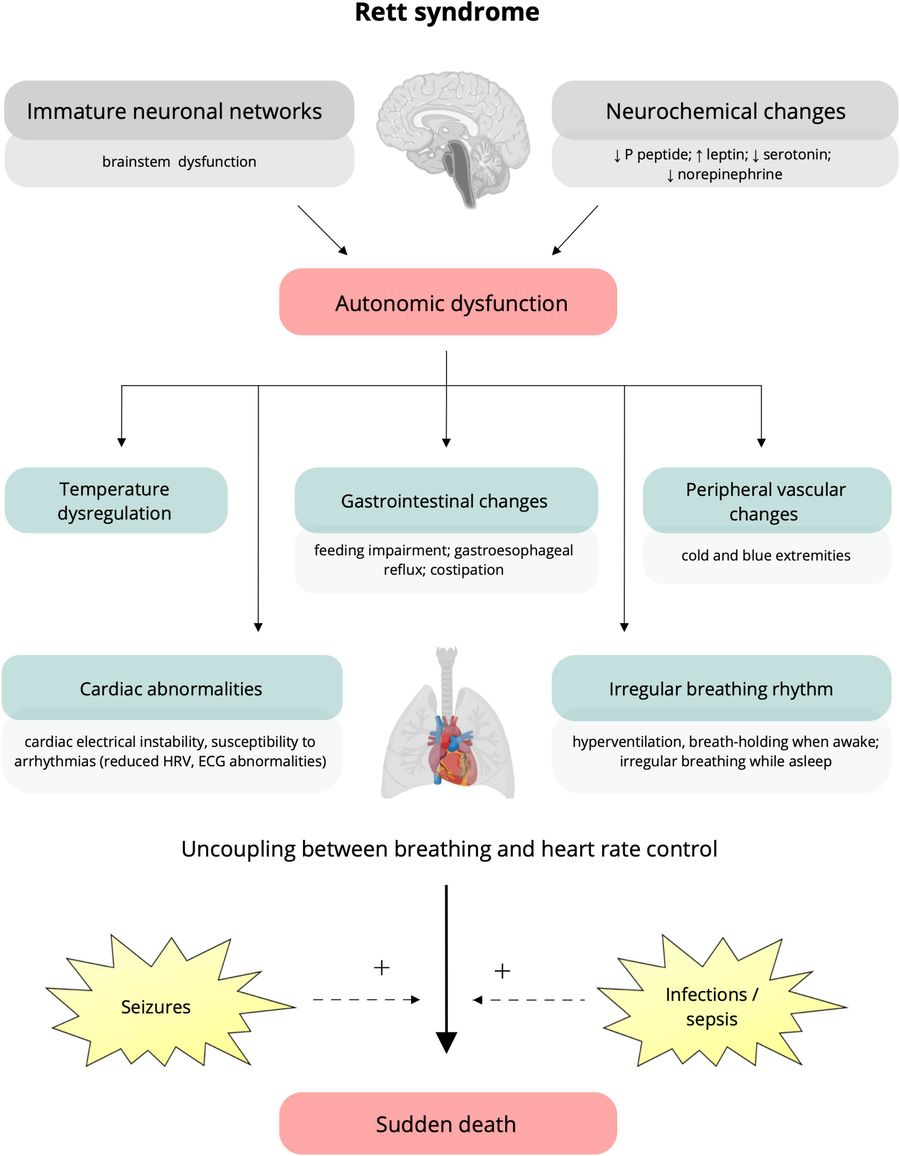
Rett syndrome (RTT) presents complex diagnostic challenges, requiring a systematic approach that integrates clinical evaluation with advanced genetic testing...
Learn More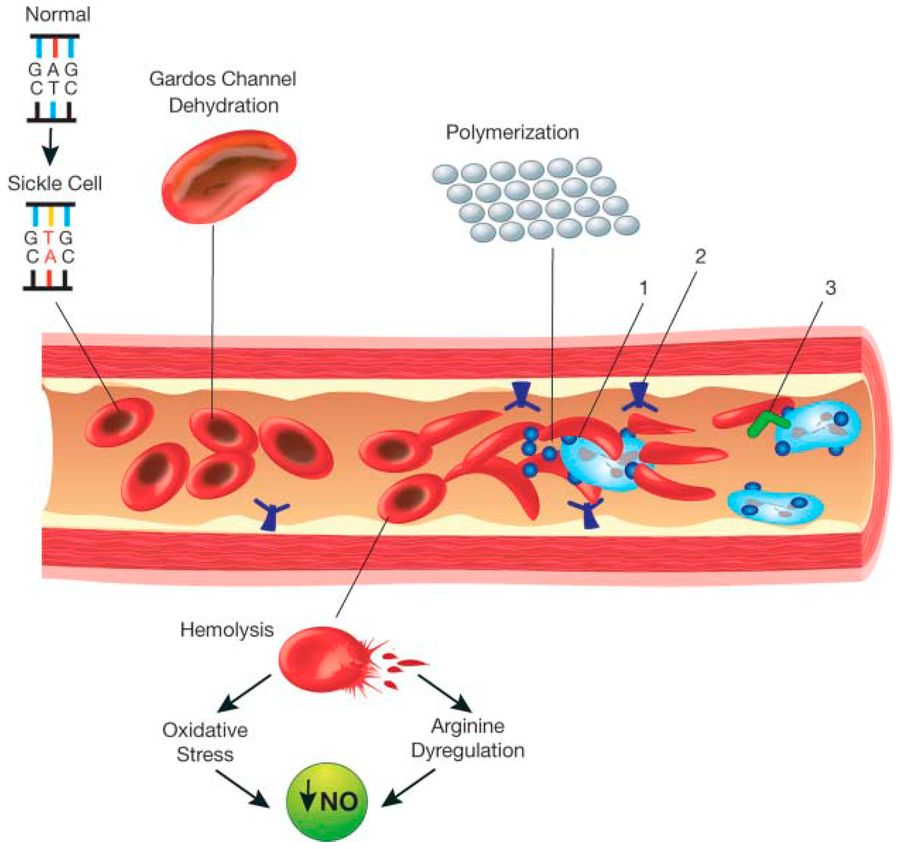
Early and accurate diagnosis is critical for timely intervention of sickle cell disease (SCD). This resource provides a comprehensive overview of SCD diagnostic approaches, spanning established laboratory methods such as HPLC and electrophoresis...
Learn More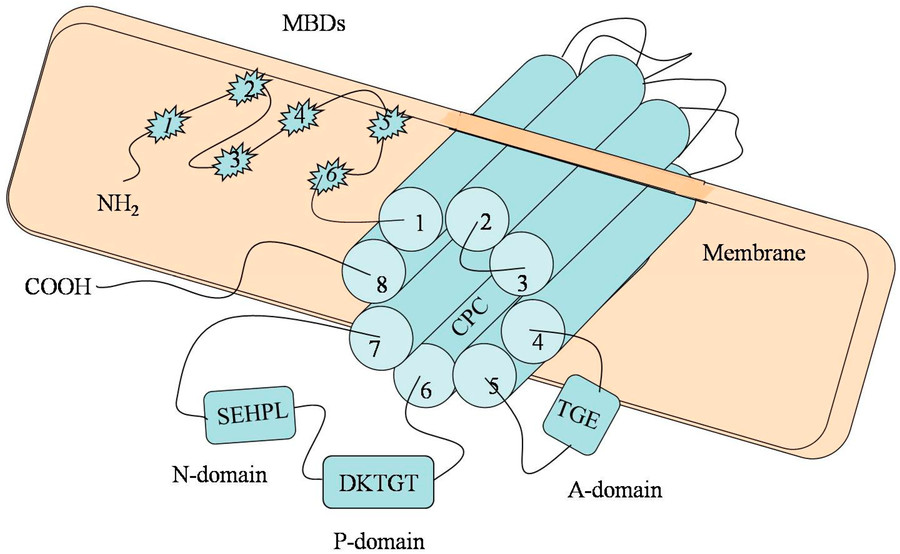
Wilson disease (WD), a rare but treatable genetic disorder of copper metabolism, poses significant diagnostic challenges due to its highly variable clinical presentations and limitations of traditional biomarkers...
Learn More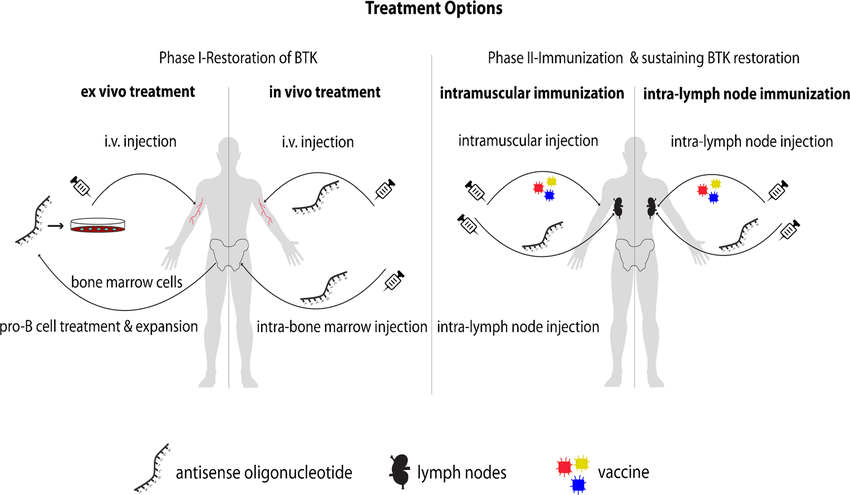
X-Linked Agammaglobulinemia (XLA) is a rare but critical primary immunodeficiency caused by mutations in the BTK gene, leading to profound B-cell deficiency and recurrent life-threatening infections...
Learn More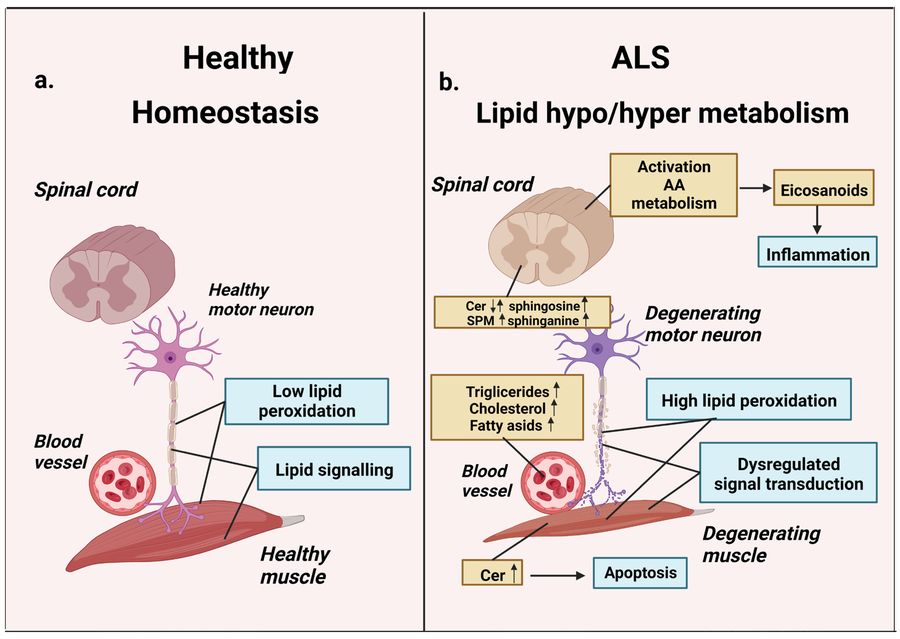
Amyotrophic lateral sclerosis (ALS) presents significant diagnostic challenges, with current delays averaging 12-14 months from symptom onset. This resource explores cutting-edge advancements in ALS diagnostics...
Learn More
Hepatitis B virus (HBV) remains a major global health challenge, with timely and accurate diagnosis critical to reducing transmission, enabling early treatment, and preventing complications like cirrhosis and hepatocellular carcinoma...
Learn More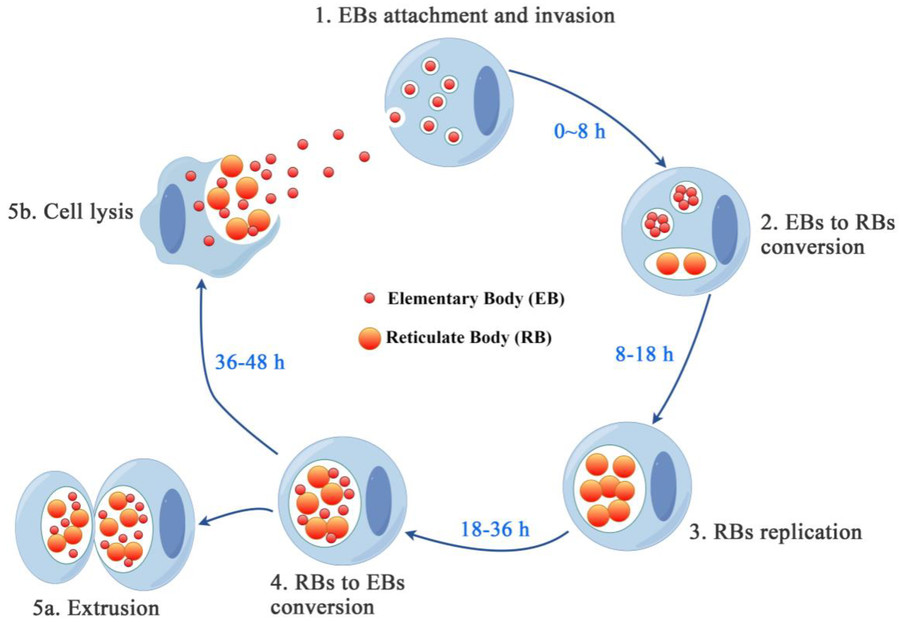
Accurate and timely diagnosis of Chlamydia, the most prevalent bacterial STI, is critical to preventing complications like infertility and curbing silent transmission...
Learn More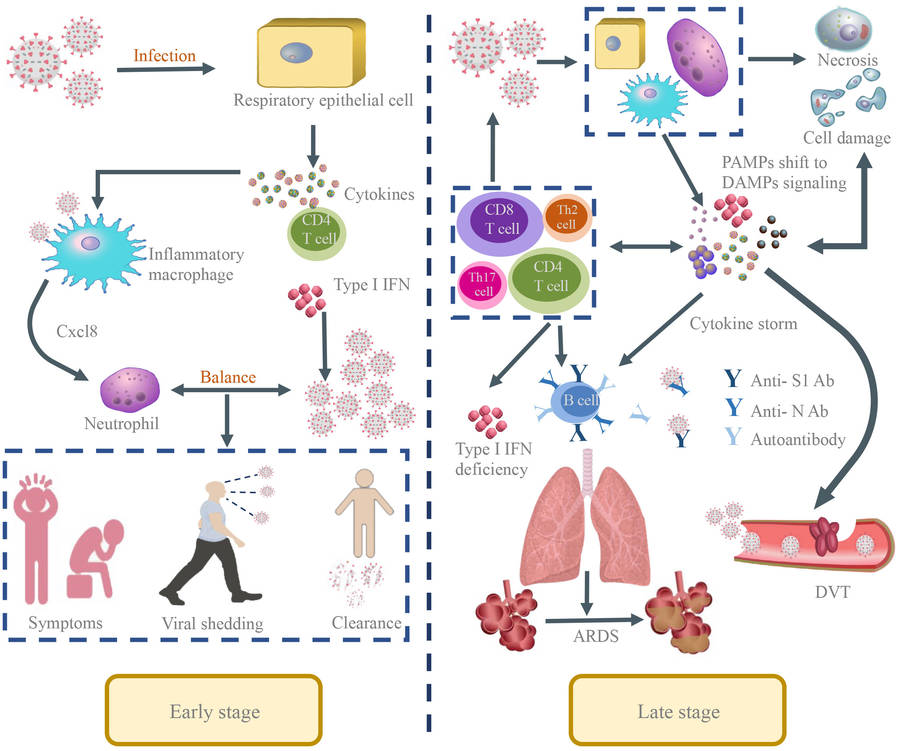
Accurate and timely diagnosis is fundamental to controlling the COVID-19 pandemic. This resource provides a comprehensive overview of current diagnostic methodologies...
Learn More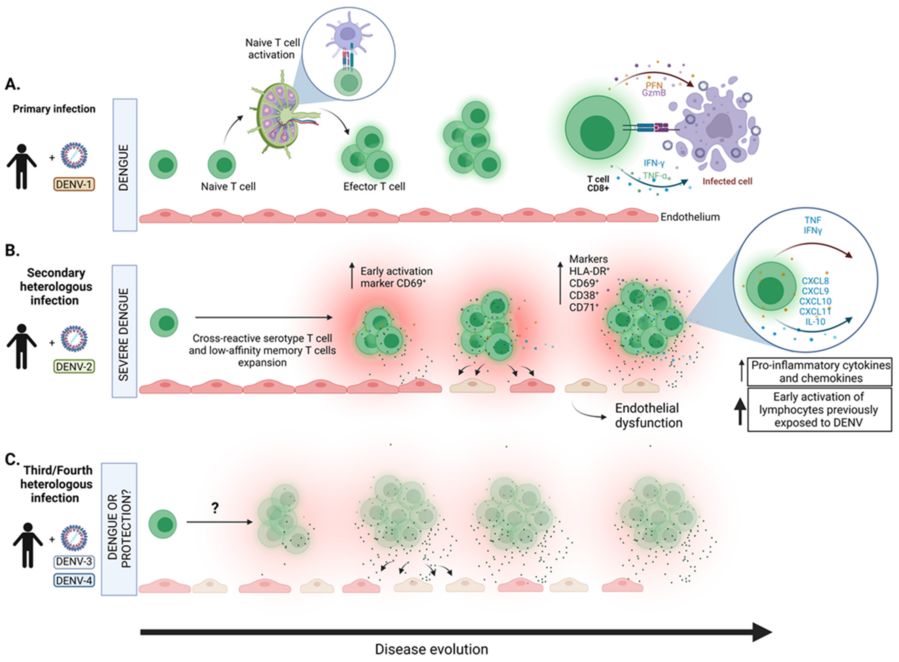
Dengue fever presents significant diagnostic challenges due to its dynamic clinical progression and symptom overlap with other arboviral diseases...
Learn More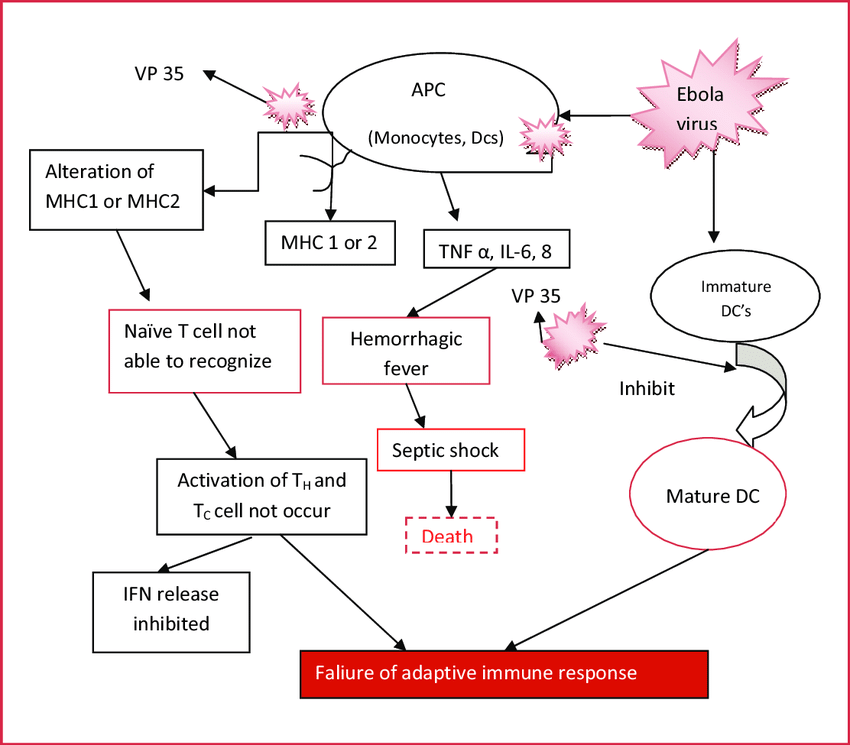
Ebola virus disease (EVD) is a severe, often fatal hemorrhagic fever caused by the Ebola virus. Accurate and timely diagnosis of EVD is essential for effective patient management and outbreak containment...
Learn More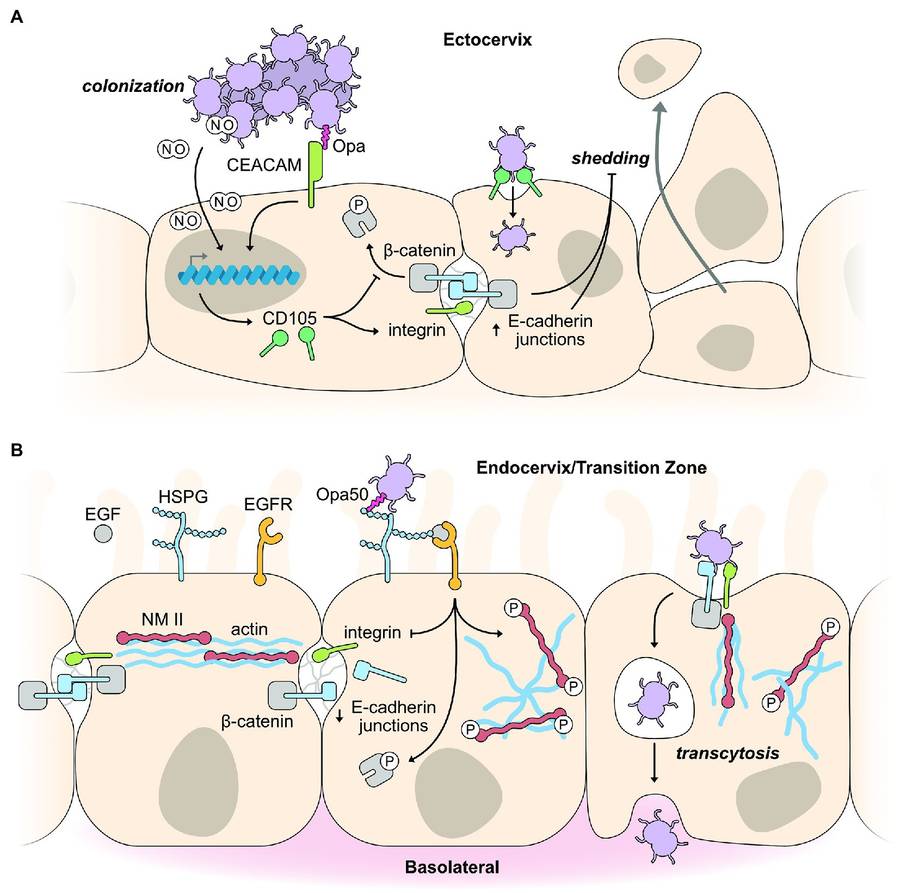
Gonorrhea remains a pressing global health challenge, with rising antibiotic resistance and asymptomatic cases driving the need for advanced diagnostic solutions...
Learn More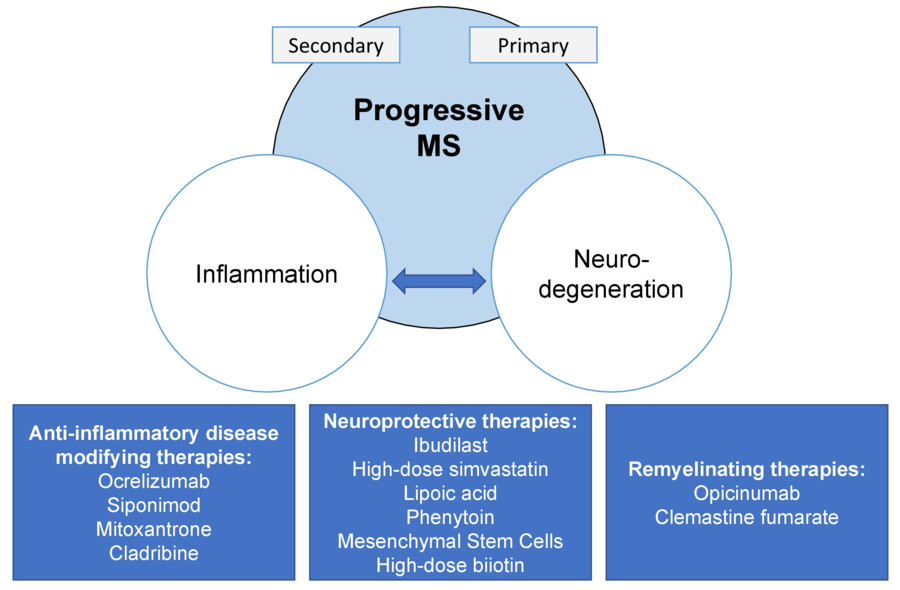
Diagnosis and monitoring of multiple sclerosis (MS) has long relied on clinical assessment, MRI, and invasive cerebrospinal fluid (CSF) analysis, which face challenges in sensitivity, specificity, and accessibility...
Learn More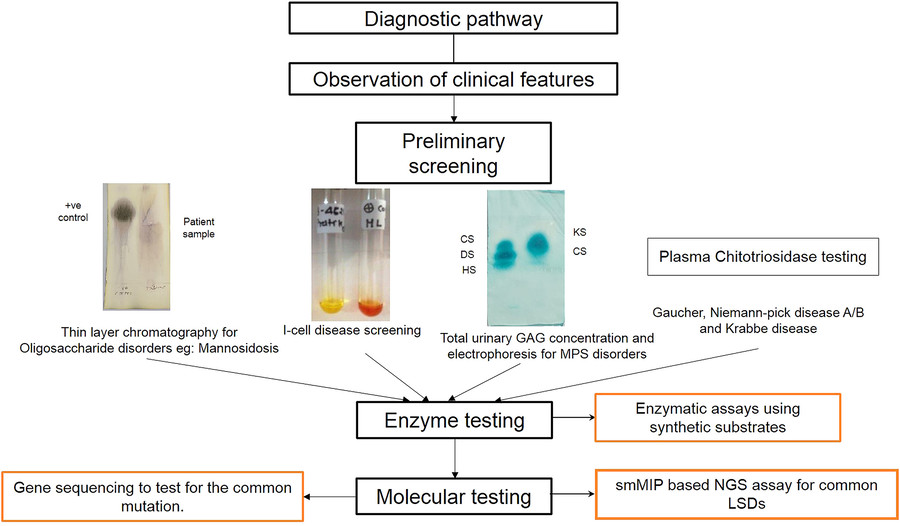
Lysosomal storage disorders (LSDs) represent a complex group of inherited metabolic diseases requiring accurate and timely diagnosis for effective management...
Learn More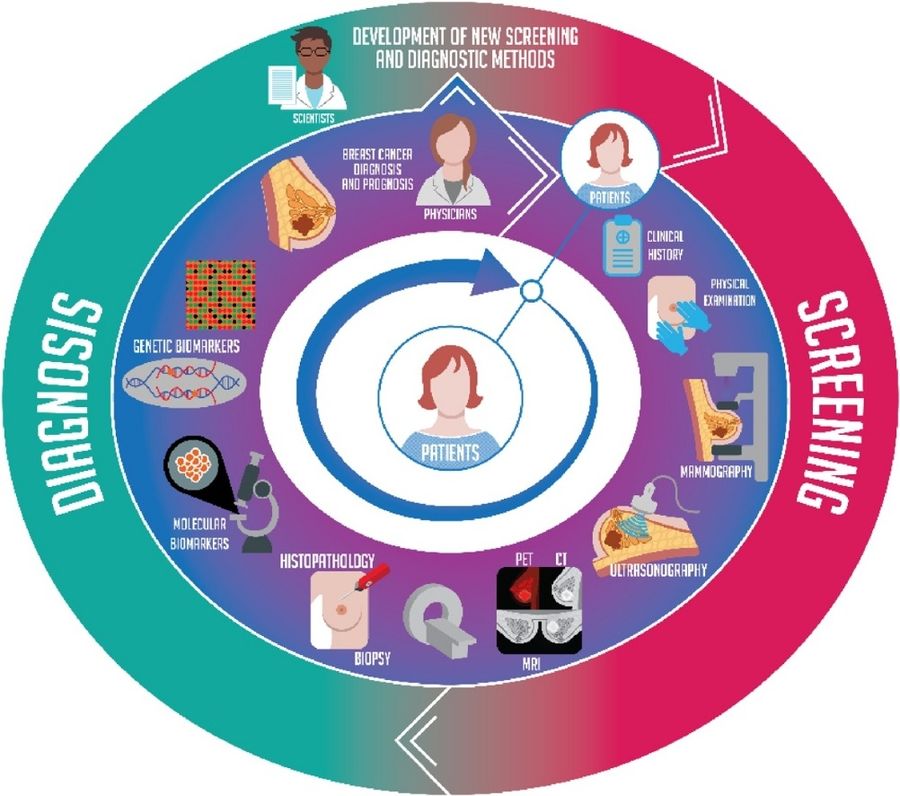
With the advancement of in vitro diagnostics (IVD) technologies, breast cancer diagnostics are undergoing a revolution...
Learn More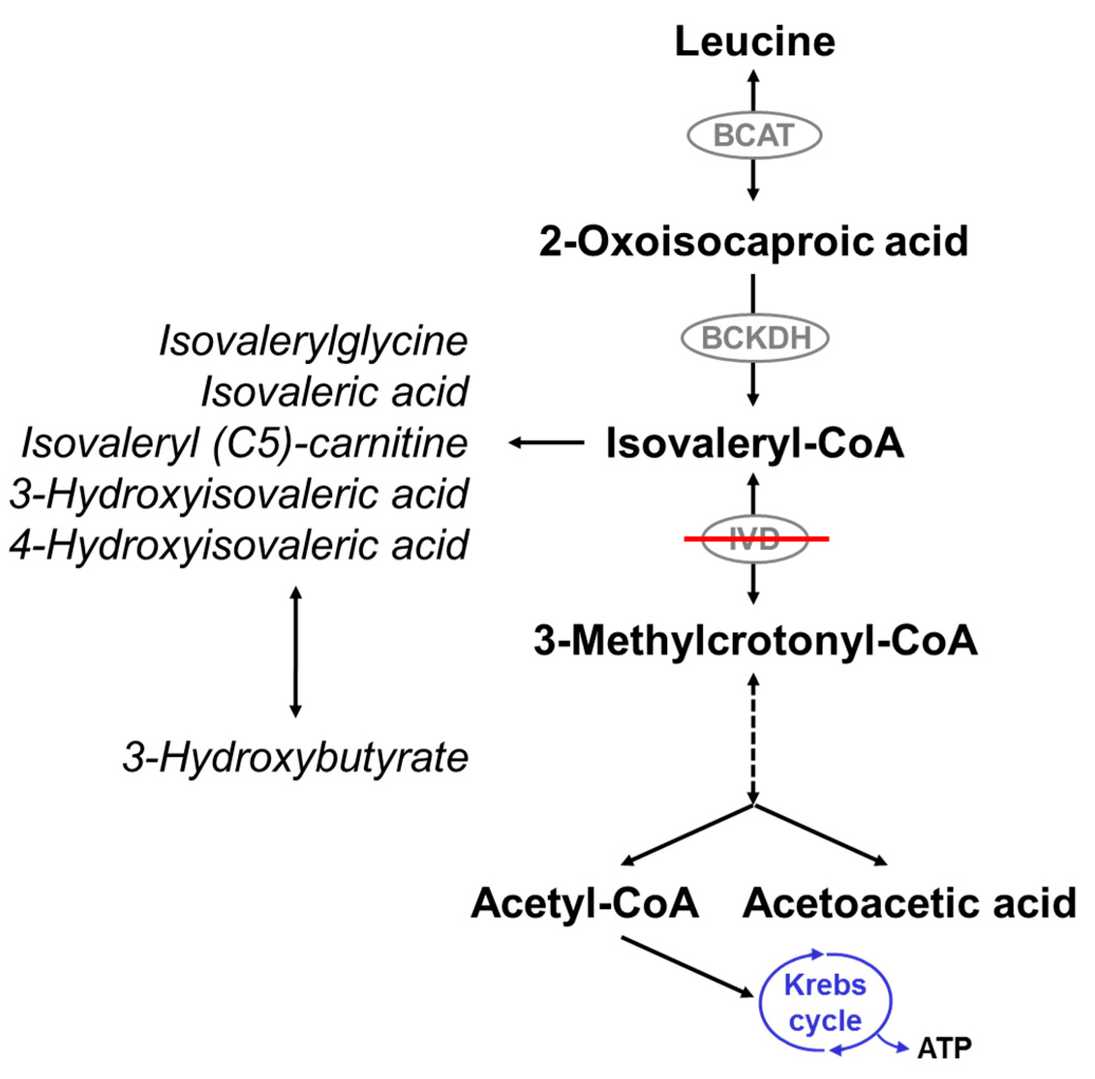
Isovaleric acidemia (IVA) is an inherited metabolic disorder disrupting the breakdown of the amino acid leucine. This resource...
Learn More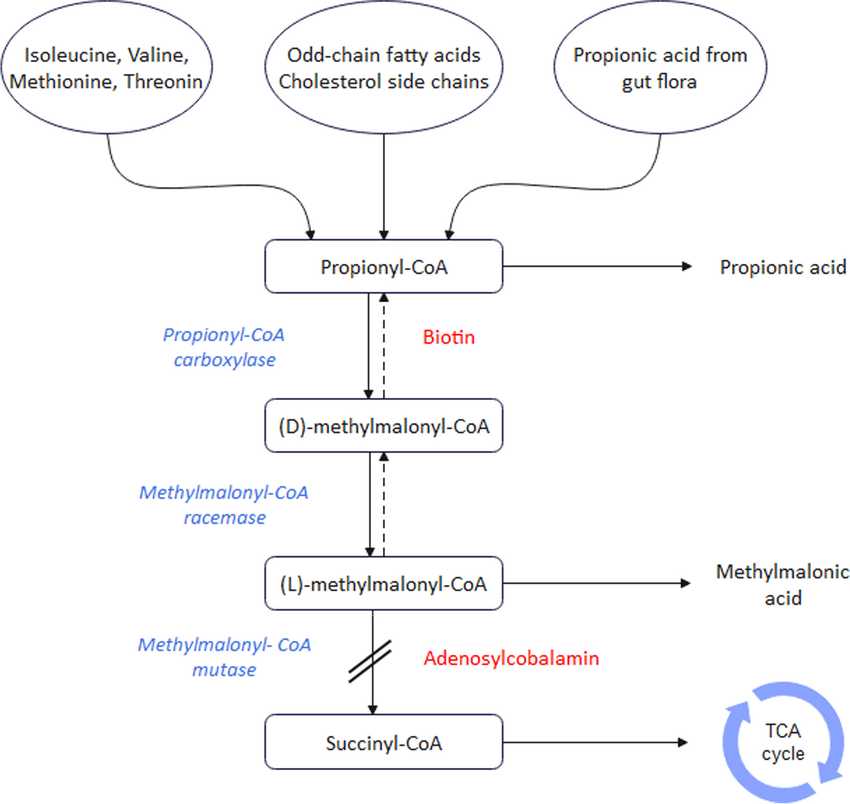
Methylmalonic Acidemia (MMA) is an inherited metabolic disorder caused by defects in methylmalonyl-CoA mutase or cobalamin...
Learn More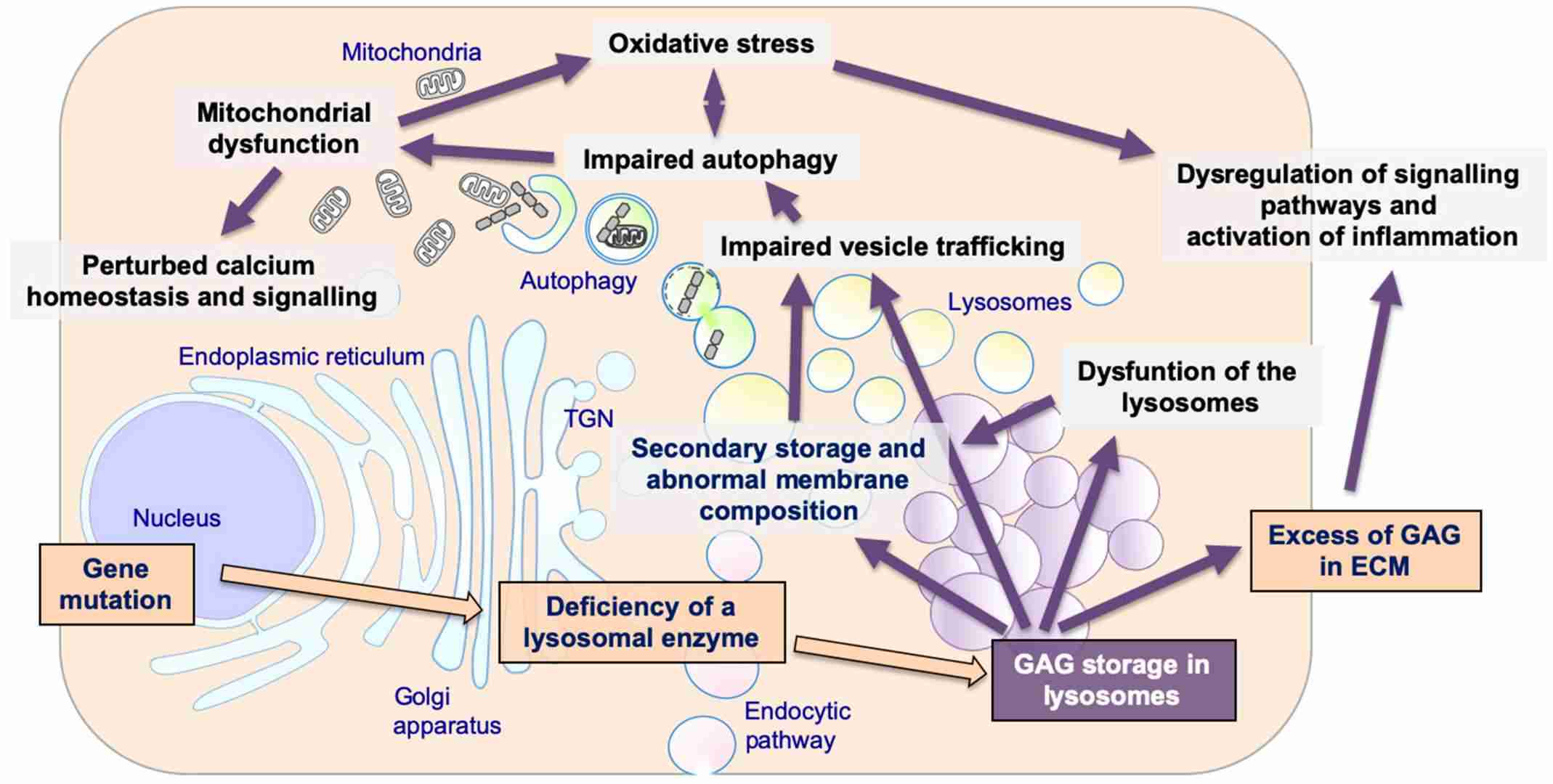
Mucopolysaccharidoses (MPS) are a group of inherited metabolic disorders caused by deficient lysosomal enzymes leading to...
Learn More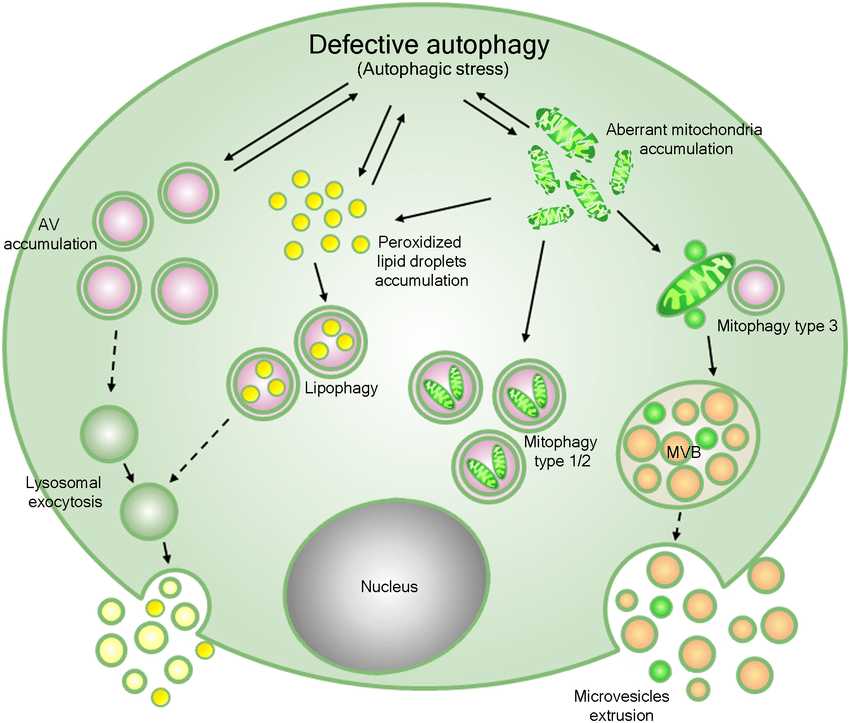
Niemann-Pick disease (NPD) is a rare, autosomal recessive lysosomal storage disorder. This resource provides a comprehensive overview of the modern...
Learn More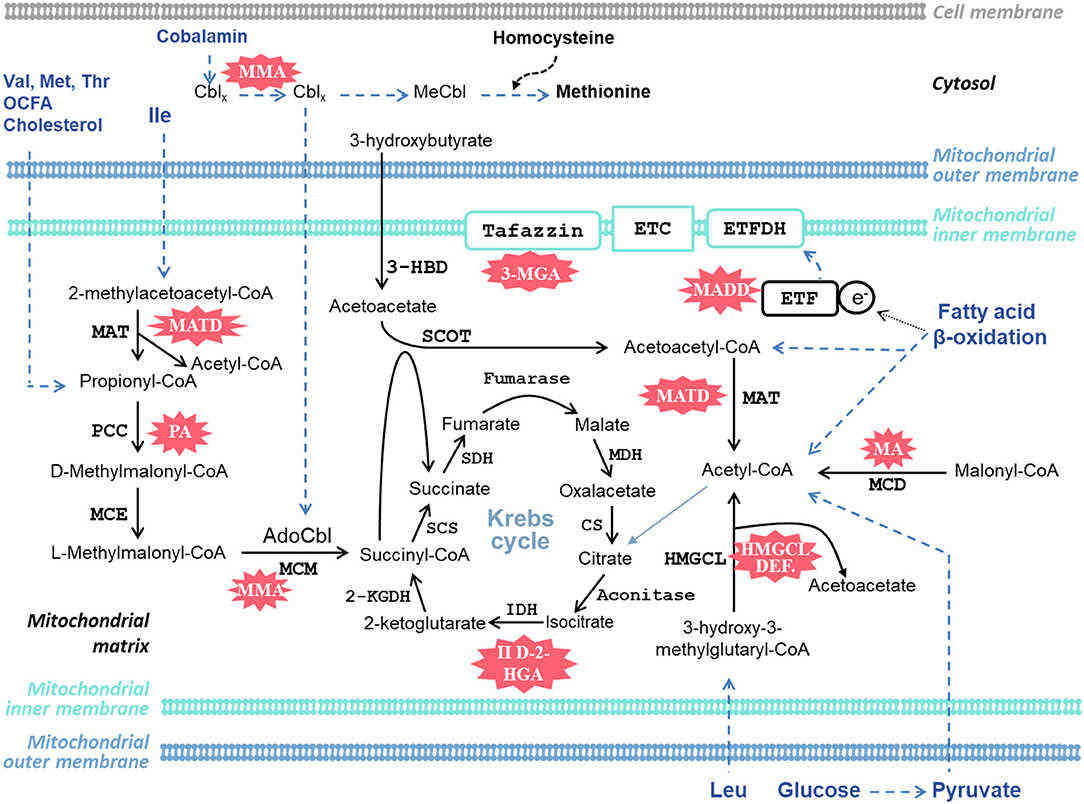
The diagnosis of organic acidemias (OAs) has evolved into a sophisticated, multi-stage process crucial for initiating timely and life-altering patient...
Learn More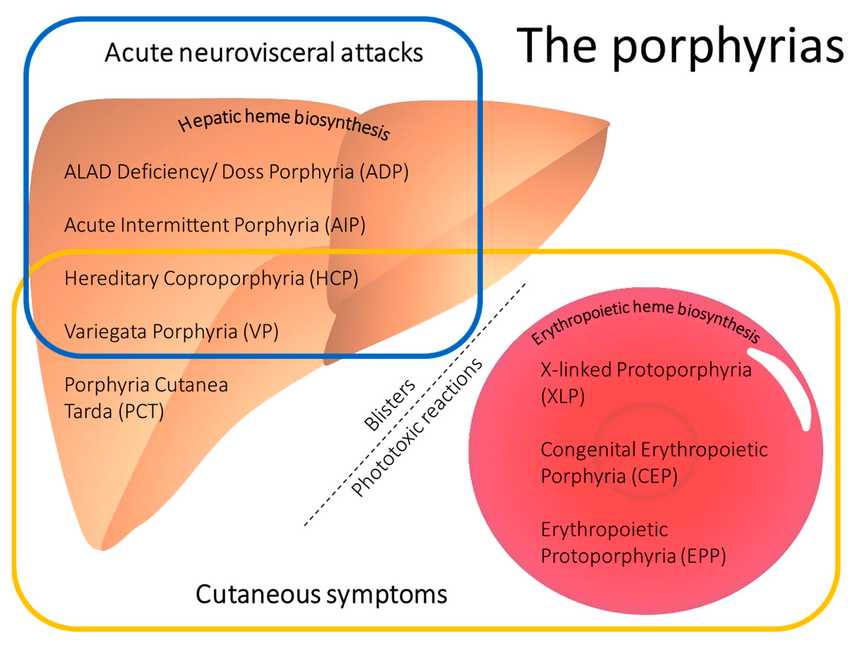
The accurate diagnosis of porphyrias demands a systematic laboratory strategy to navigate their complex and often overlapping clinical presentations. This...
Learn More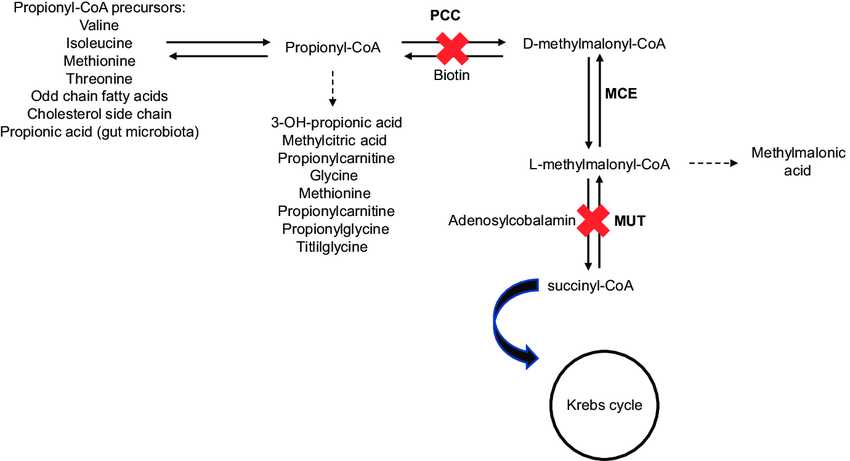
The accurate diagnosis of propionic acidemia (PA) requires a coordinated multi-method approach that integrates biochemical, enzymatic, and genetic...
Learn More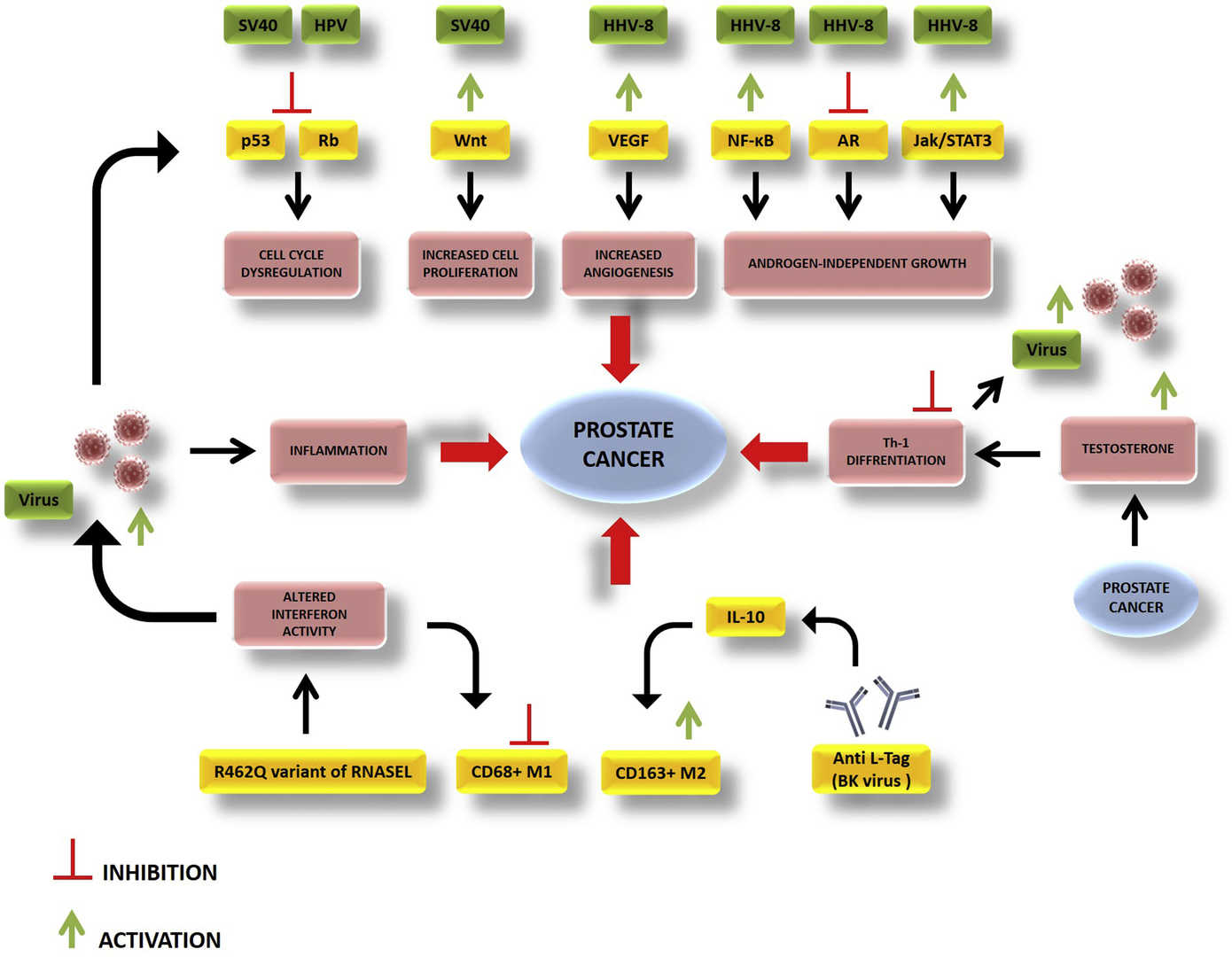
Prostate cancer is a prevalent malignancy requiring a sophisticated diagnostic approach to balance early detection with personalized risk management. This...
Learn More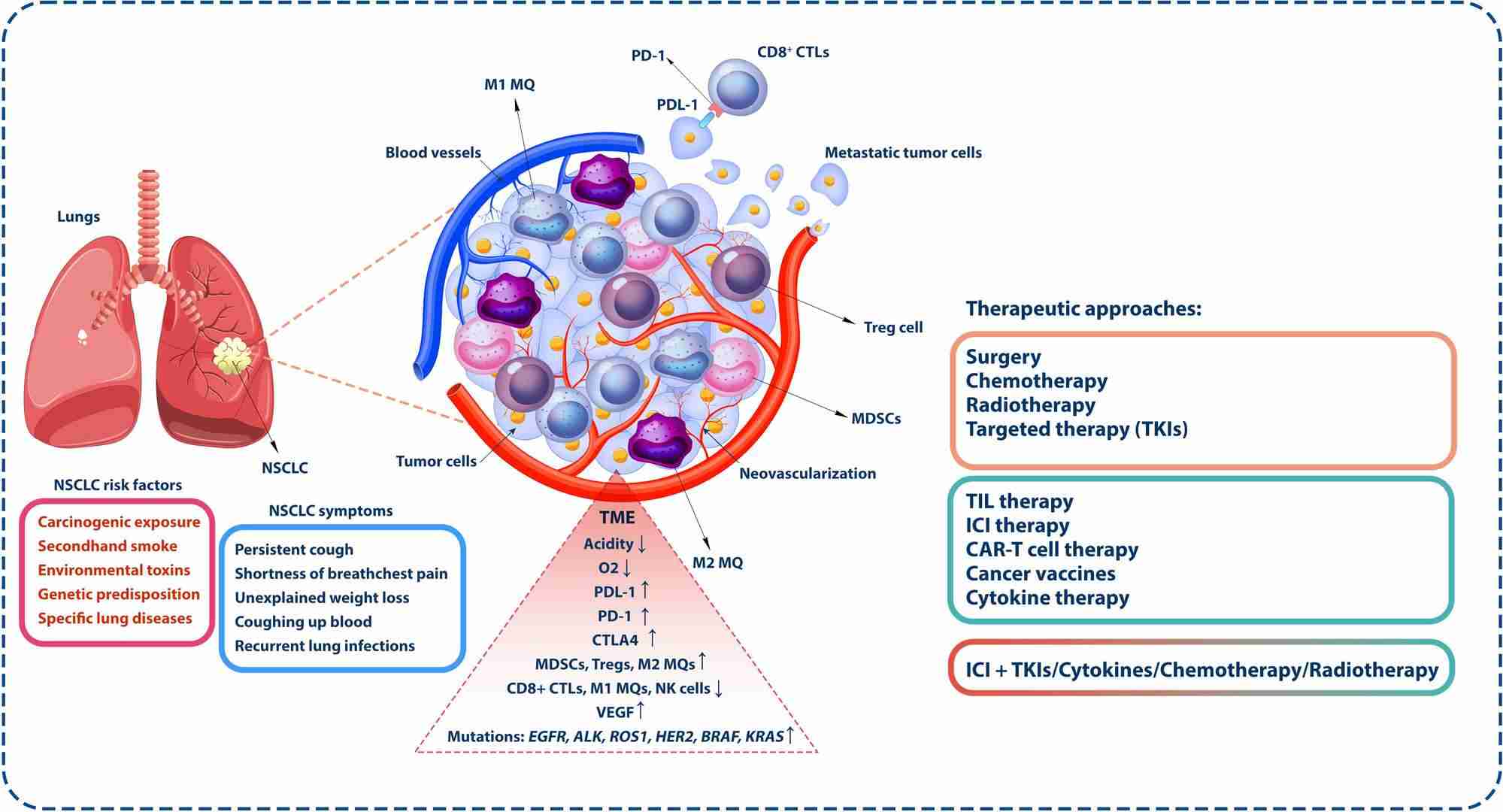
Non-small cell lung cancer (NSCLC) represents a molecularly diverse group of malignancies where accurate biomarker identification directly determines...
Learn More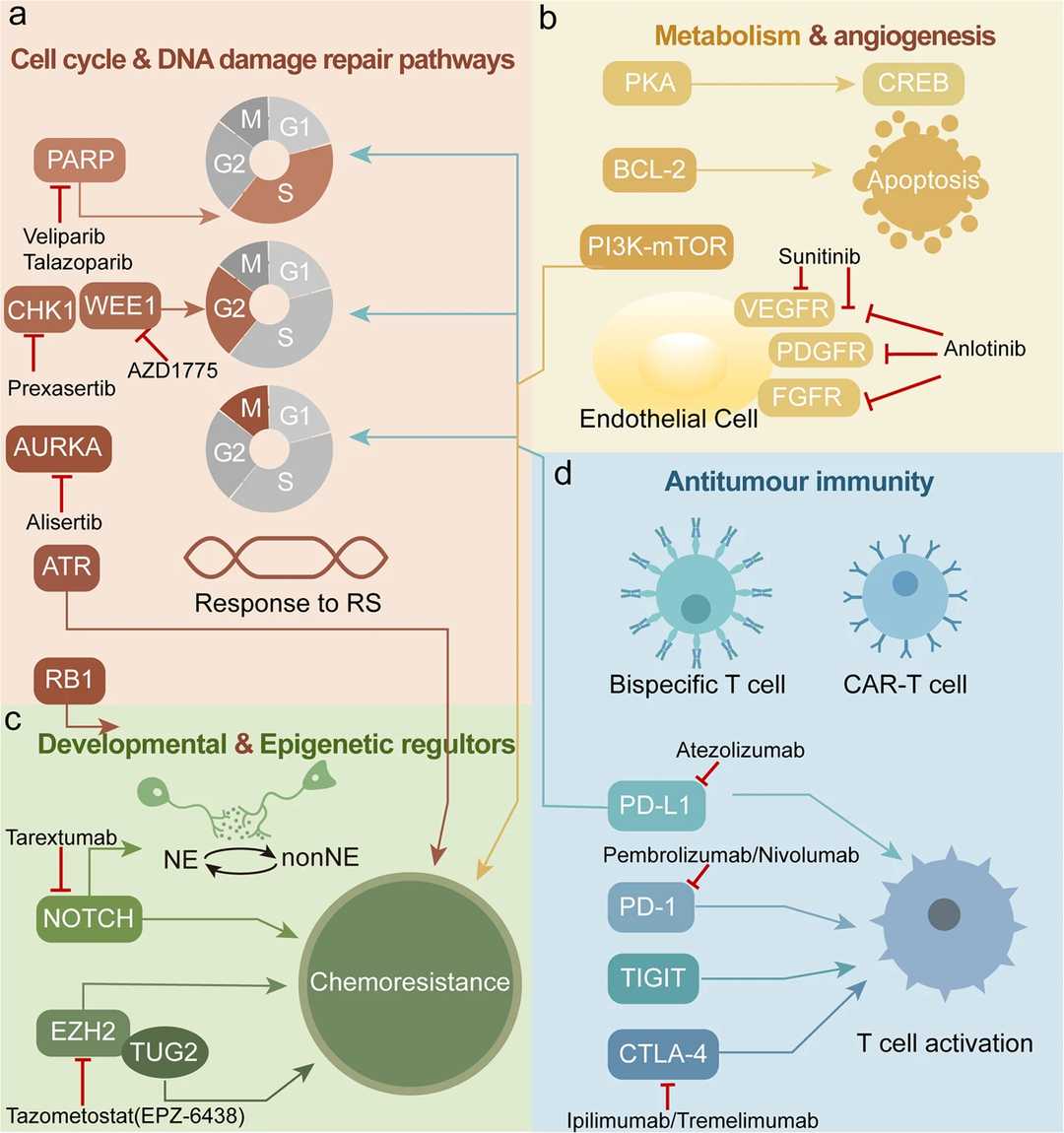
Small cell lung cancer (SCLC) is an aggressive, high-grade neuroendocrine malignancy characterized by rapid growth and early, widespread metastasis. This...
Learn More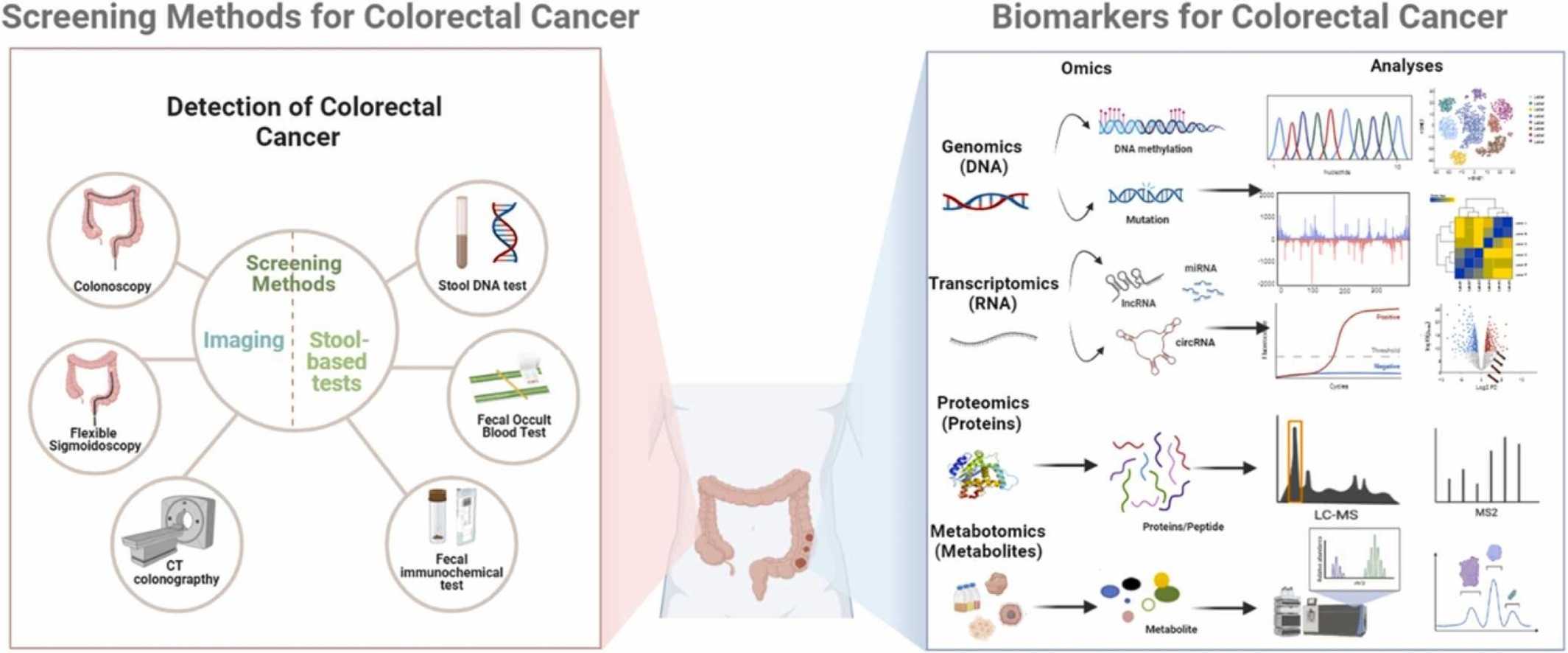
Colorectal cancer (CRC) is a prevalent malignancy whose effective management is critically dependent on precise and comprehensive diagnostic profiling....
Learn More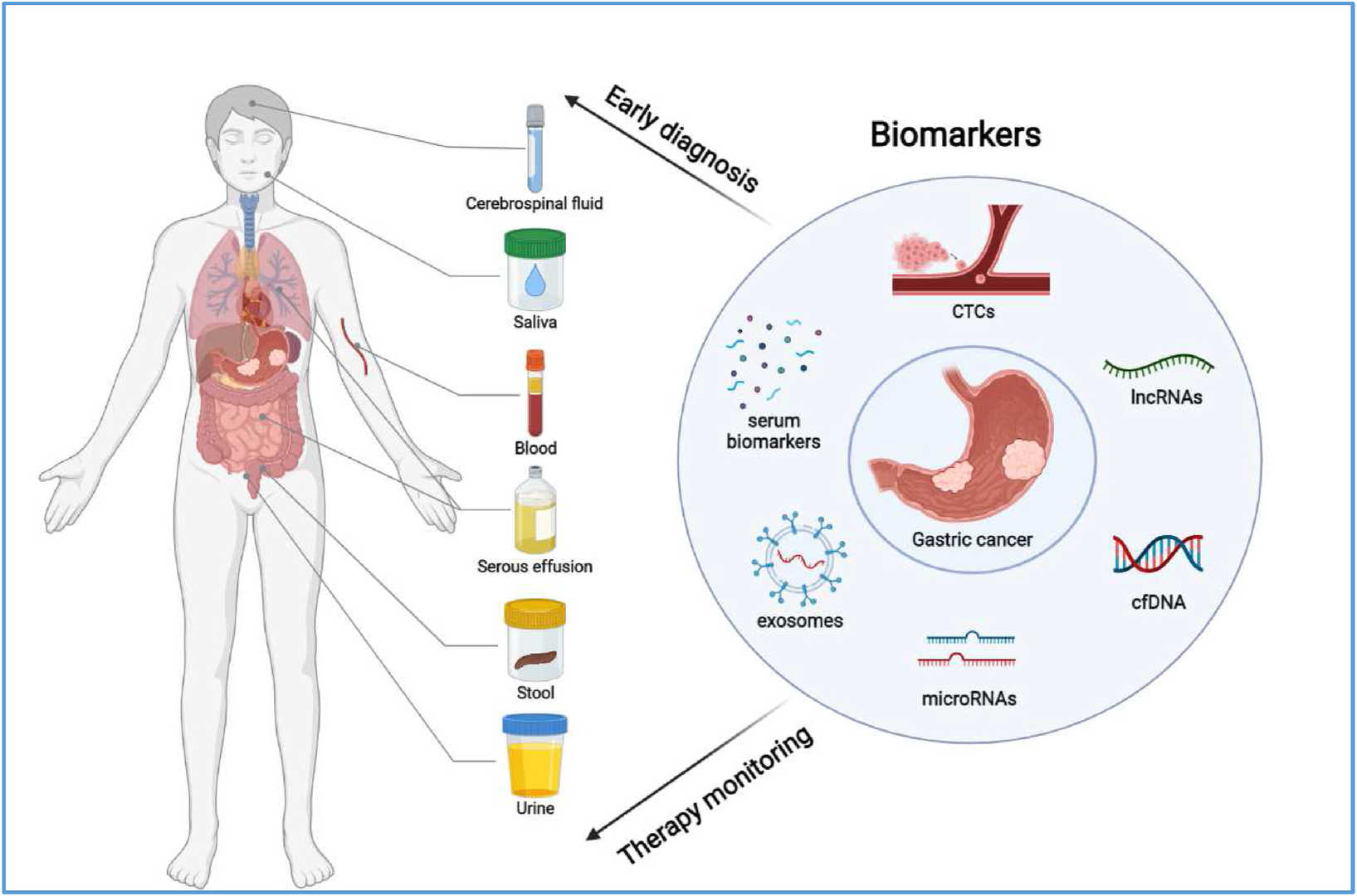
Gastric cancer is a complex and molecularly heterogeneous disease where precise biomarker identification is crucial for effective treatment selection. This...
Learn More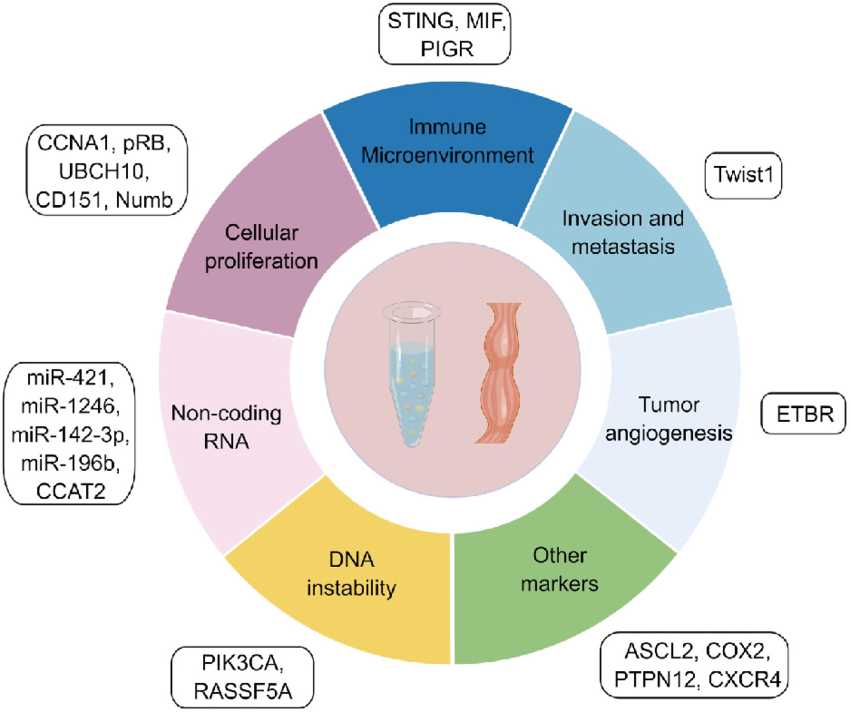
Esophageal cancer is a complex malignancy where precise diagnostic profiling is fundamental to effective treatment selection. This resource provides a...
Learn More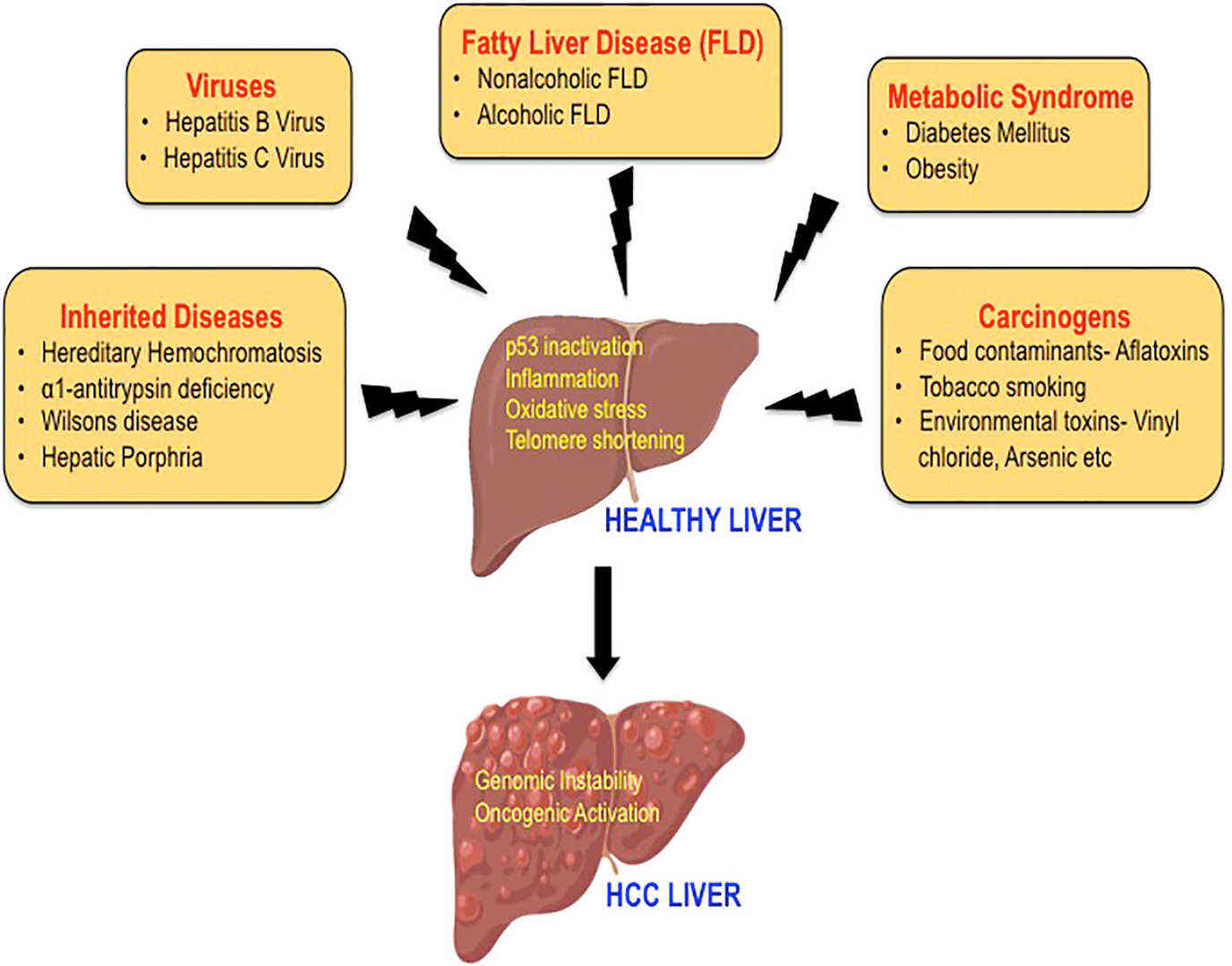
Liver cancer, primarily hepatocellular carcinoma (HCC), is a major global health challenge whose prognosis heavily depends on early and accurate...
Learn More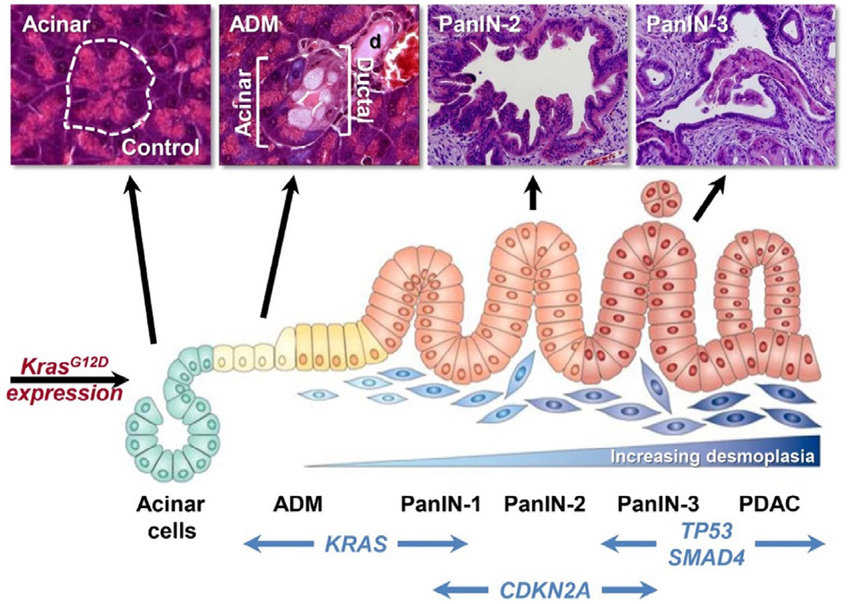
Pancreatic cancer remains one of the most challenging malignancies due to its late diagnosis and aggressive nature. This resource provides a...
Learn More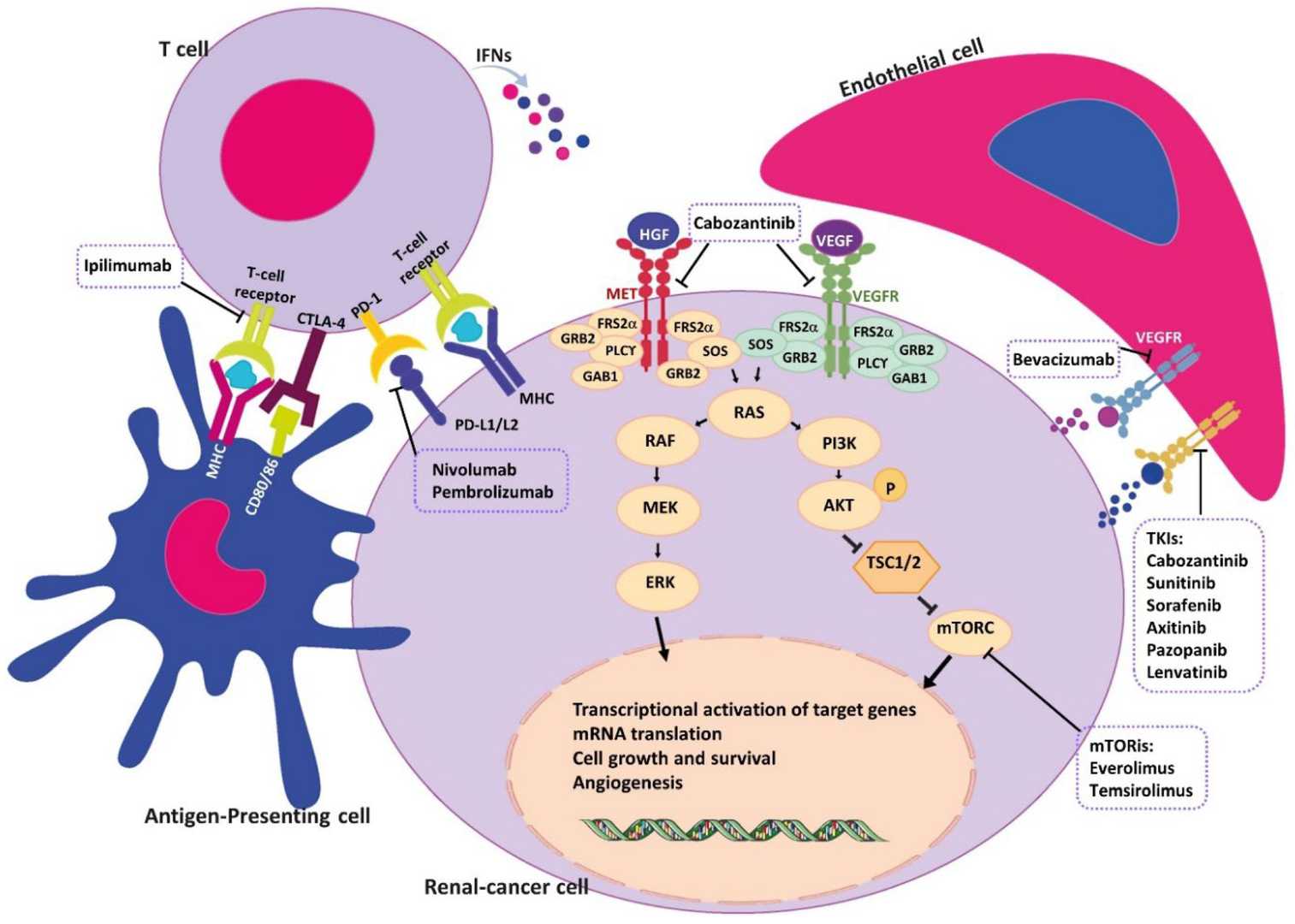
Kidney cancer, particularly renal cell carcinoma, presents significant diagnostic challenges that often lead to delayed detection and suboptimal treatment...
Learn More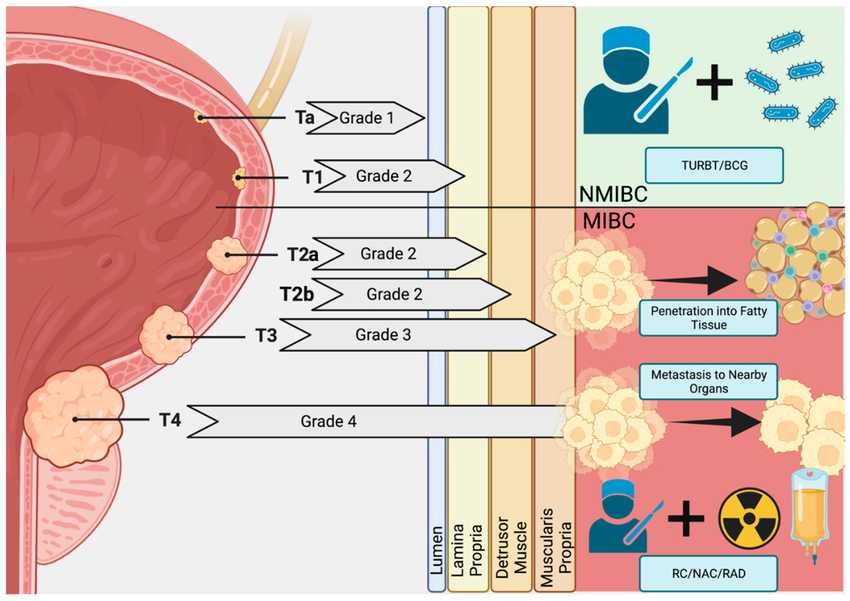
Bladder cancer stands as a significant global health challenge, characterized by its persistently high recurrence rates and substantial diagnostic...
Learn More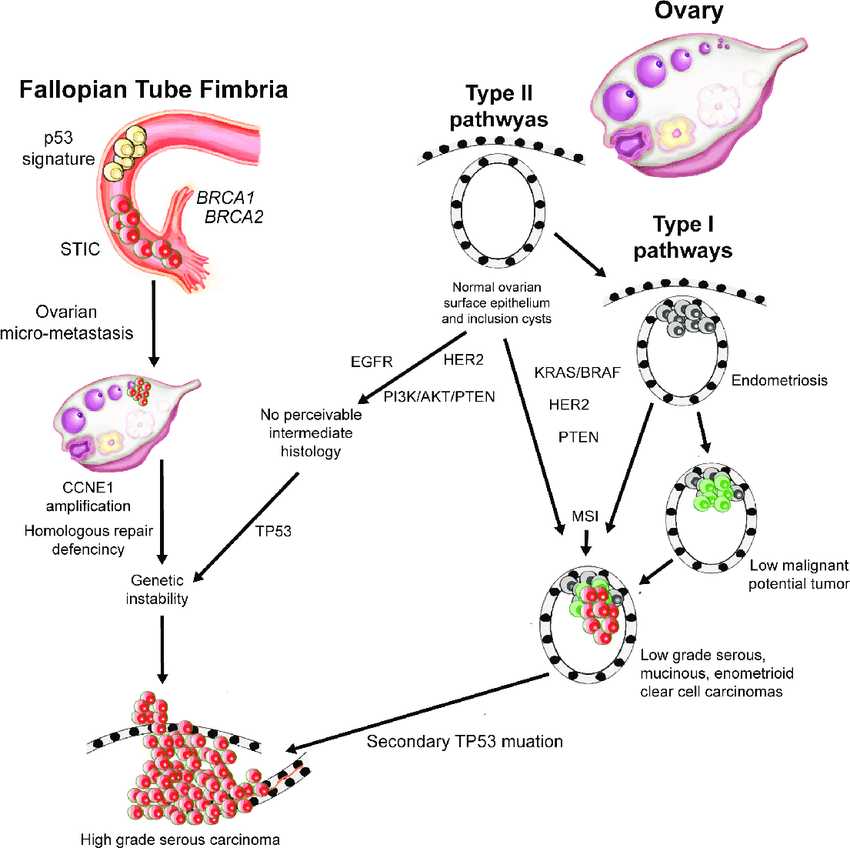
Ovarian cancer remains one of the most lethal gynecological malignancies, primarily due to its frequent diagnosis at advanced stages when treatment...
Learn More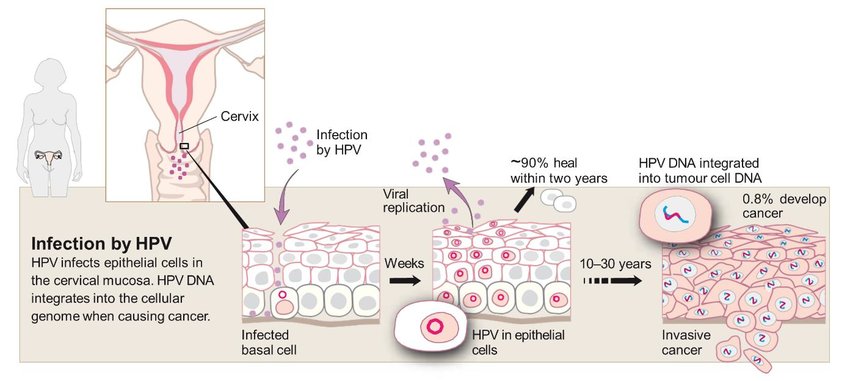
Cervical cancer remains a significant global health challenge, yet it is uniquely preventable through advanced screening and early intervention. This...
Learn More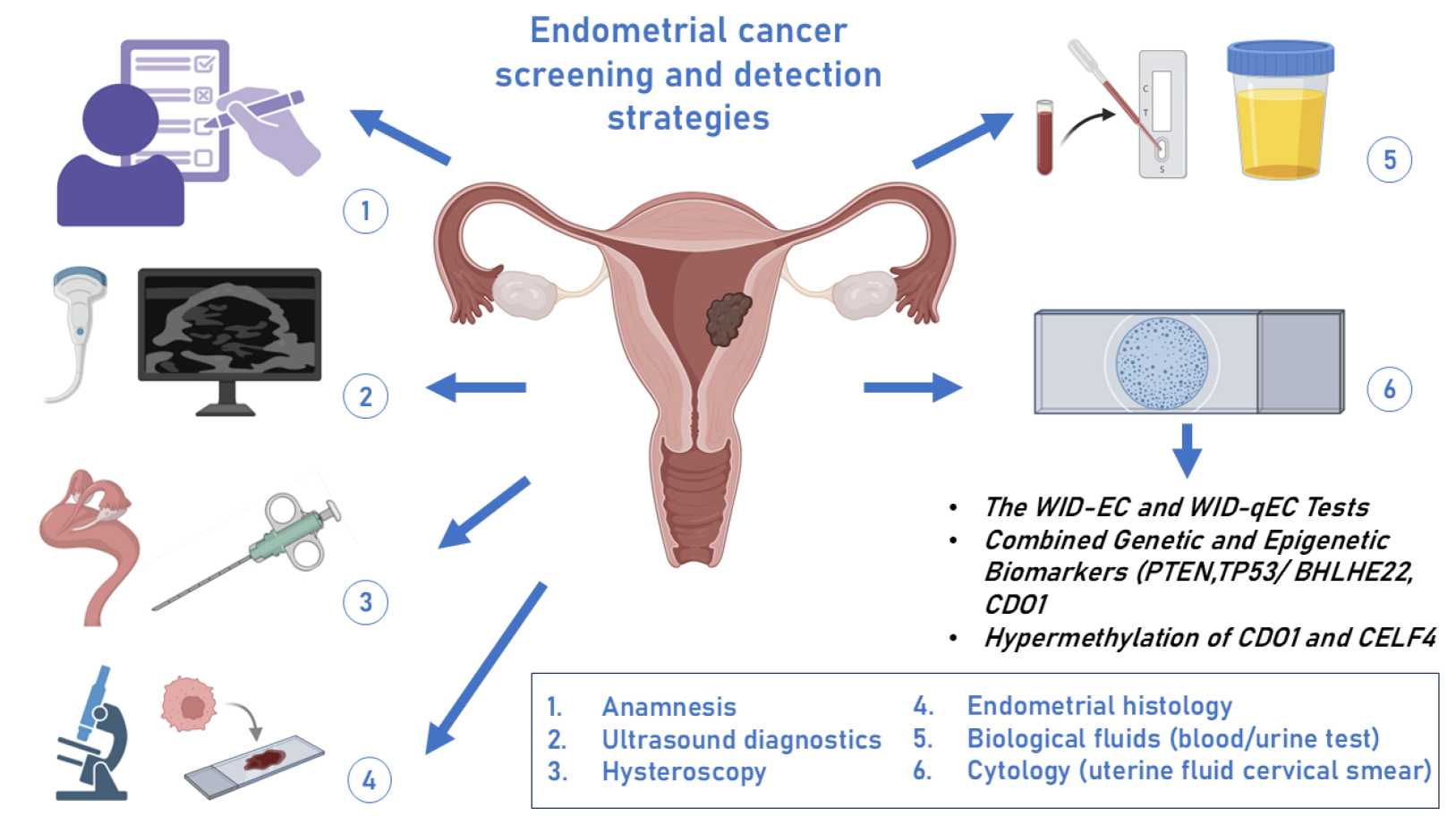
Endometrial cancer is the most prevalent gynecologic malignancy in the developed world, and its diagnosis has been transformed by the integration of molecular classification. This...
Learn More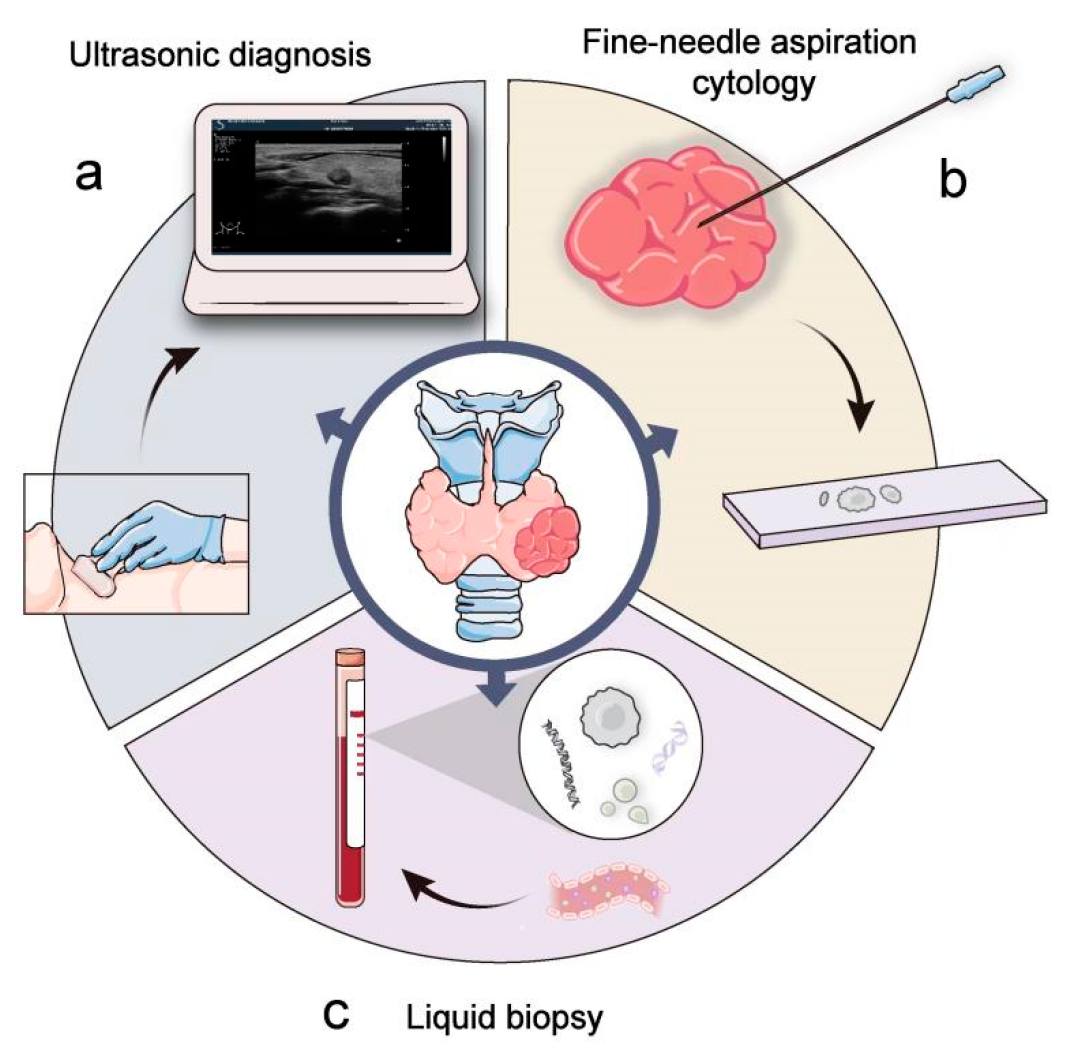
Thyroid cancer is a disease in which malignant cells form in the tissues of the thyroid gland. This resource provides...
Learn More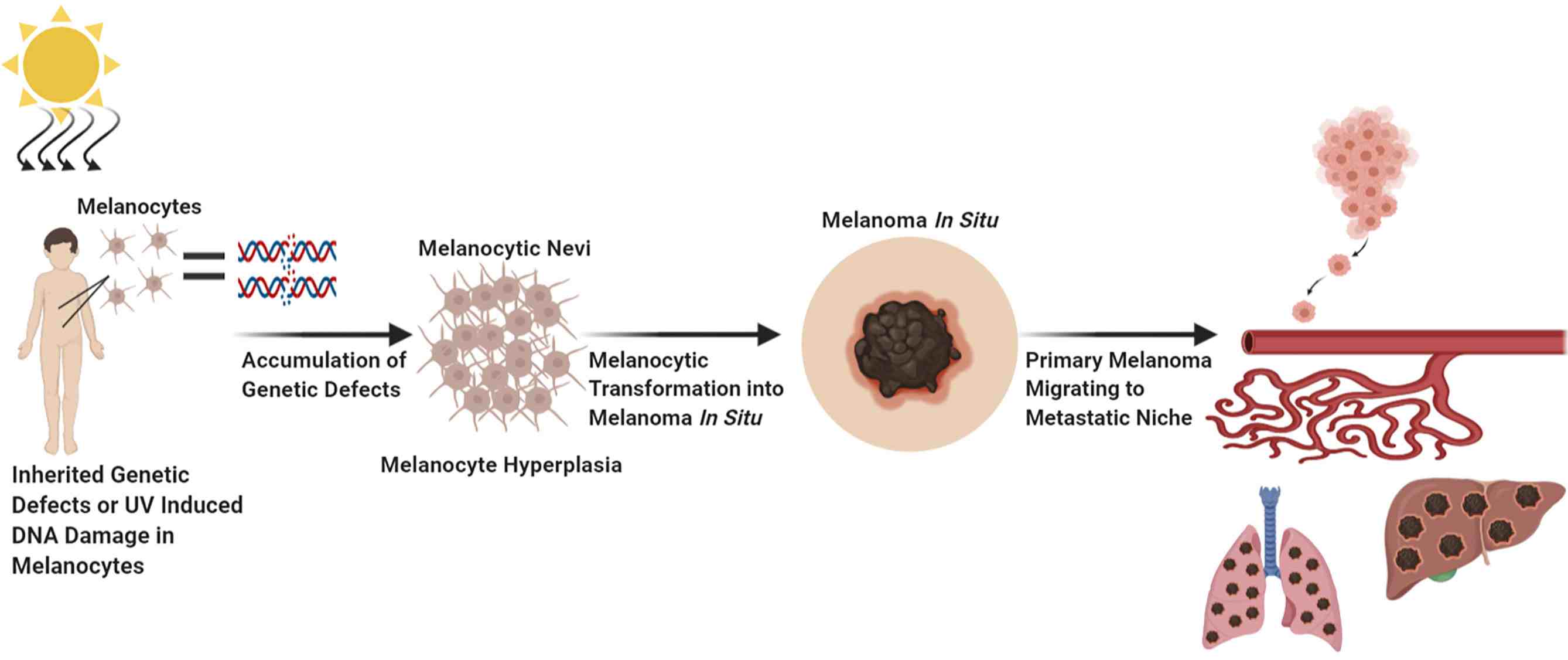
Melanoma is an aggressive form of skin cancer with significant metastatic potential, making its early and accurate detection critical for patient survival. This...
Learn More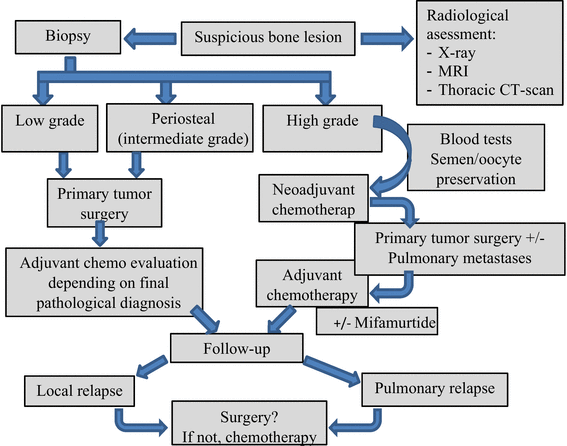
Osteosarcoma is the most common primary malignant bone tumor, predominantly affecting children and adolescents during periods of rapid growth. This...
Learn More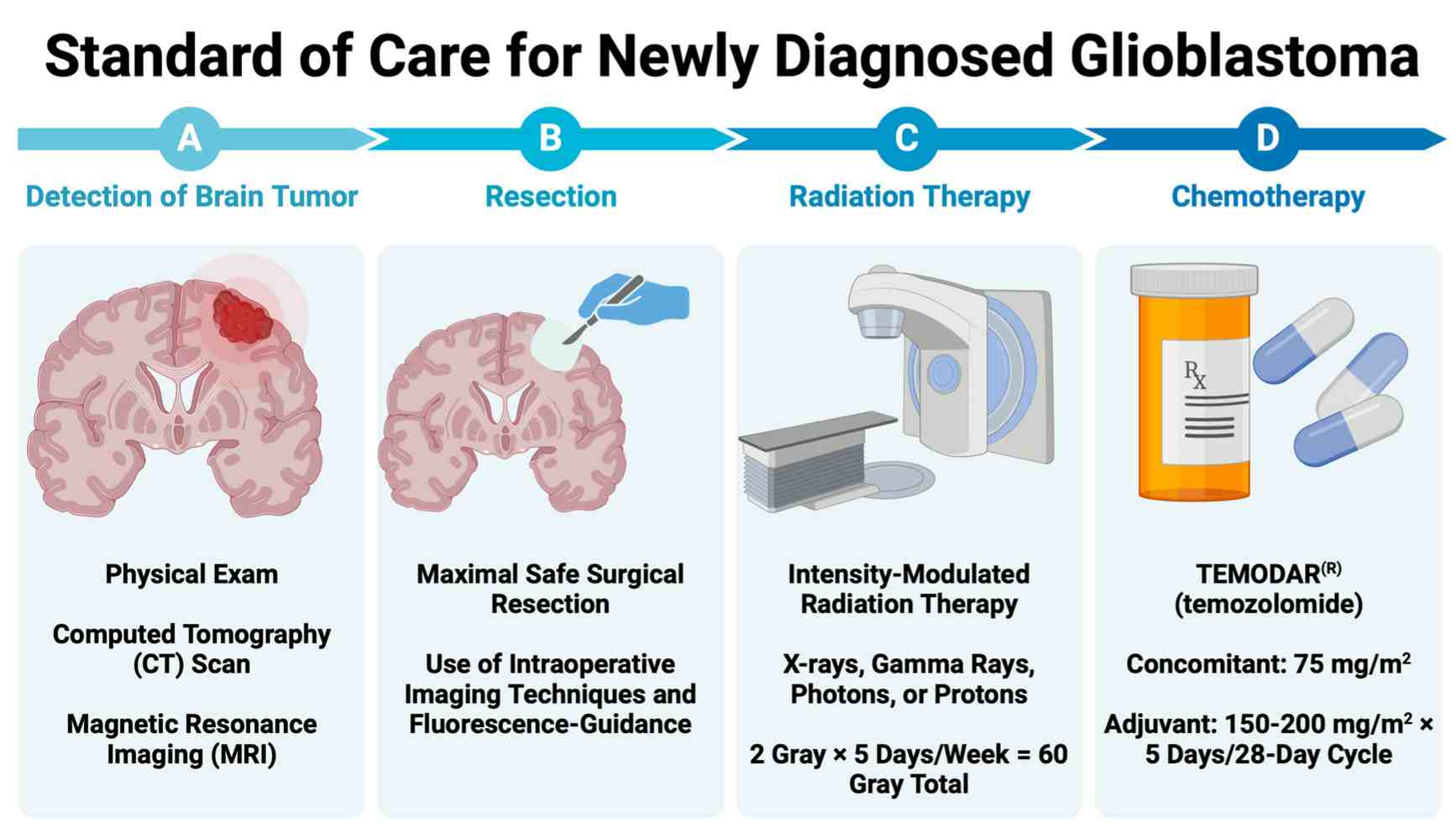
Glioblastoma (GBM) is the most aggressive and prevalent primary malignant brain tumor in adults, characterized by its rapid growth and poor prognosis. This...
Learn More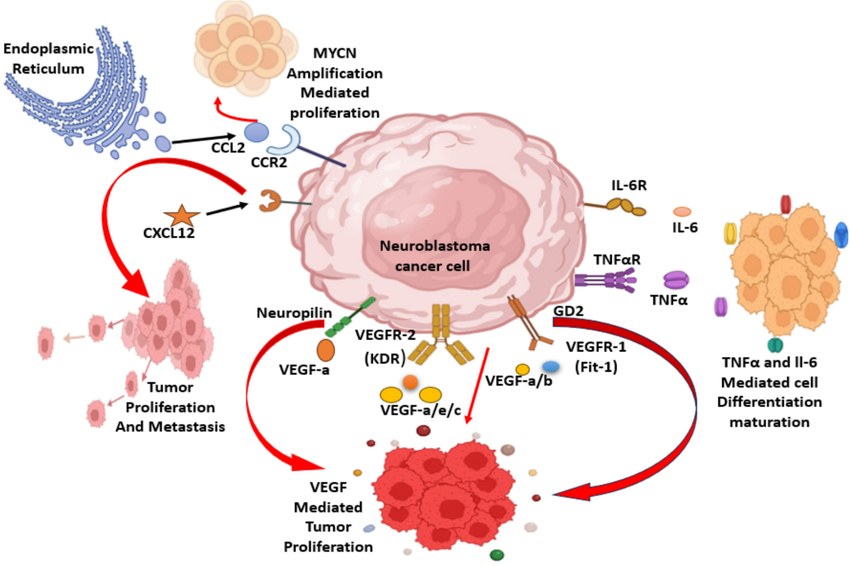
Neuroblastoma is a complex embryonic tumor of the peripheral nervous system, representing the most common extracranial solid cancer in childhood. This...
Learn More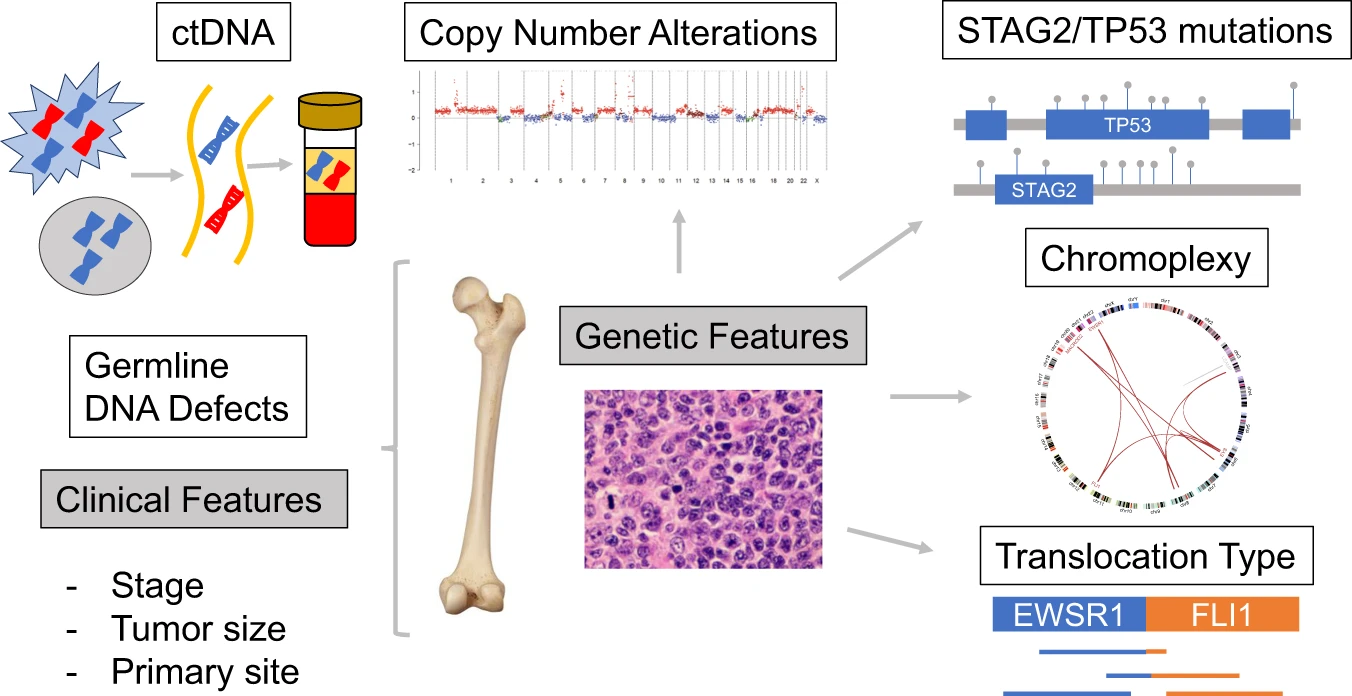
Ewing sarcoma is a highly aggressive bone and soft tissue tumor characterized by specific chromosomal translocations, most notably the EWSR1- FLI1 fusion gene. This...
Learn More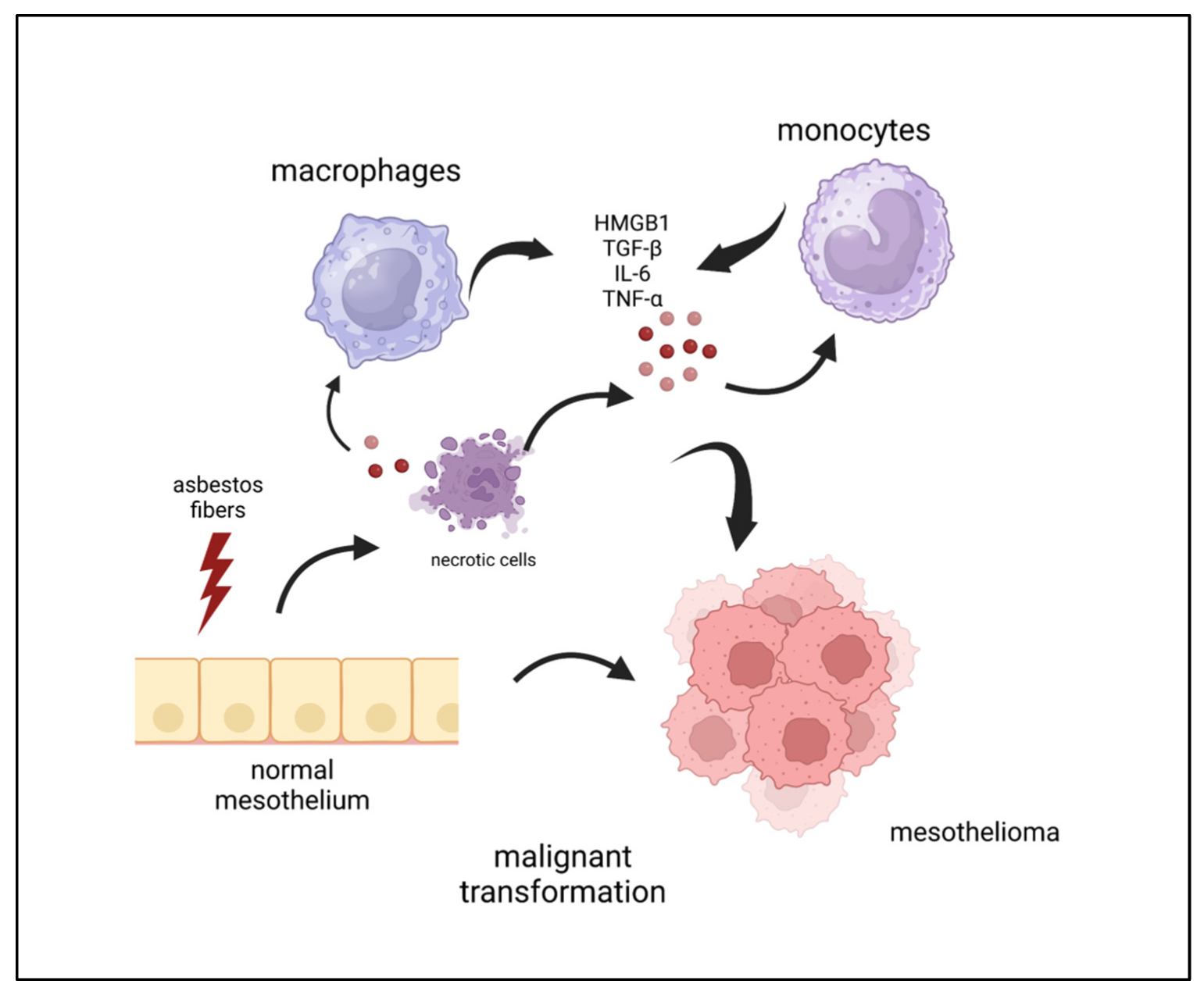
Mesothelioma is a rare and aggressive malignancy primarily associated with asbestos exposure, characterized by diagnostic challenges and poor prognosis. This...
Learn More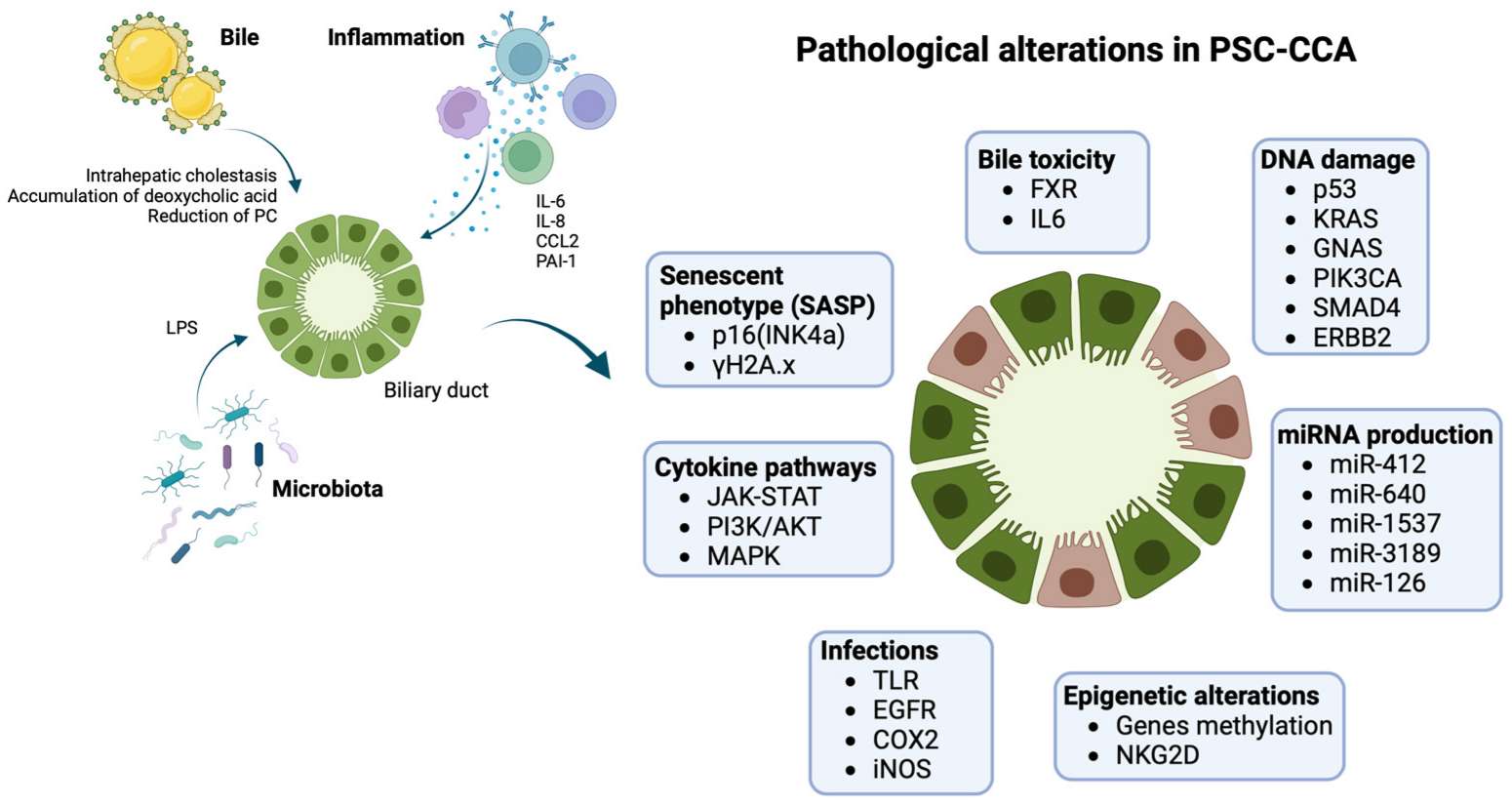
Cholangiocarcinoma is a rare and aggressive malignancy originating from the bile ducts, characterized by diagnostic challenges and poor prognosis due to frequent late-stage detection. This...
Learn More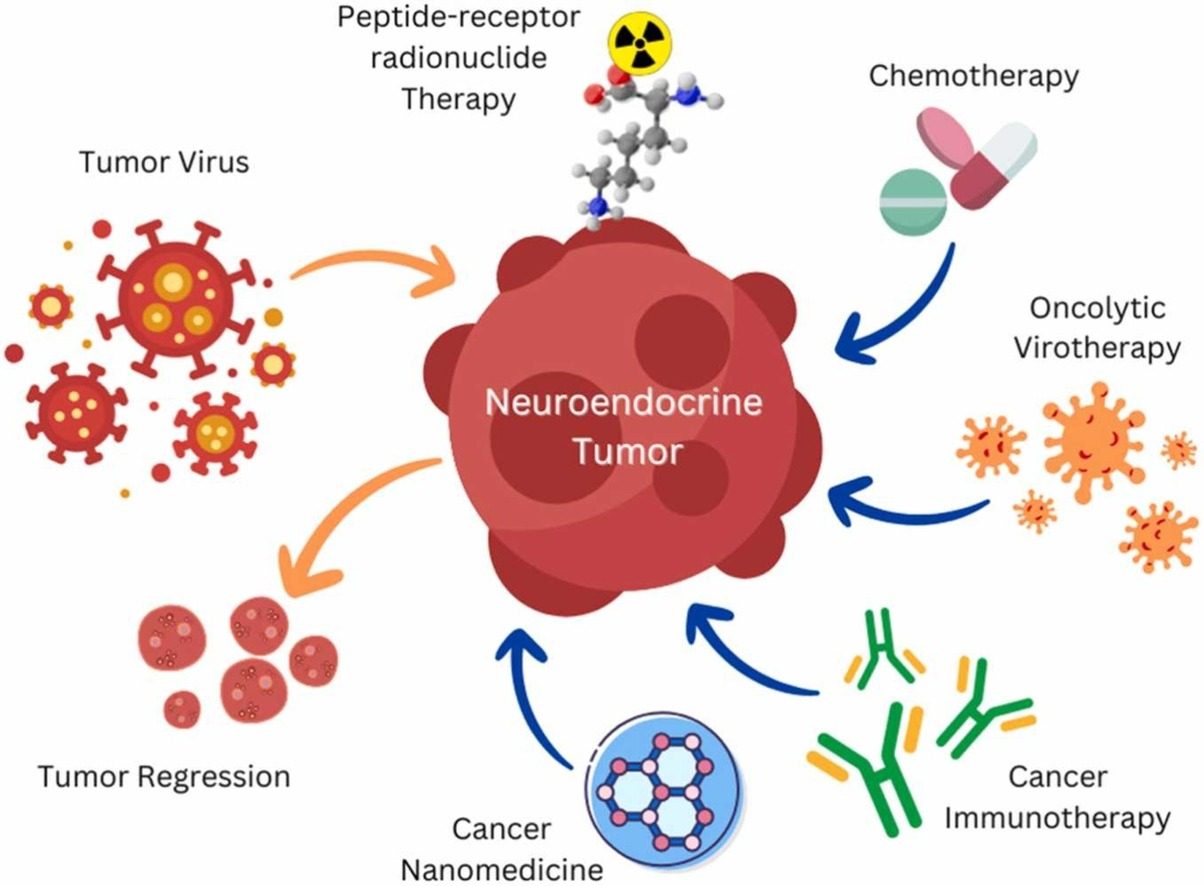
Neuroendocrine tumors (NETs) represent a diverse group of neoplasms characterized by variable clinical behavior and complex diagnostic requirements. This...
Learn More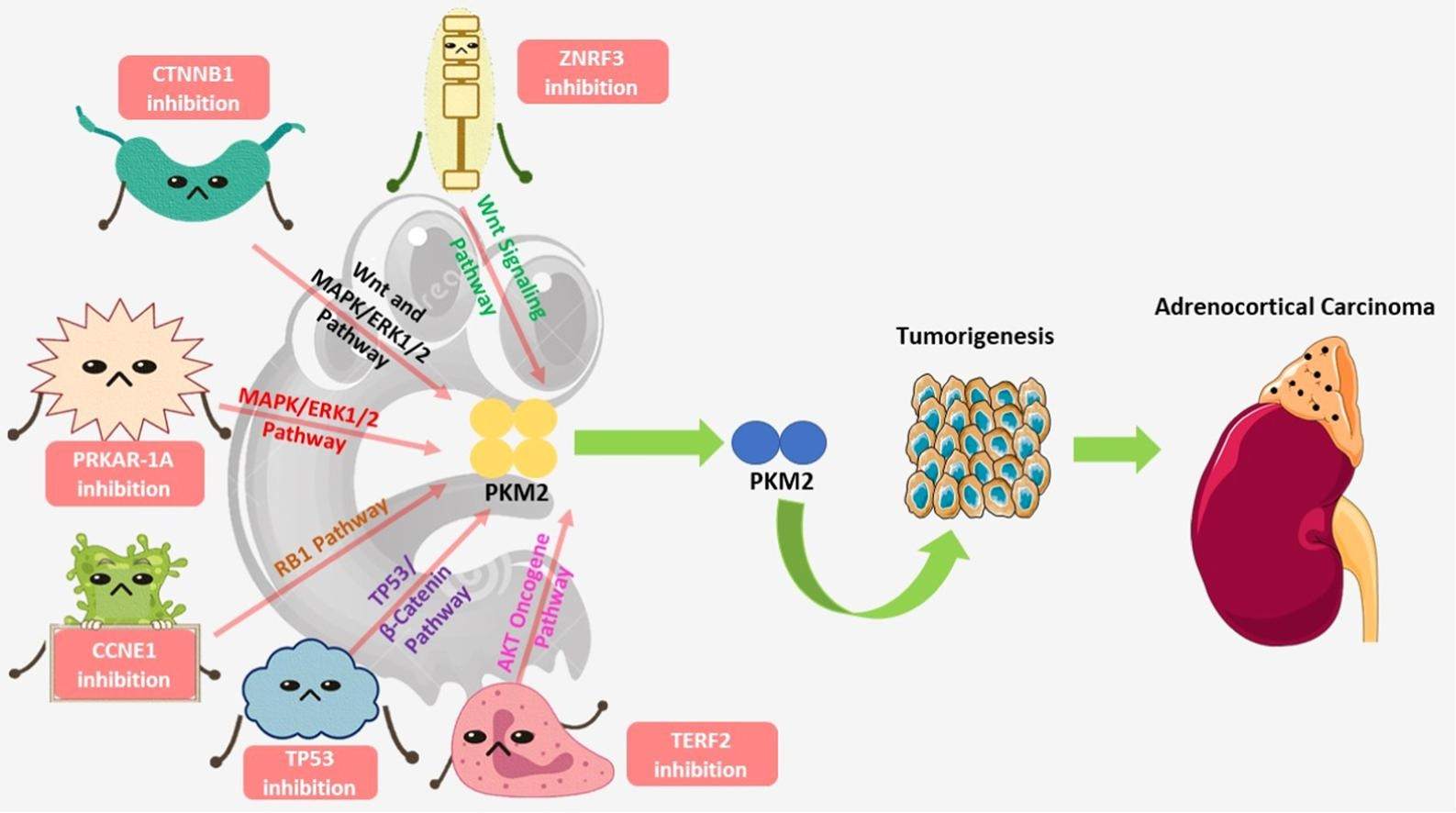
Adrenocortical carcinoma (ACC) is a rare and aggressive endocrine malignancy that poses significant diagnostic challenges due to its heterogeneous presentation and clinical behavior. This...
Learn More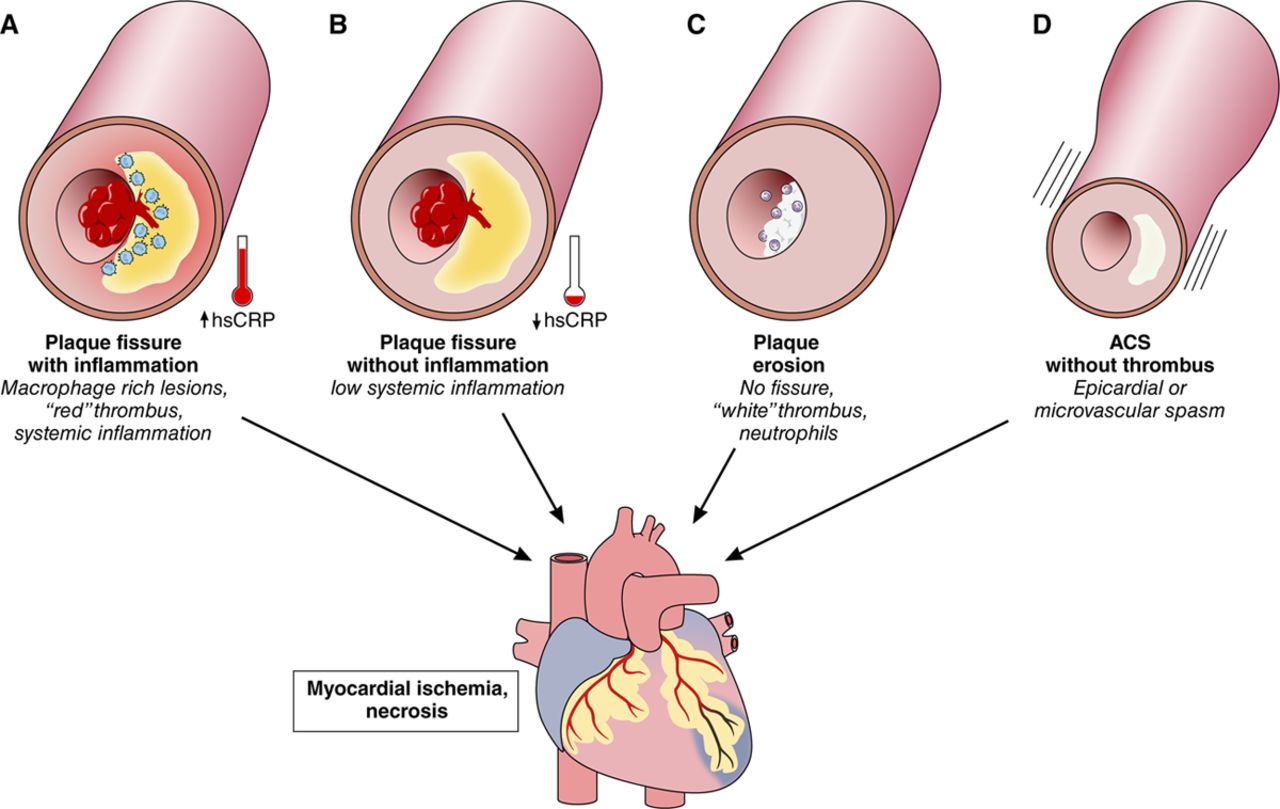
Acute coronary syndrome (ACS) represents a spectrum of life-threatening cardiac conditions caused by abrupt coronary artery occlusion, requiring immediate diagnosis and...
Learn More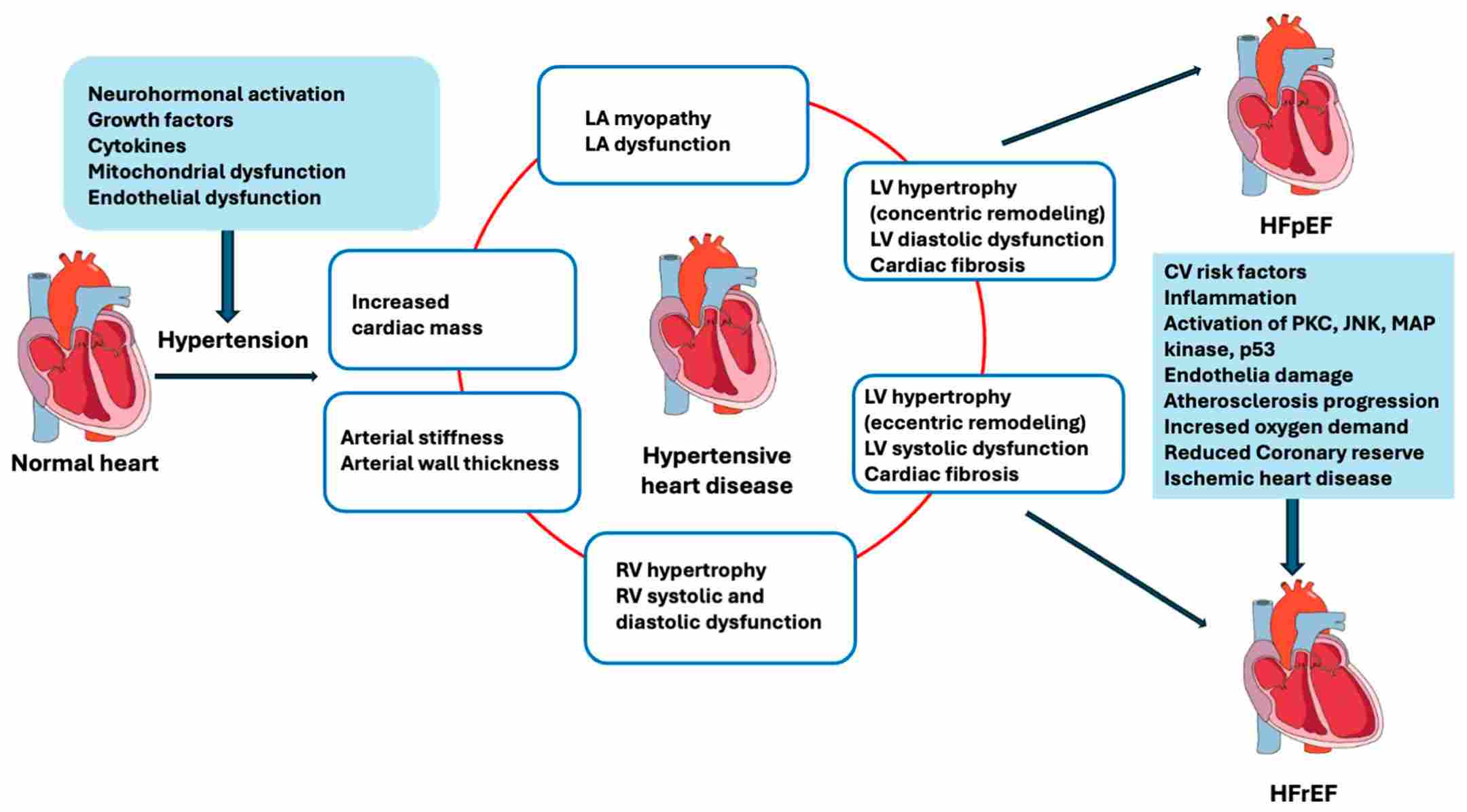
Heart failure is a complex clinical syndrome where the heart's ability to pump blood is compromised, leading to debilitating symptoms like breathlessness and fatigue. This...
Learn More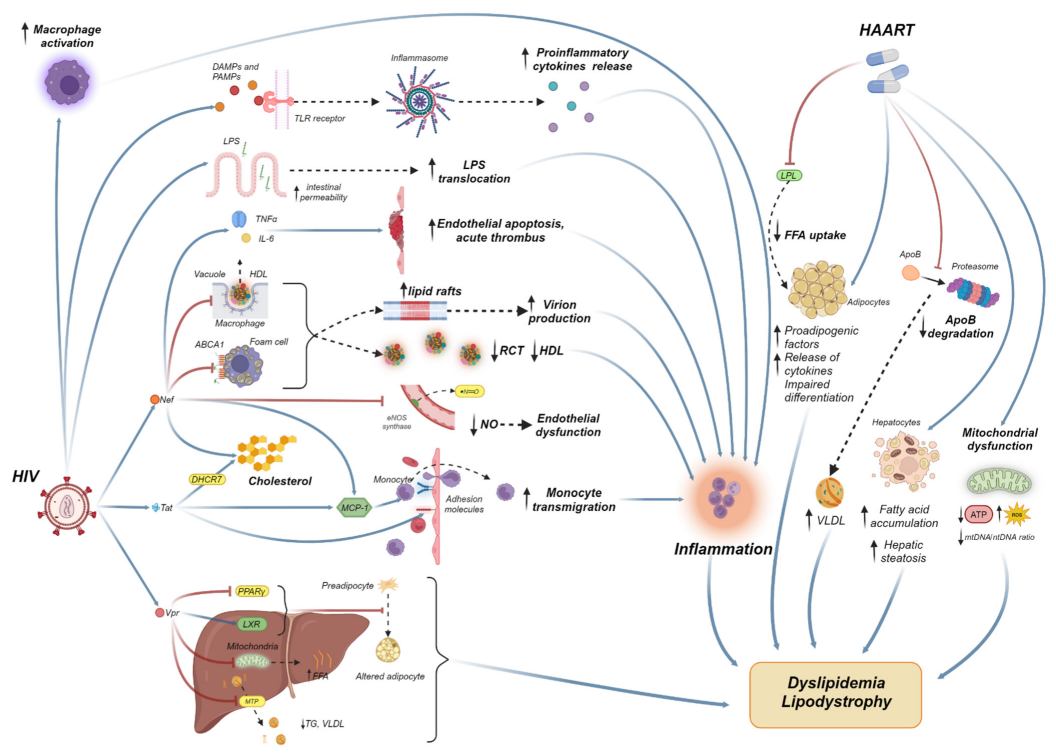
Dyslipidemia is a common metabolic disorder characterized by imbalances in blood lipids that significantly increases the risk of cardiovascular diseases. This...
Learn More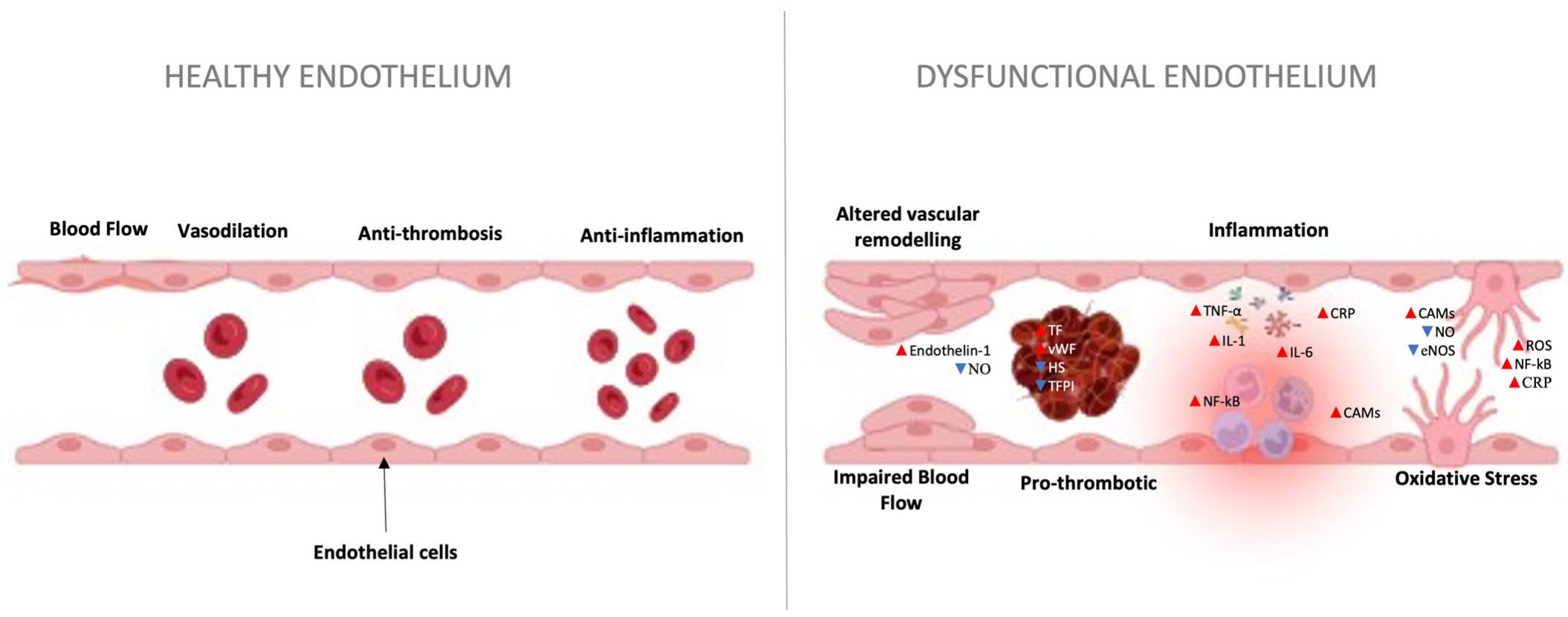
Pulmonary embolism (PE) and deep vein thrombosis (DVT) represent critical cardiovascular emergencies where timely and accurate diagnosis is paramount. This...
Learn More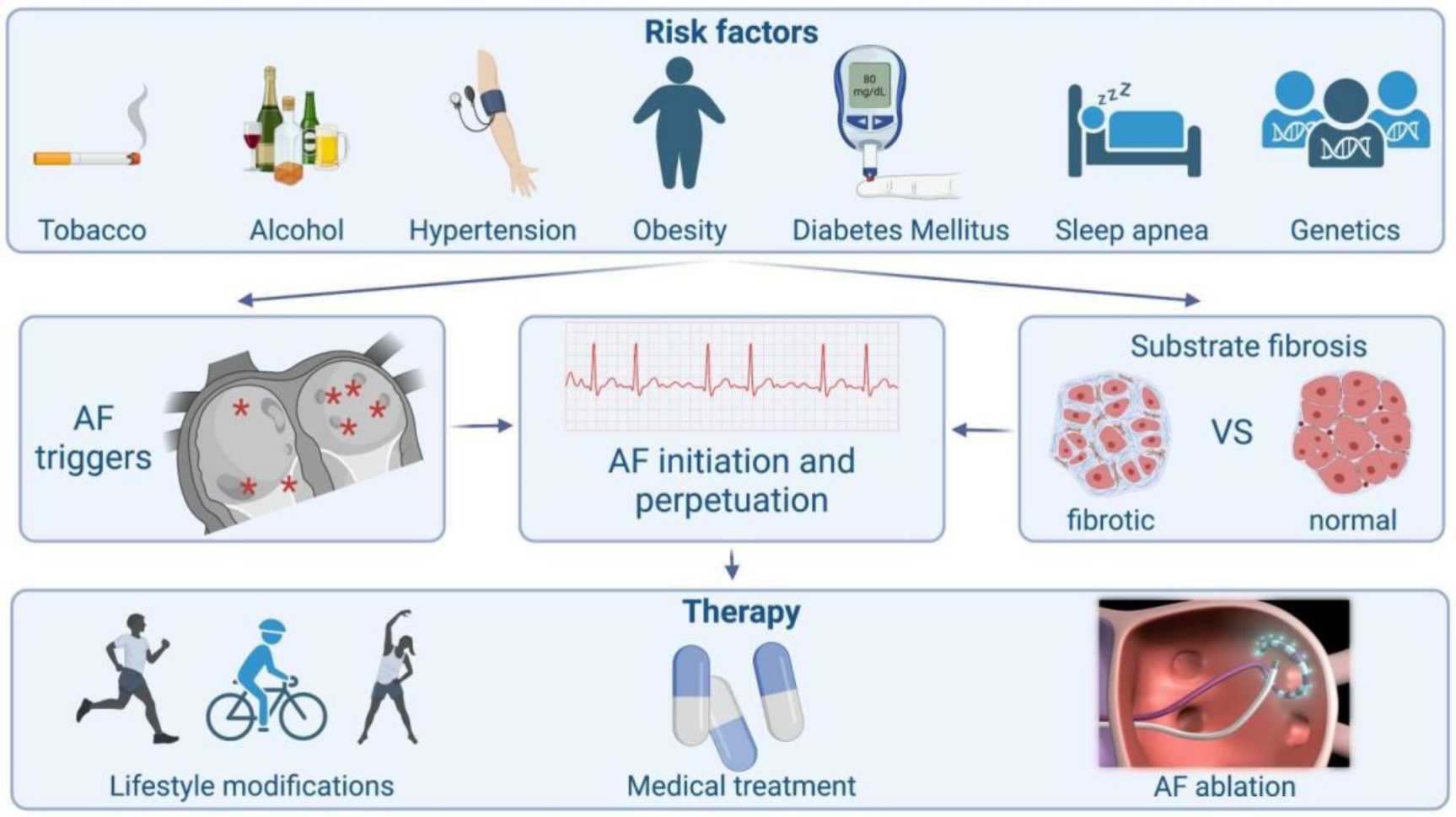
Atrial fibrillation (AFib) is a complex cardiac arrhythmia characterized by irregular electrical activity in the heart's upper chambers, significantly increasing the risk of stroke and heart failure. This...
Learn More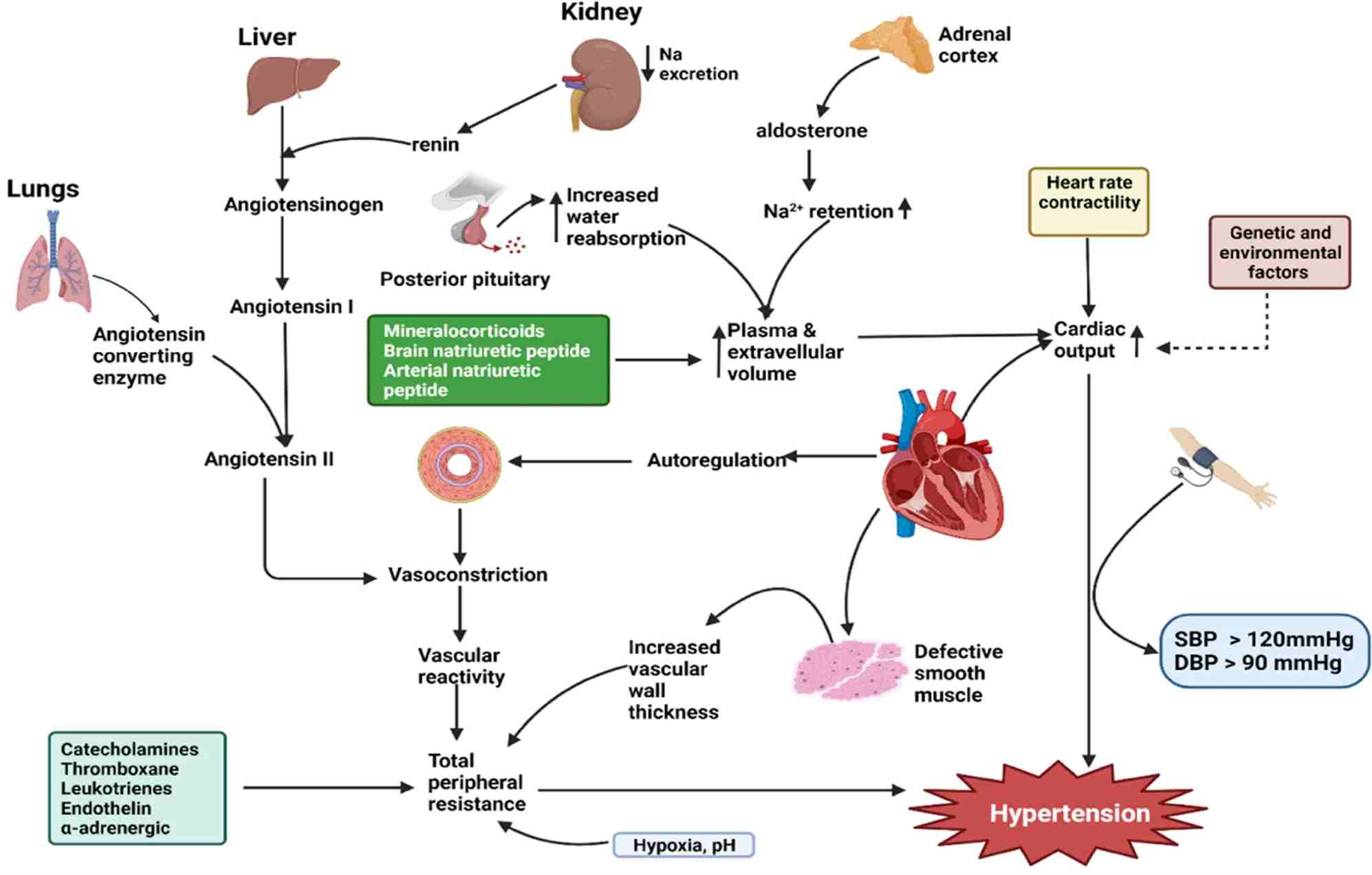
Hypertension is a prevalent cardiovascular condition characterized by persistently elevated blood pressure that significantly increases the risk of heart, brain, and kidney diseases. Thi...
Learn More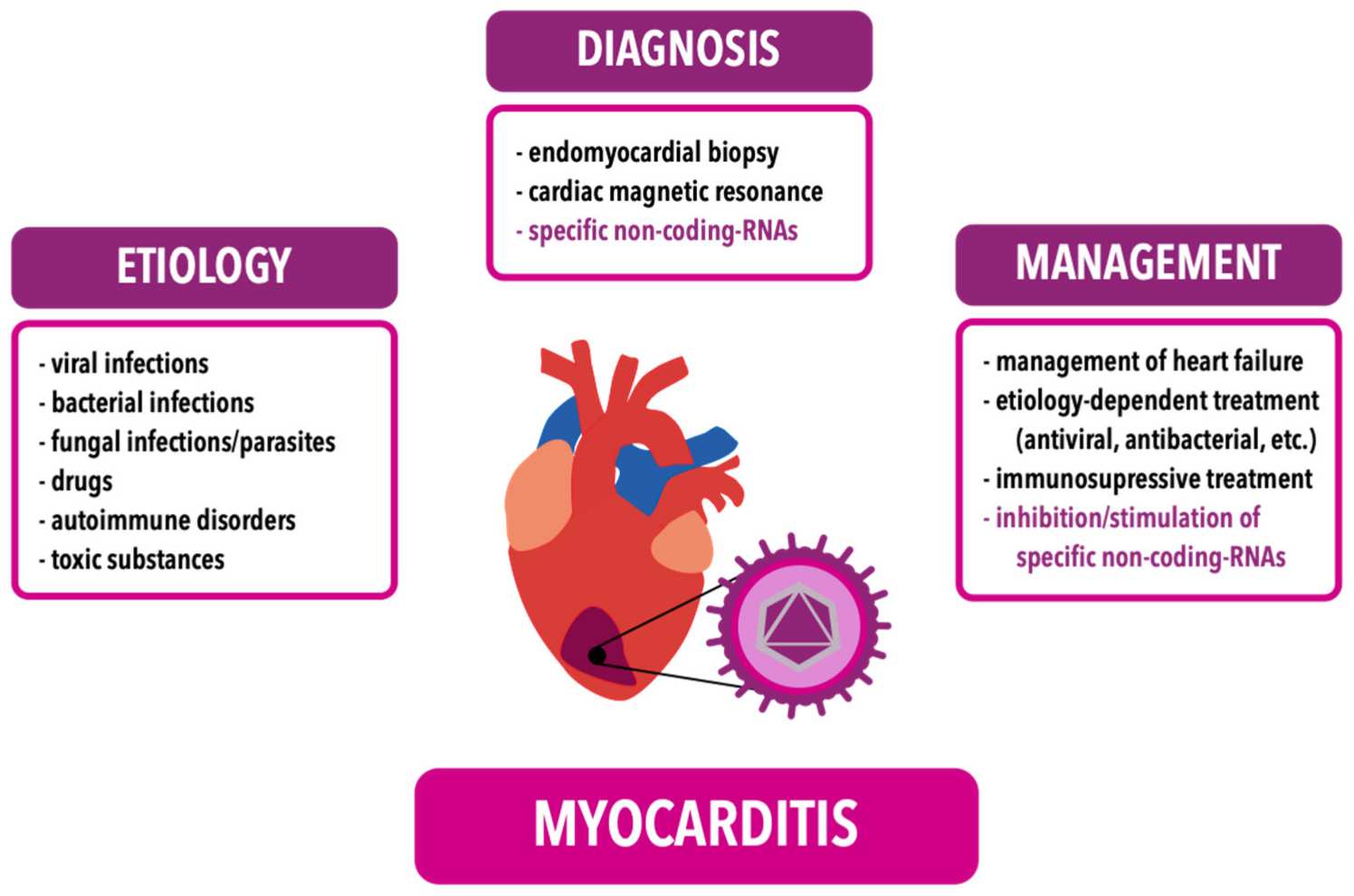
Myocarditis is an inflammatory disease of the heart muscle with a challenging and often non-specific clinical presentation. Thi...
Learn More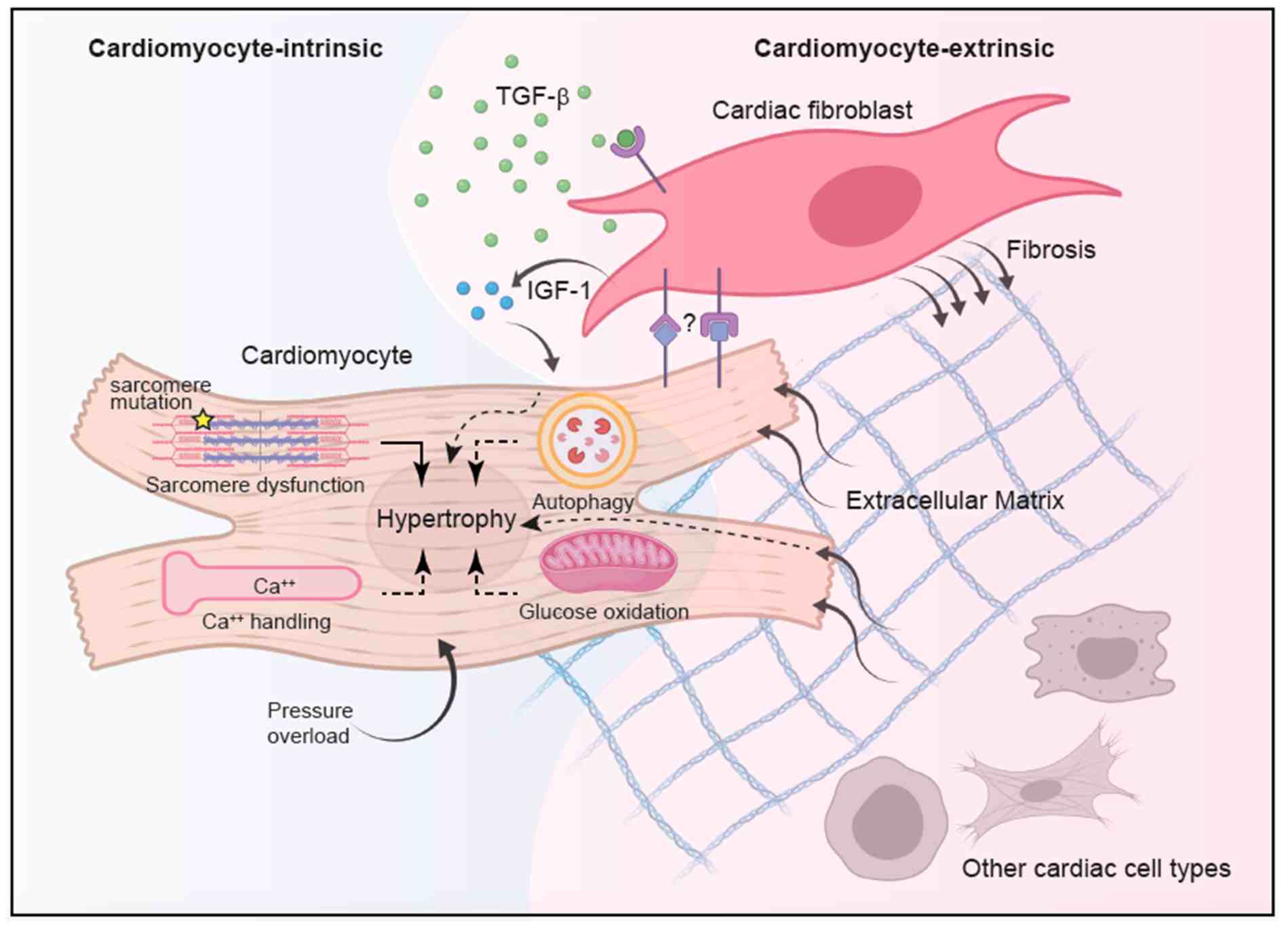
Hypertrophic cardiomyopathy (HCM) is a complex genetic heart disorder characterized by unexplained thickening of the heart muscle, posing significant challenges in diagnosis and risk stratification. Thi...
Learn More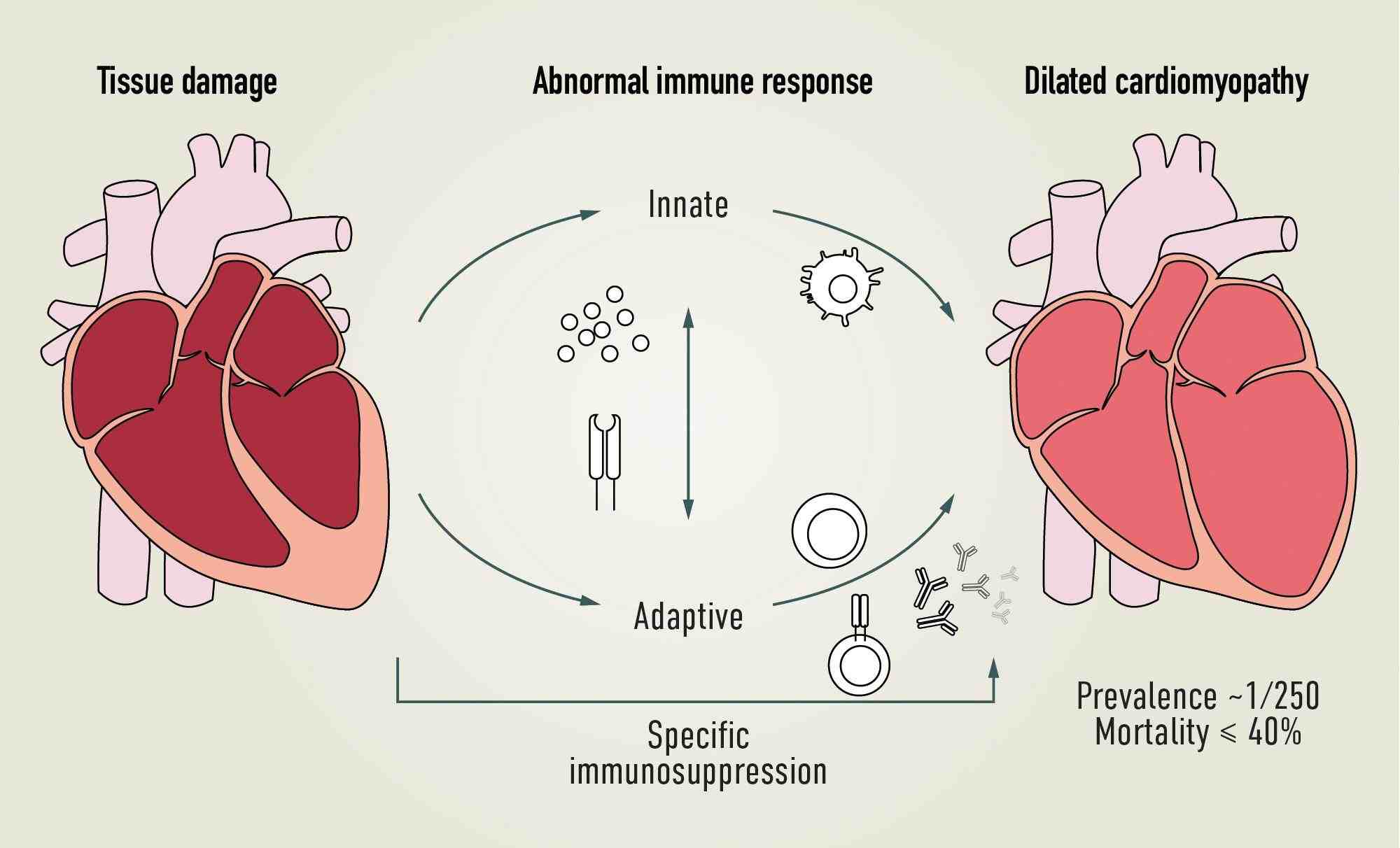
Dilated cardiomyopathy (DCM) is a myocardial disease characterized by ventricular dilation and systolic dysfunction that requires systematic evaluation to determine its underlying etiology. Thi...
Learn More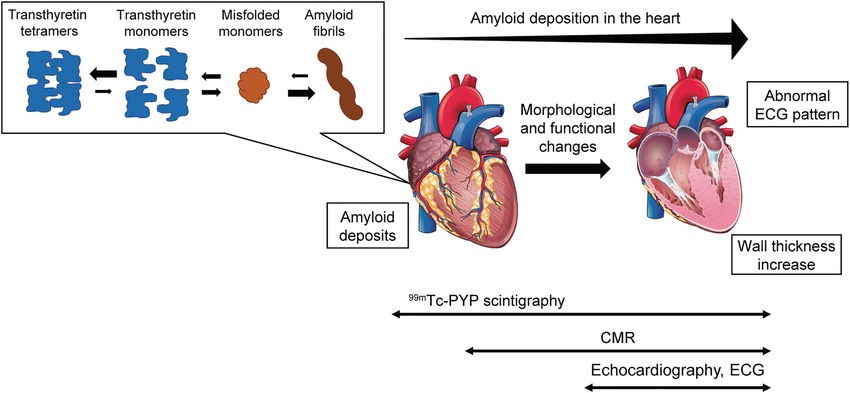
Transthyretin amyloid cardiomyopathy (ATTR-CM) is an underdiagnosed and progressive form of heart failure caused by the deposition of misfolded transthyretin protein in the heart muscle. Thi...
Learn More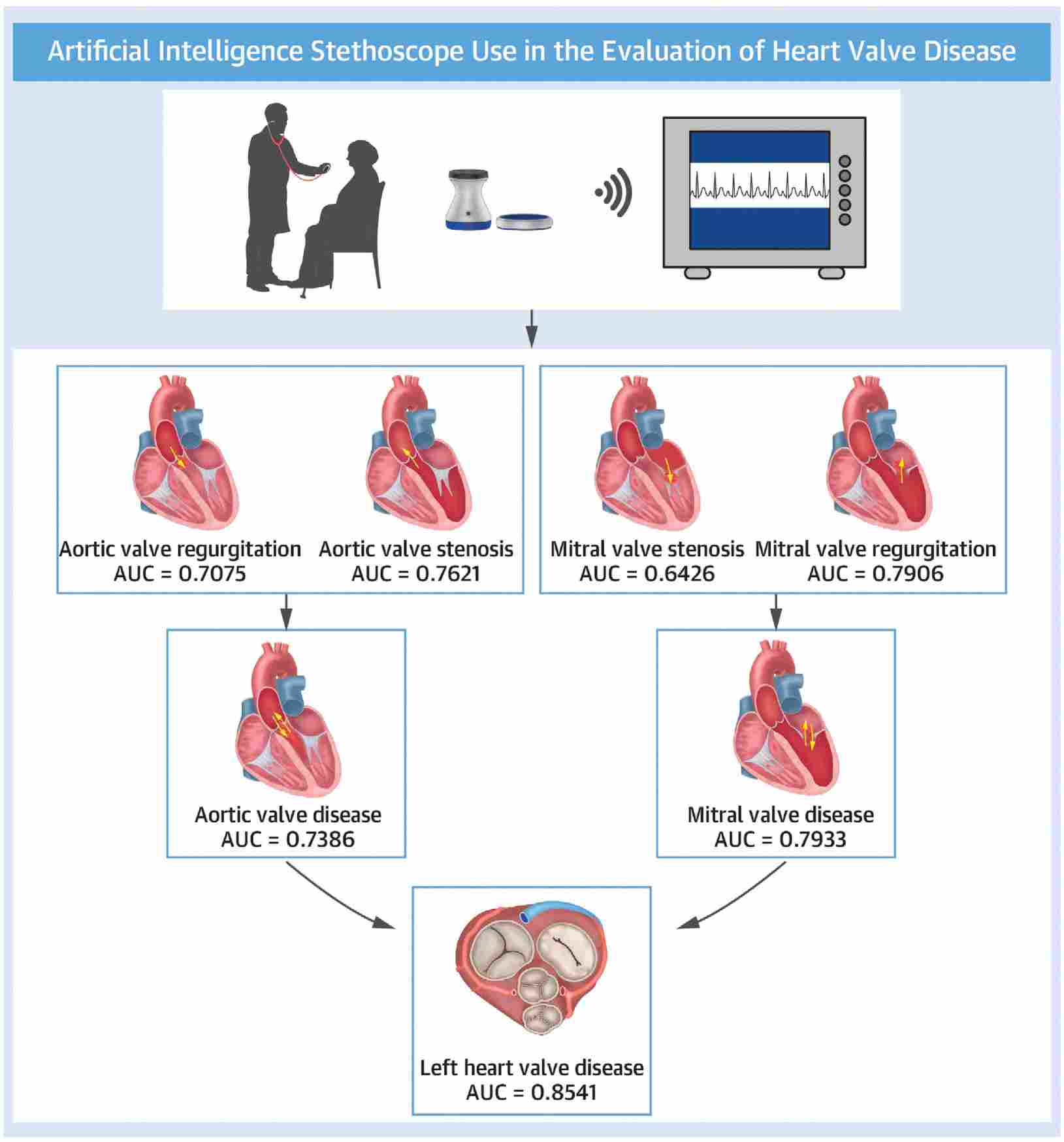
Valvular heart disease involves structural or functional disorders of the heart valves that disrupt normal blood flow, potentially leading to severe cardiovascular complications. Thi...
Learn More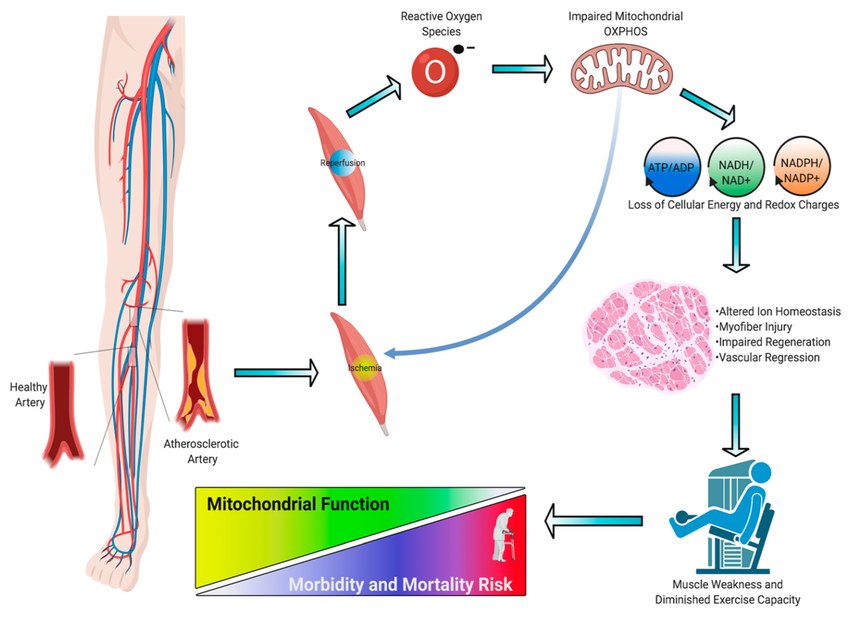
Peripheral artery disease (PAD) is a prevalent circulatory disorder characterized by atherosclerotic narrowing of peripheral arteries, most commonly affecting the lower extremities. Thi...
Learn More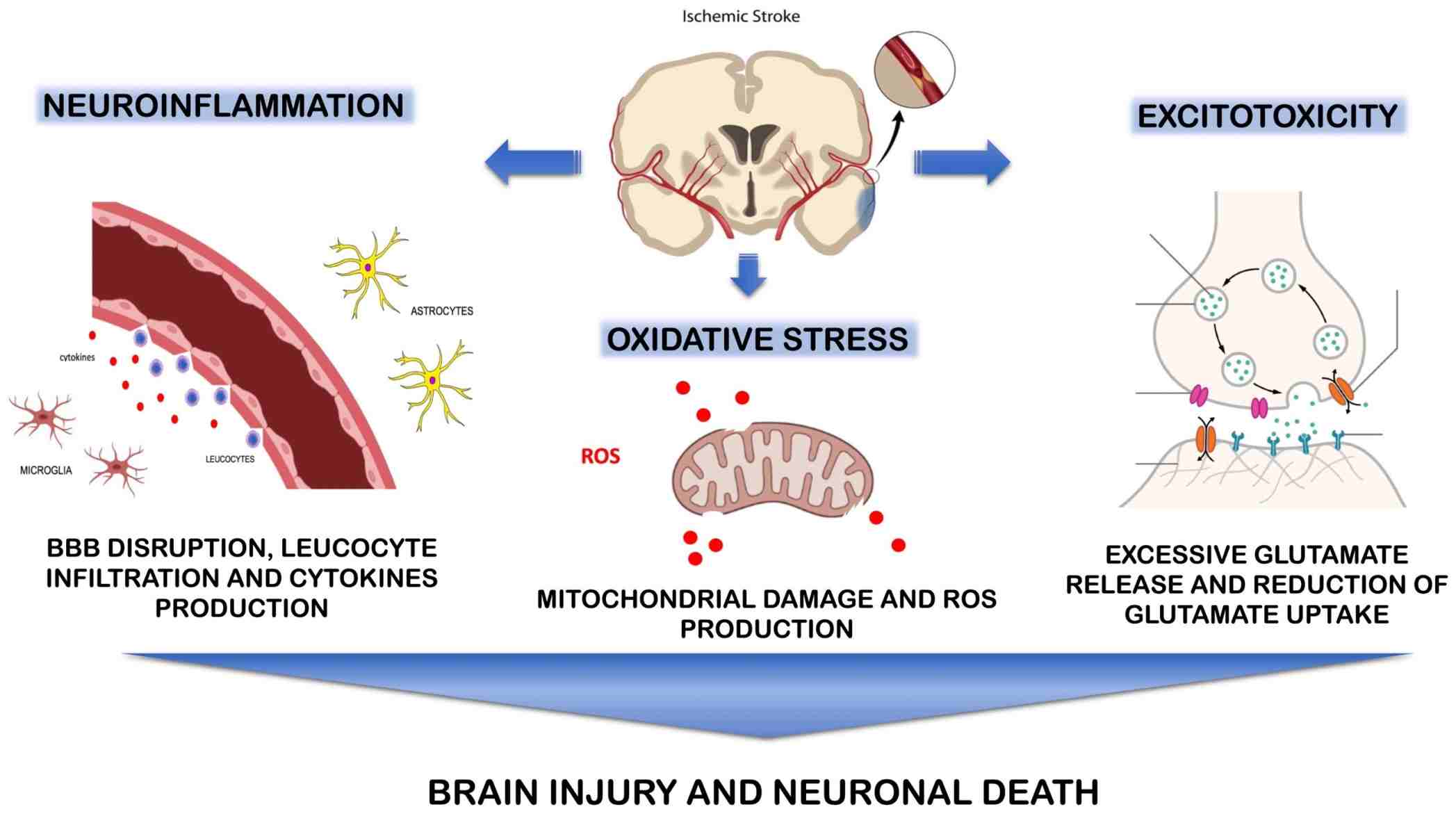
Stroke is a time-critical medical emergency caused by interrupted blood flow to the brain, requiring rapid diagnosis to prevent irreversible damage and improve patient outcomes. Thi...
Learn More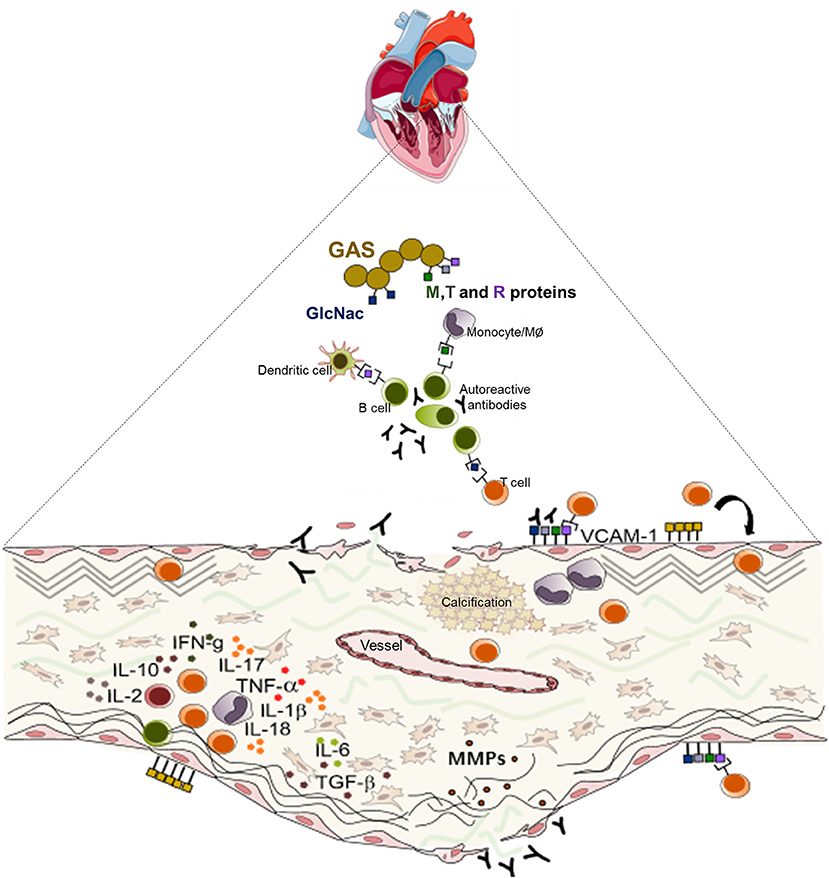
Rheumatic heart disease (RHD) is a preventable yet devastating chronic condition resulting from heart valve damage caused by acute rheumatic fever, an autoimmune response to a group A streptococcal infection. Thi...
Learn More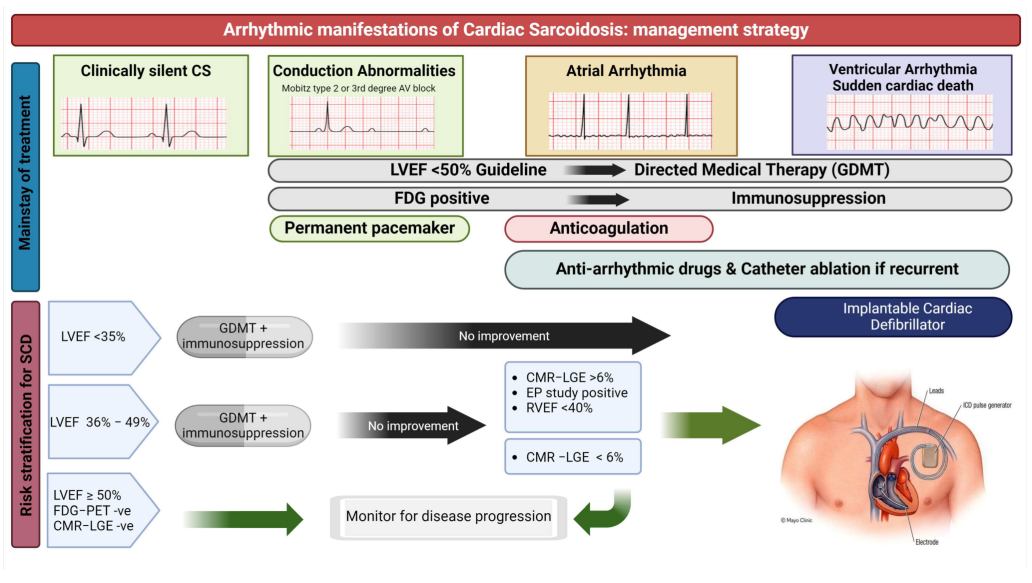
Cardiac sarcoidosis is a challenging inflammatory condition characterized by granuloma formation in the heart, often presenting with non-specific symptoms that complicate timely diagnosis. Thi...
Learn More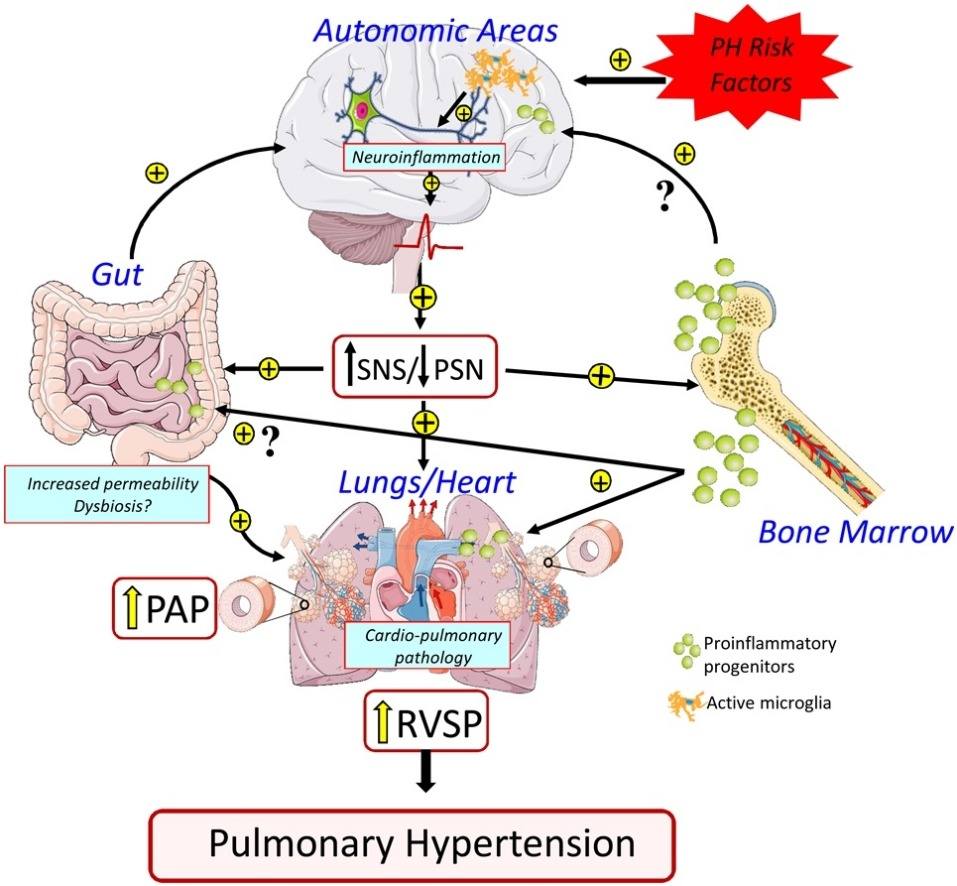
Pulmonary hypertension (PH) represents a complex hemodynamic disorder characterized by elevated blood pressure in the pulmonary circulation, leading to progressive right heart failure. Thi...
Learn More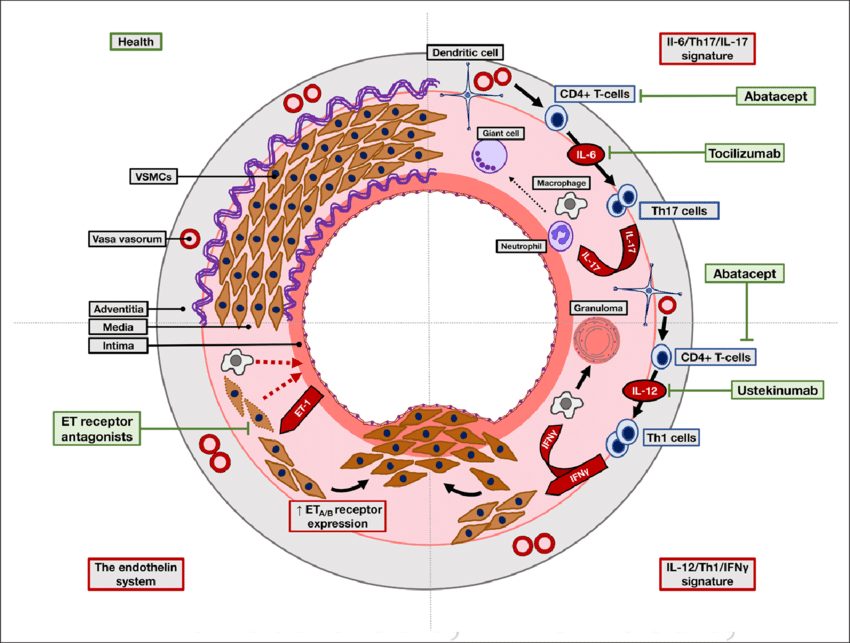
Vasculitis represents a group of autoimmune disorders characterized by inflammation and damage to blood vessels, leading to diverse clinical manifestations across multiple organ systems. Thi...
Learn More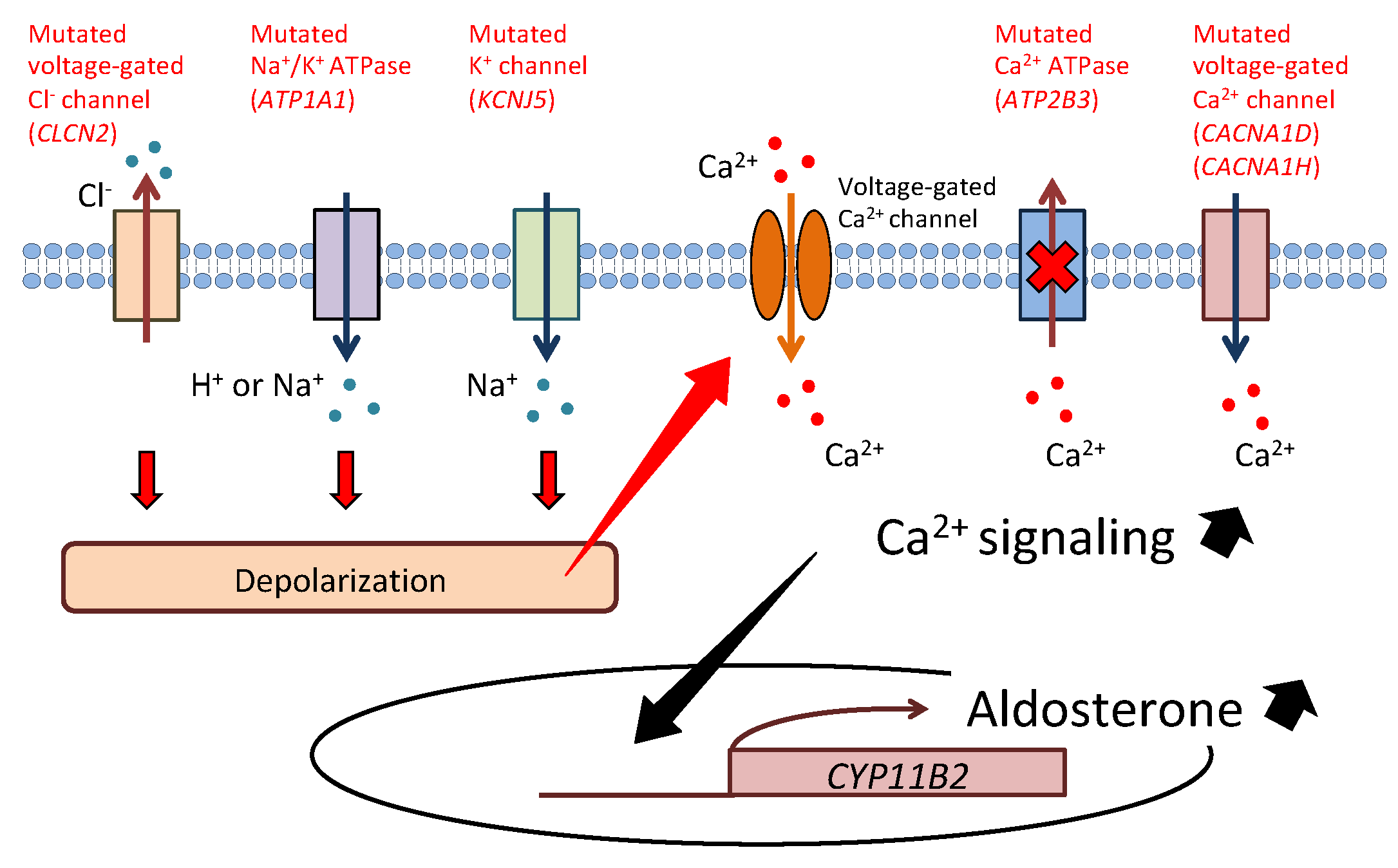
Primary aldosteronism (PA) is a common, yet frequently overlooked, endocrine form of hypertension characterized by the autonomous overproduction of aldosterone, leading to significant cardiovascular and renal risks if left undiagnosed. This comprehensive...
Learn More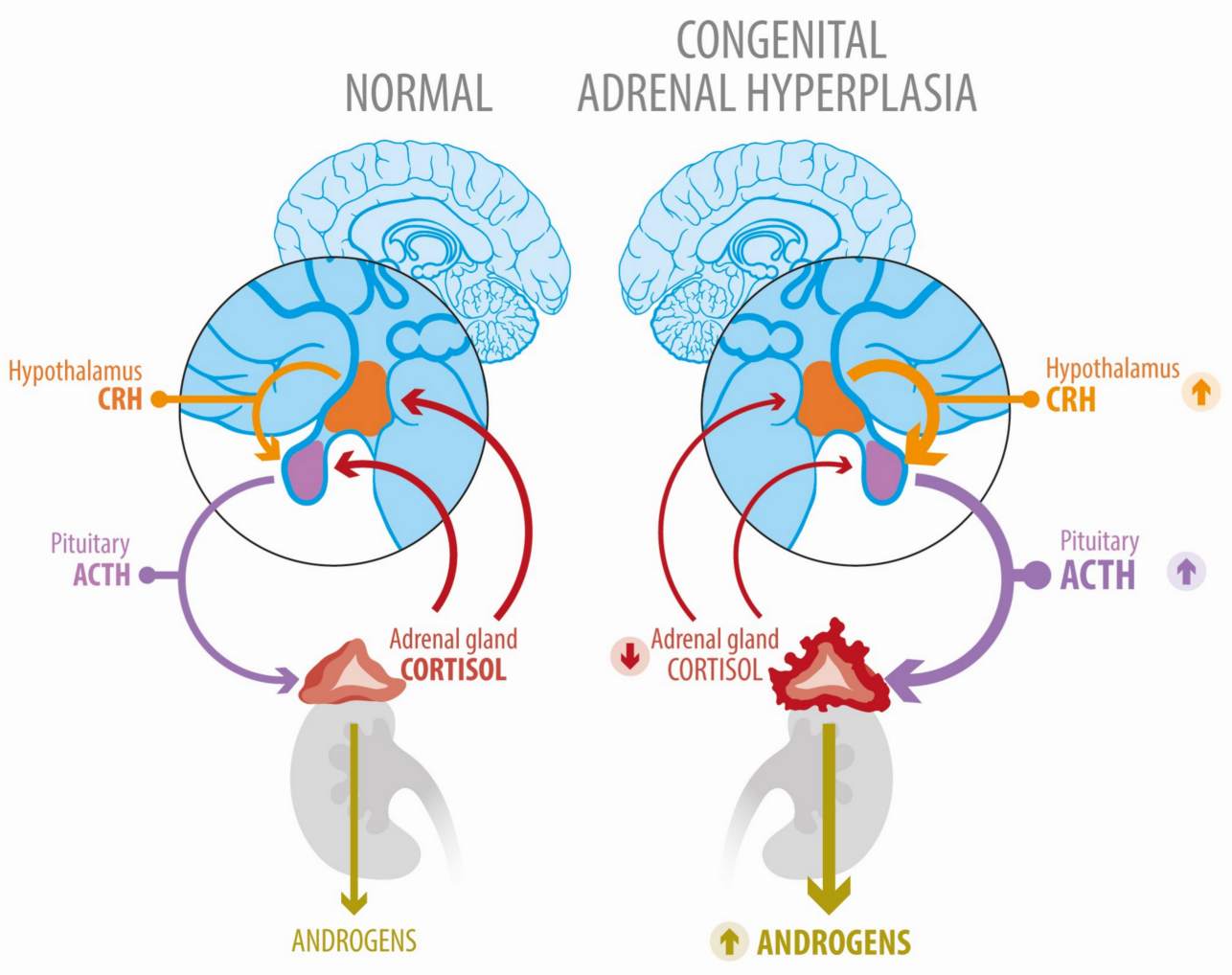
Congenital adrenal hyperplasia (CAH) is a group of inherited disorders characterized by enzyme deficiencies in cortisol synthesis, leading to a complex hormonal imbalance with potentially life-threatening consequences. This resource...
Learn More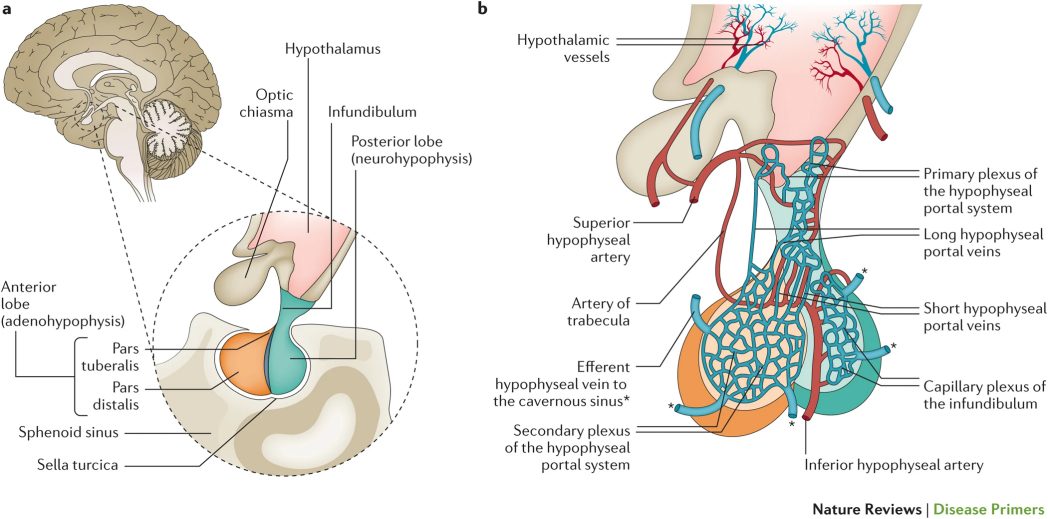
Hypopituitarism is defined by deficient secretion of one or more pituitary hormones. This resource outlines the structured diagnostic pathway for this condition, beginning with the initial clinical and biochemical evaluation. It details...
Learn More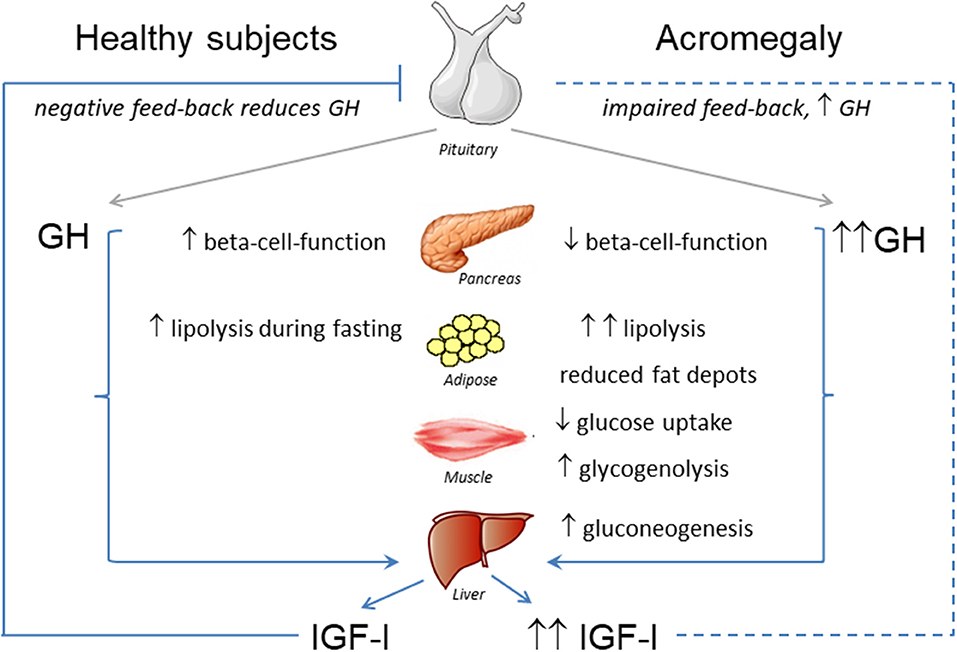
Acromegaly and gigantism are clinical disorders resulting from chronic excess of growth hormone (GH), leading to progressive somatic changes and systemic complications. This resource details...
Learn More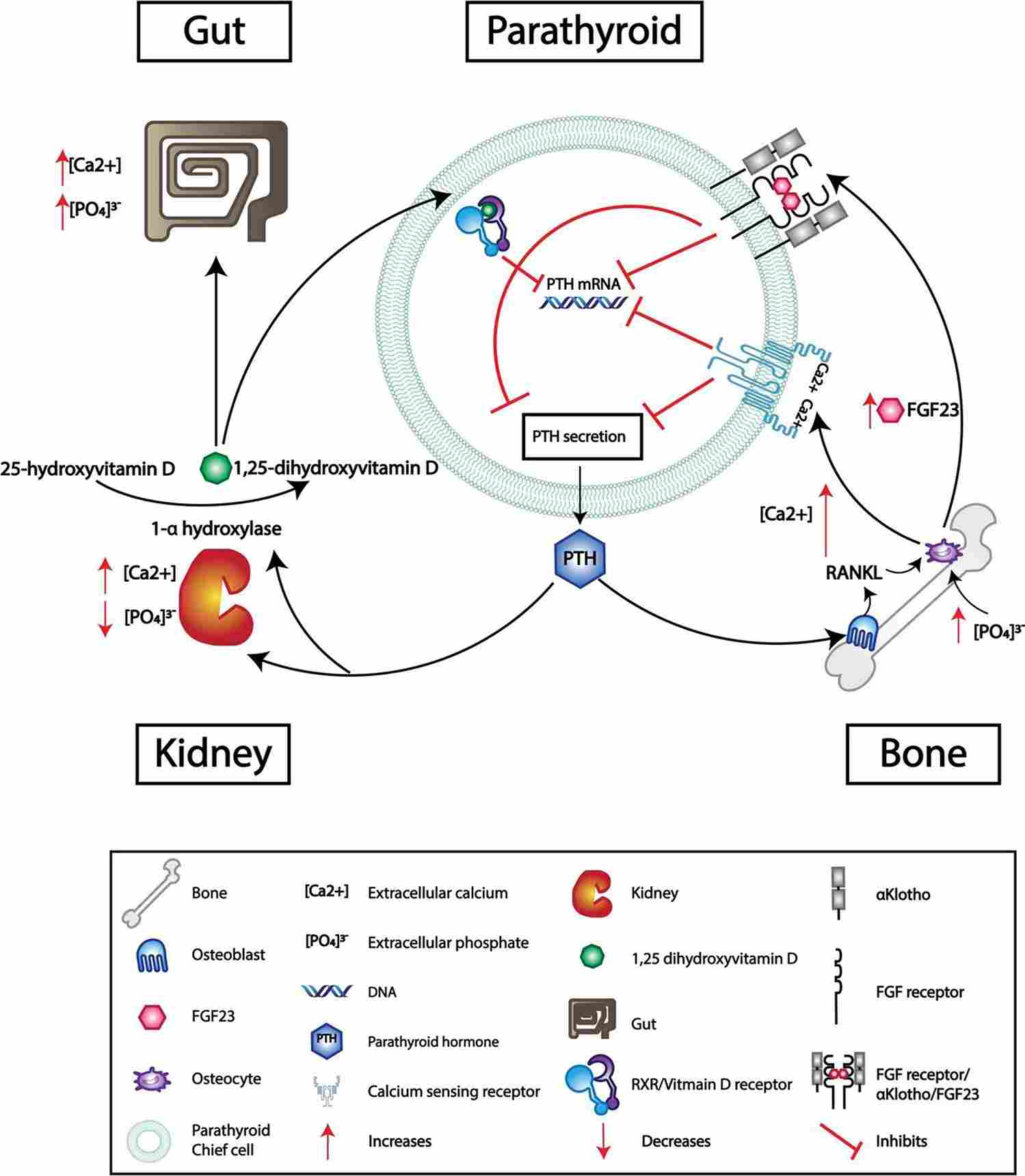
Primary hyperparathyroidism (PHPT) is a common endocrine disorder characterized by autonomous overproduction of parathyroid hormone (PTH), leading to hypercalcemia and a spectrum of potential complications. This resource...
Learn More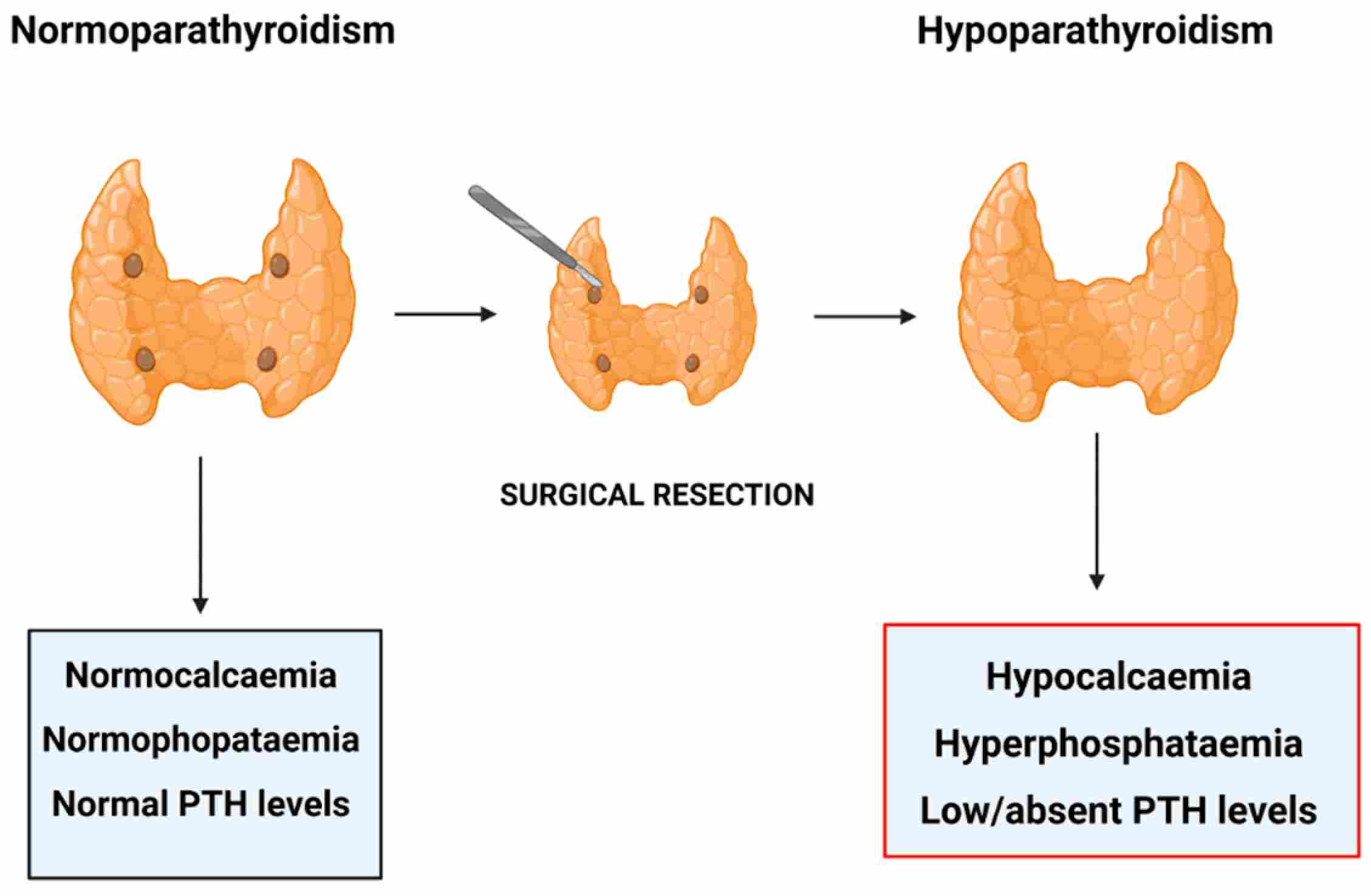
Hypoparathyroidism is an endocrine disorder defined by deficient parathyroid hormone (PTH) production, leading to hypocalcemia, hyperphosphatemia, and a range of clinical symptoms. This resource...
Learn More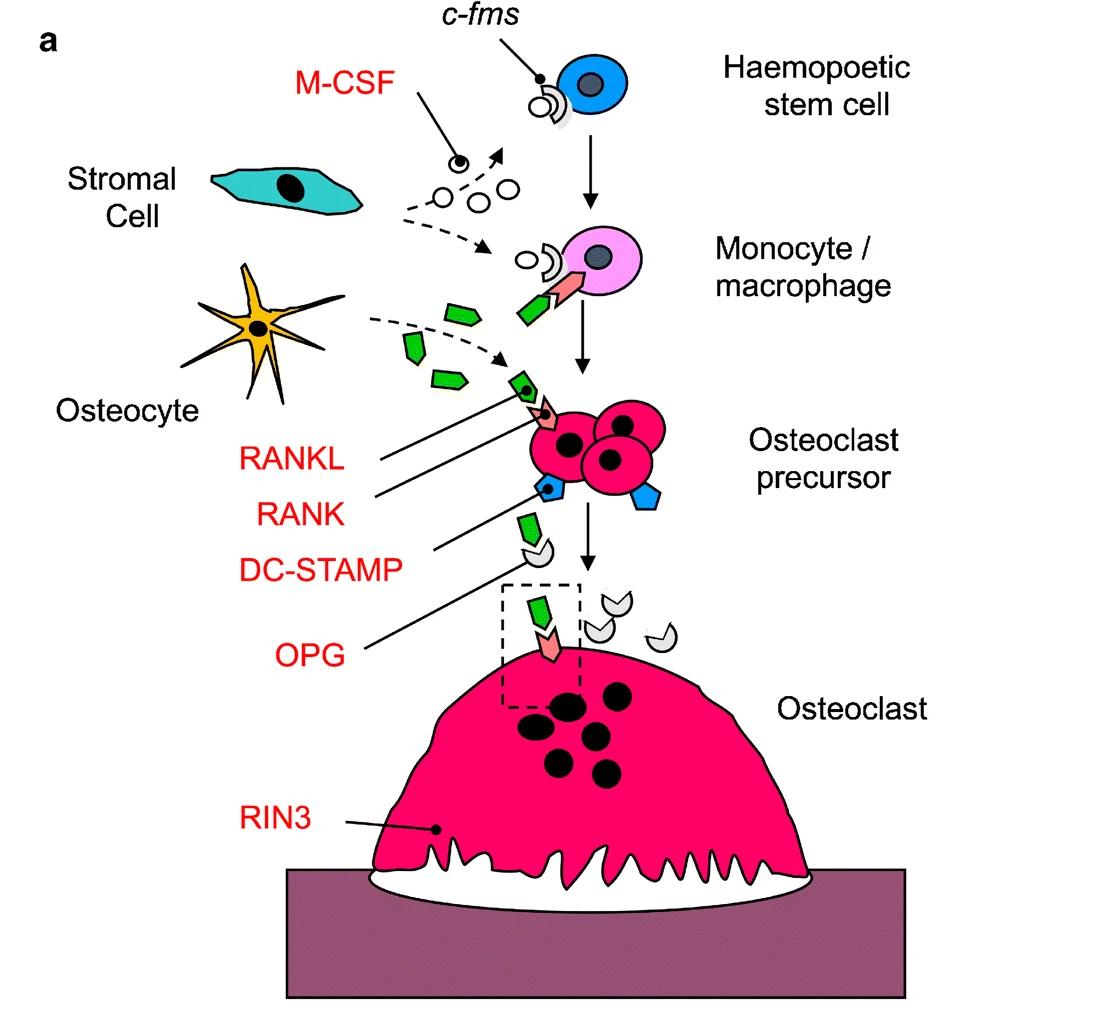
Paget's disease of bone is a chronic focal skeletal disorder characterized by accelerated and disorganized bone remodeling. This resource outlines a clear, integrated diagnostic pathway for the condition, detailing how...
Learn More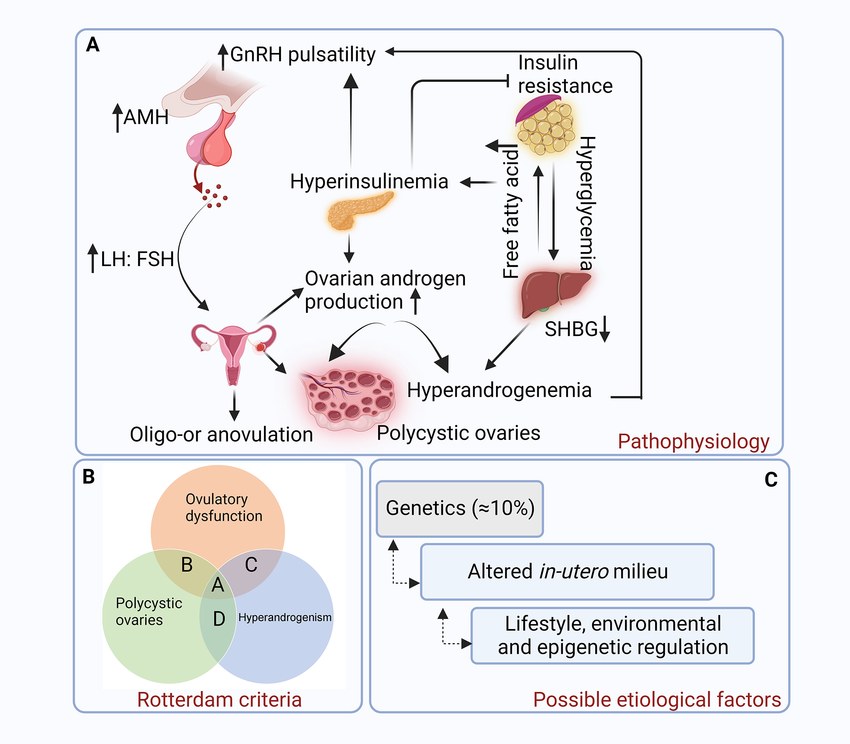
Polycystic ovary syndrome (PCOS) is a common and complex endocrine disorder characterized by a triad of hyperandrogenism, ovulatory dysfunction, and polycystic ovarian morphology. This resource outlines...
Learn More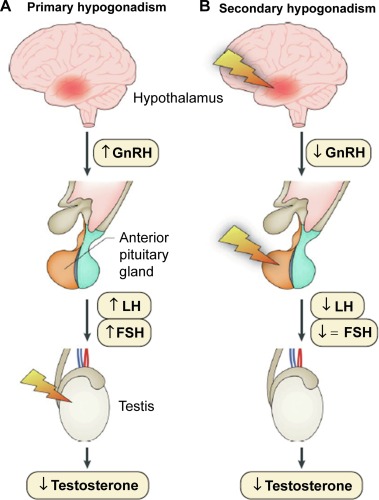
Male hypogonadism is a clinical syndrome caused by insufficient testosterone production, encompassing multiple aspects including sexual function, physiology, metabolism, and mental health. This resource will...
Learn More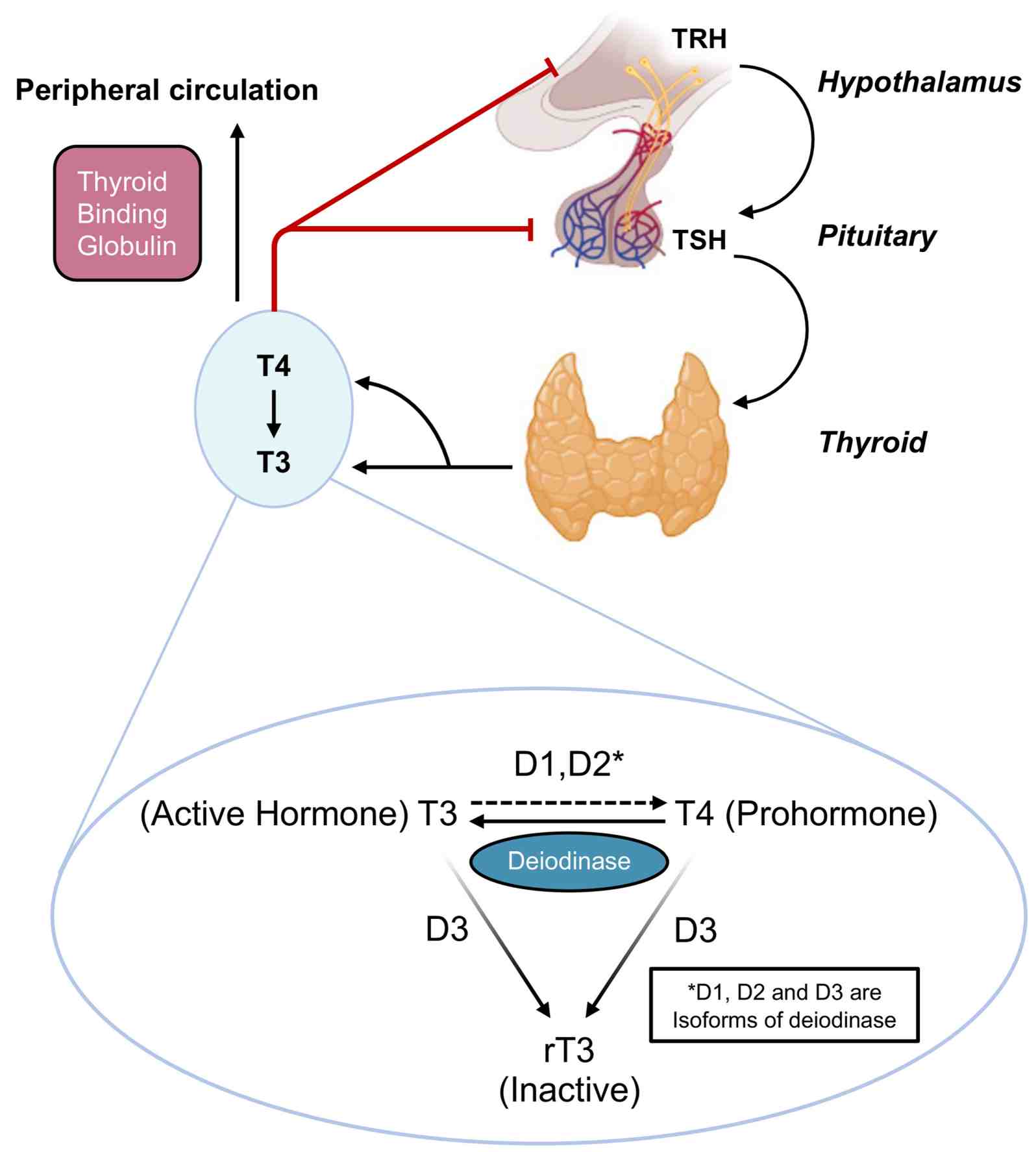
Hypothyroidism is a prevalent endocrine disorder characterized by deficient production of thyroid hormones, leading to a broad spectrum of symptoms that often complicate diagnosis. Thi...
Learn More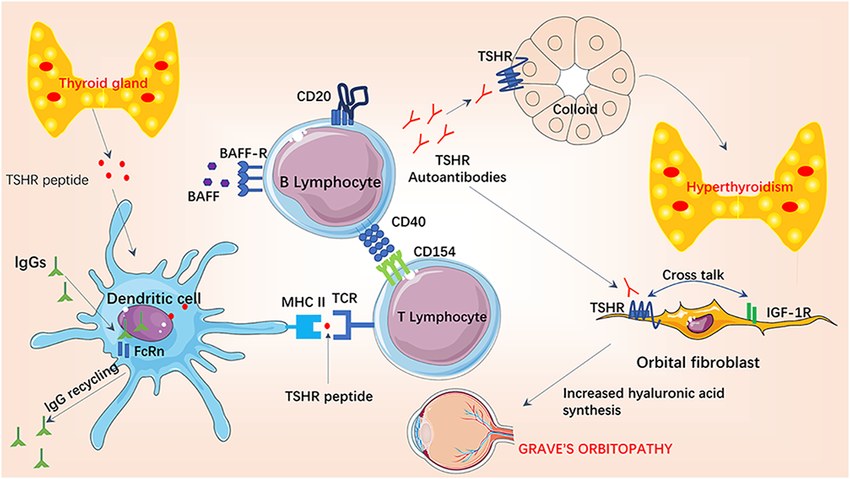
Hyperthyroidism is a metabolic disorder characterized by excessive thyroid hormone production, leading to a wide range of symptoms from palpitations to weight loss. Thi...
Learn More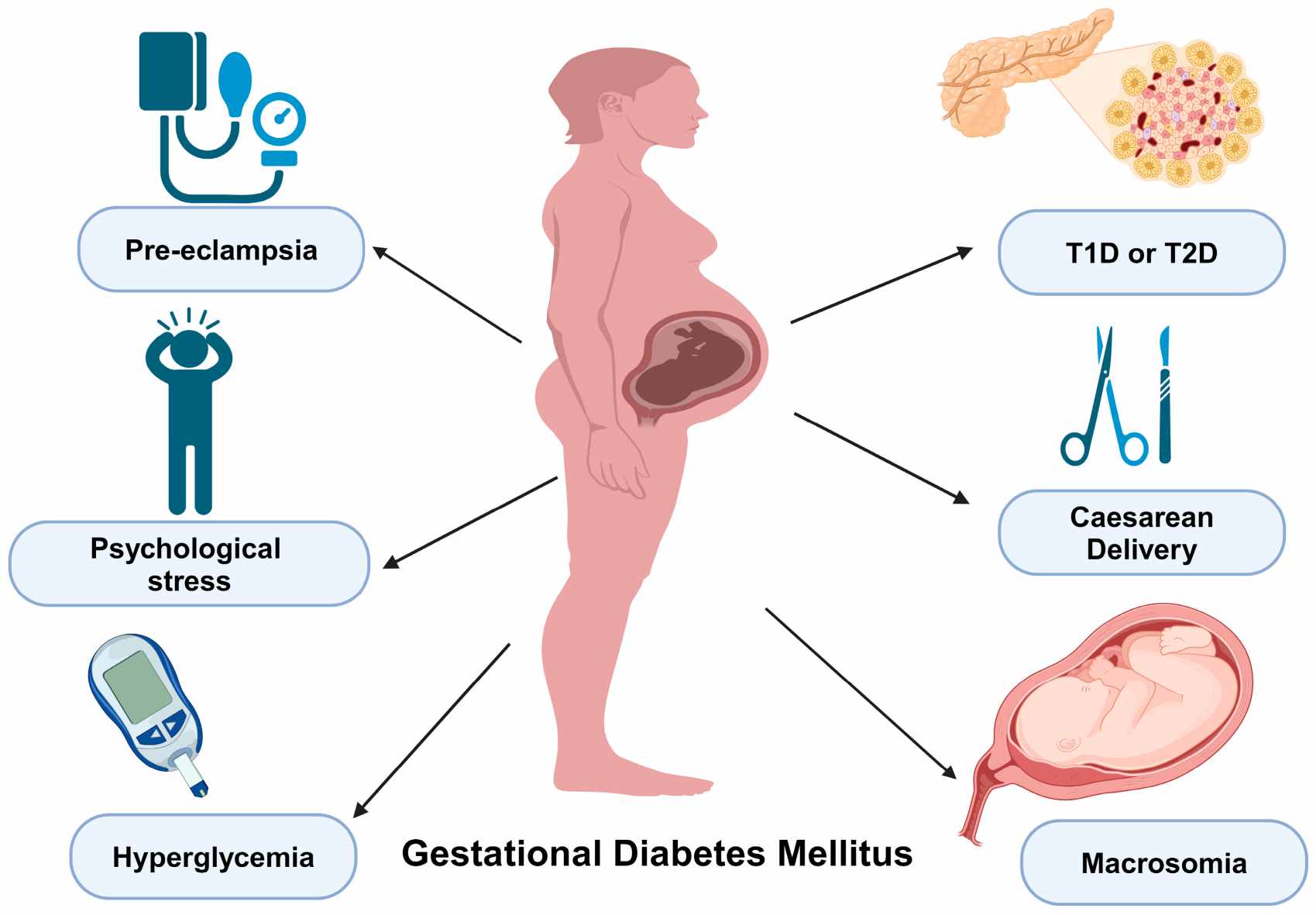
Gestational diabetes mellitus (GDM) is a condition characterized by glucose intolerance that first develops or is identified during pregnancy, posing significant health considerations for both mother and baby. Thi...
Learn More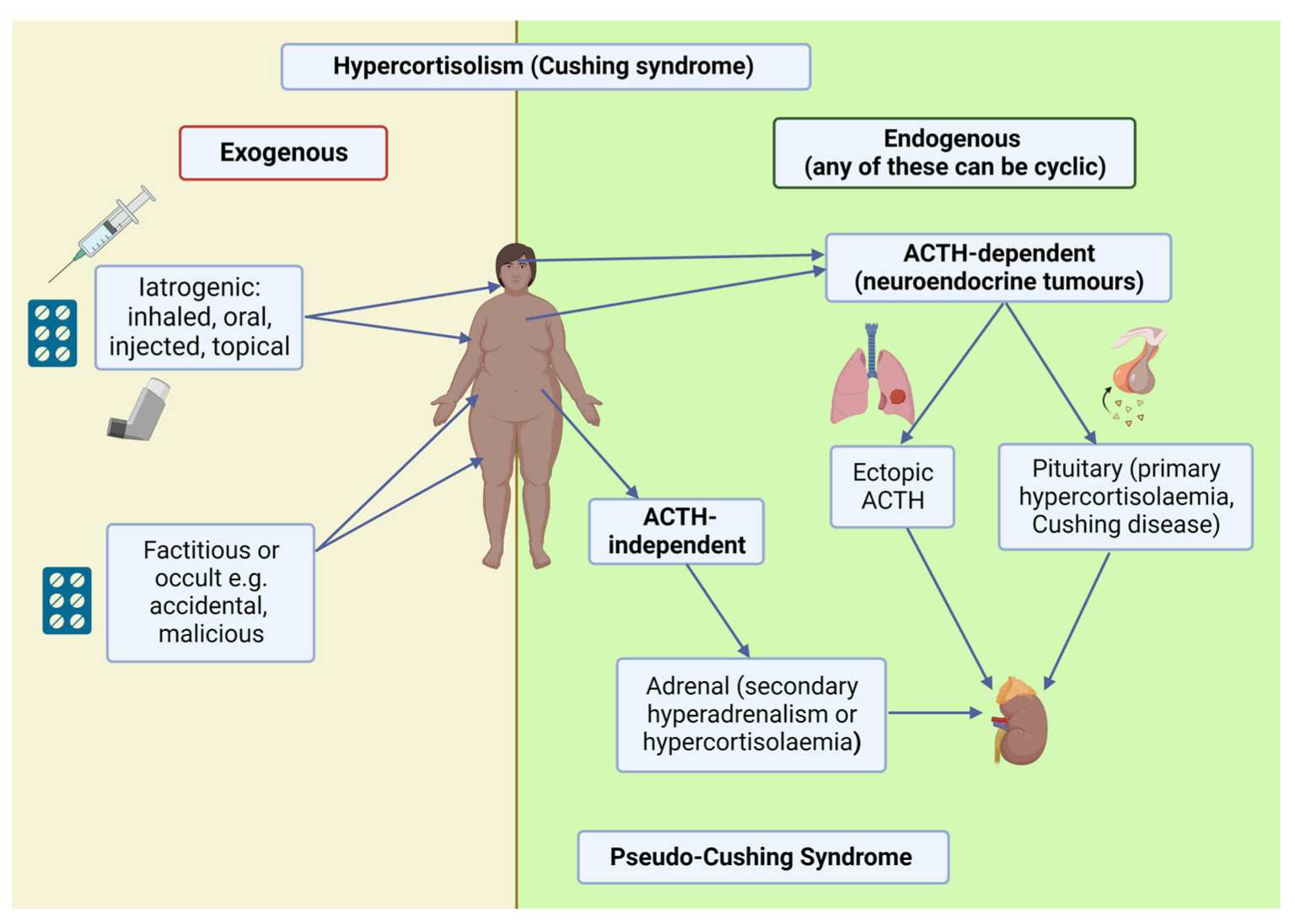
Cushing's syndrome is an endocrine disorder characterized by chronic exposure to excess cortisol, leading to a complex array of metabolic and physical manifestations. Thi...
Learn More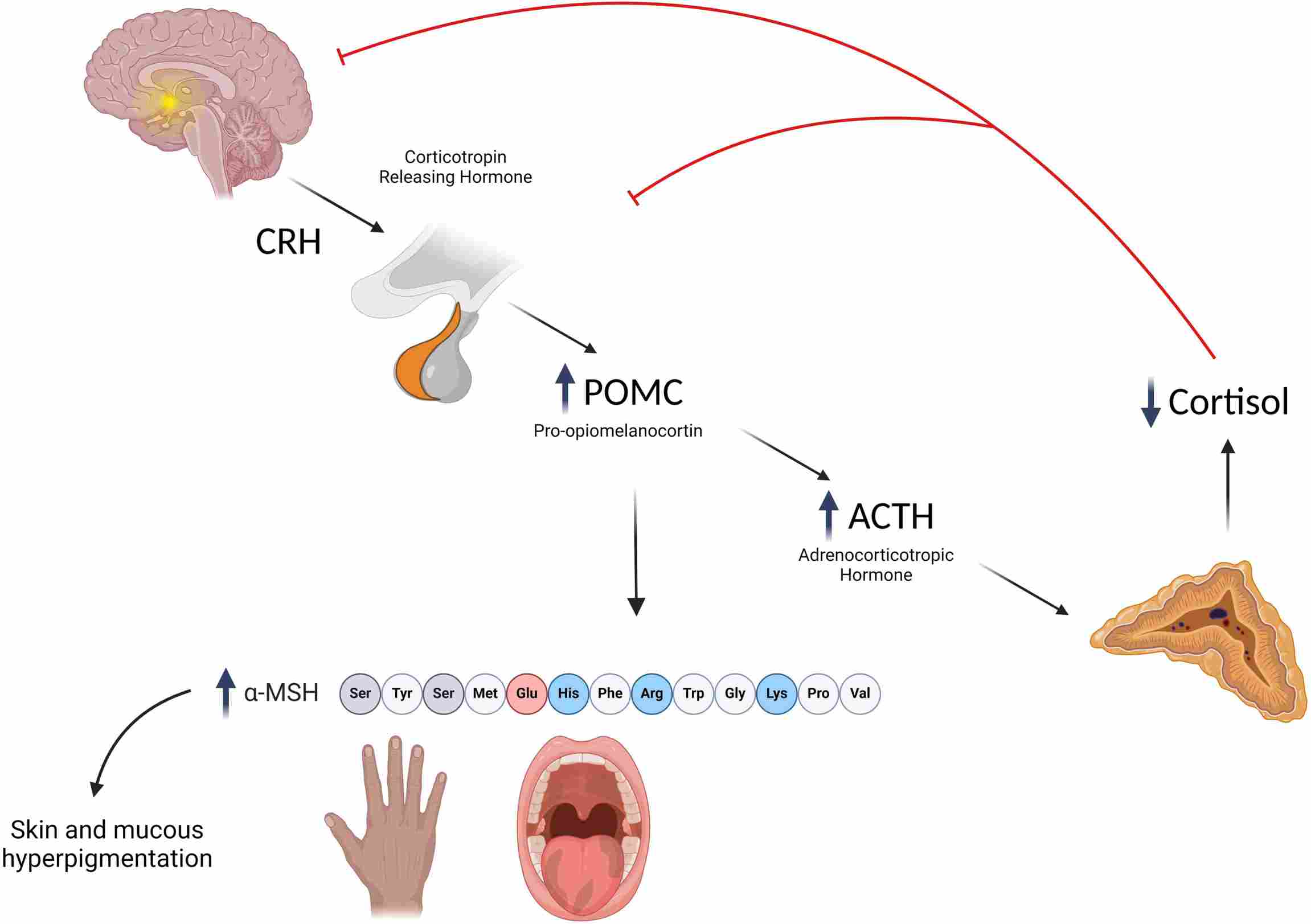
Addison's disease is a rare but serious endocrine disorder characterized by insufficient production of adrenal hormones, primarily cortisol and aldosterone. Thi...
Learn More|
There is no product in your cart. |